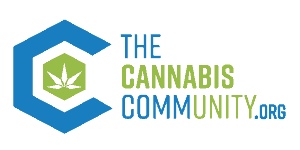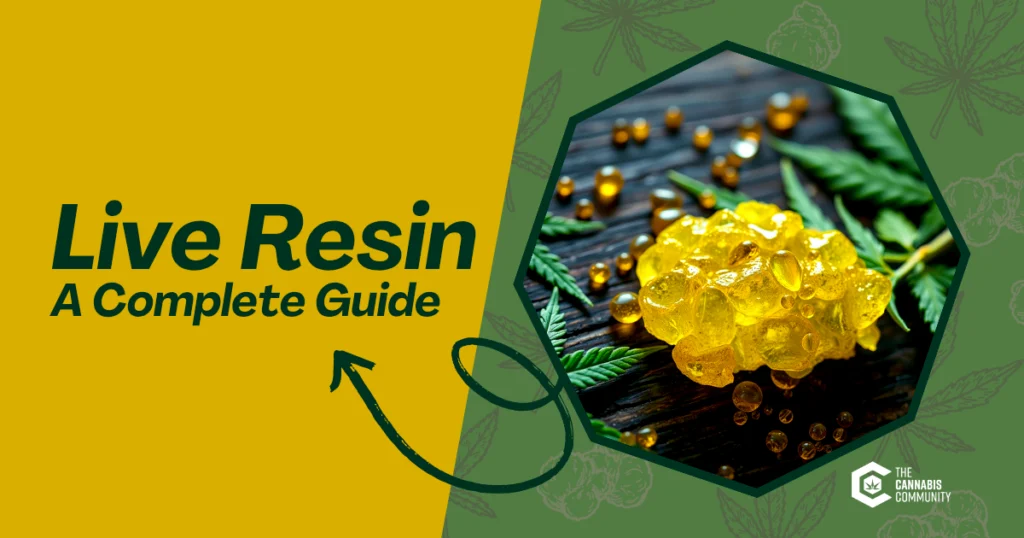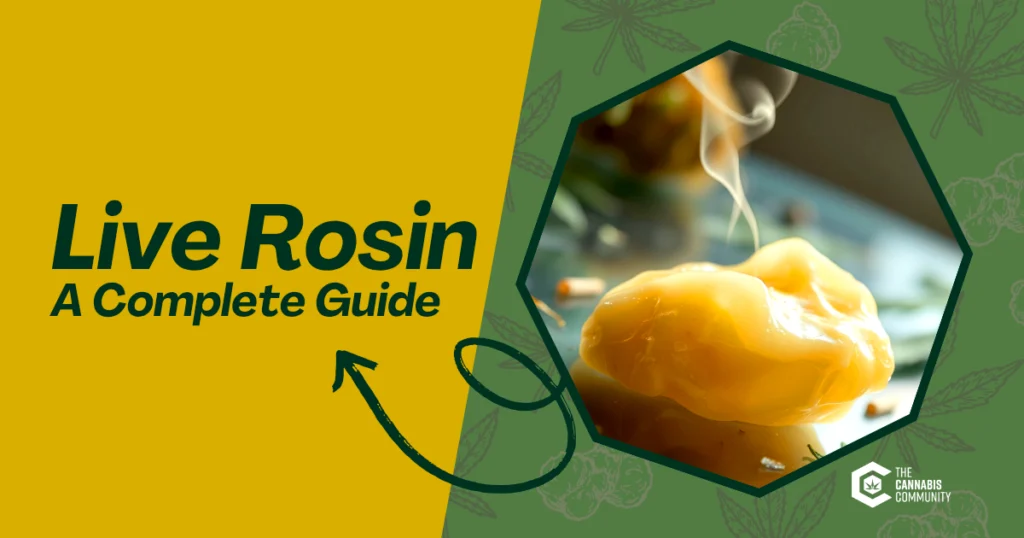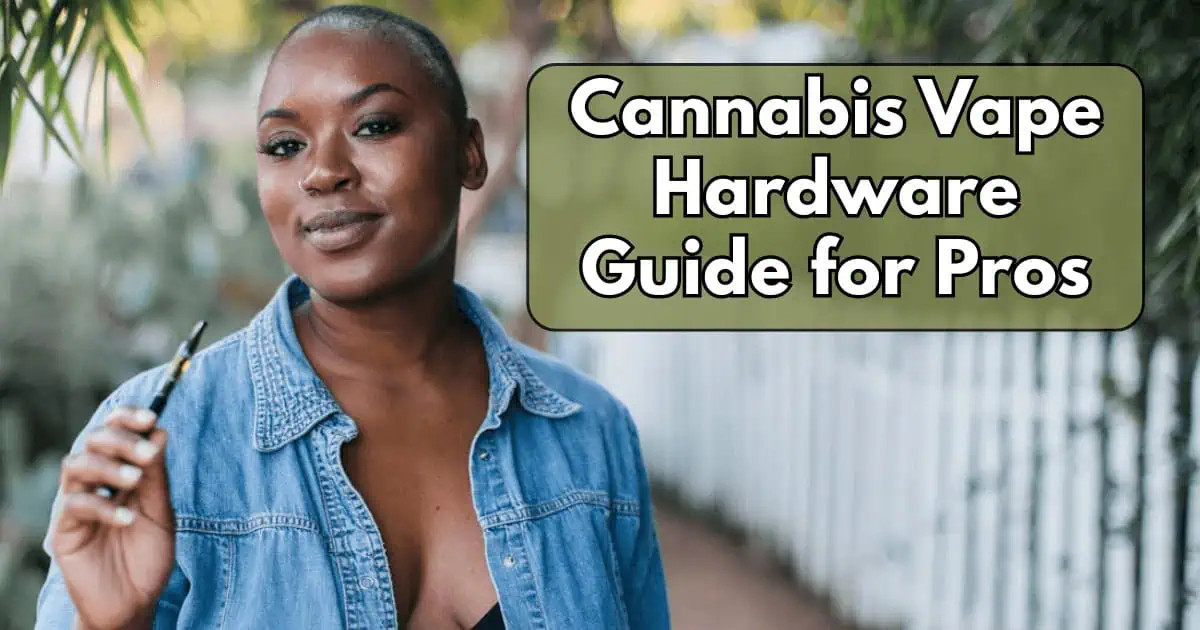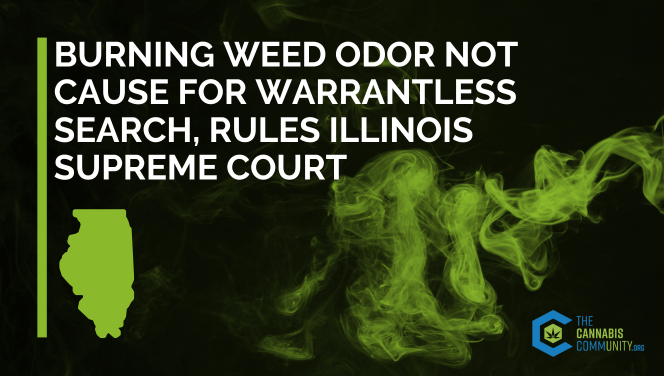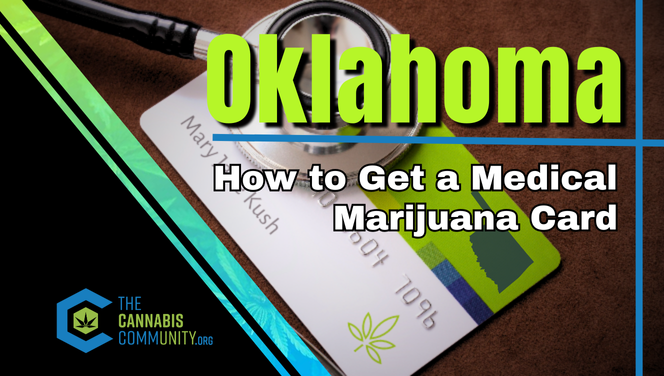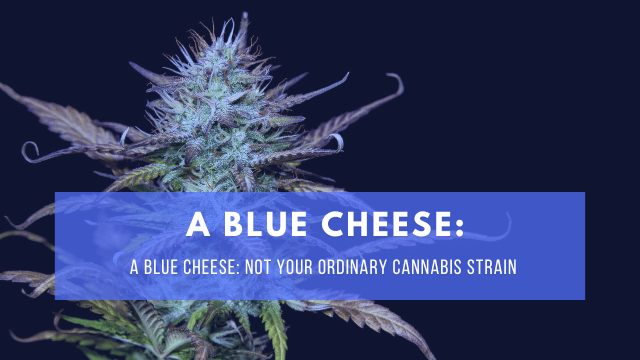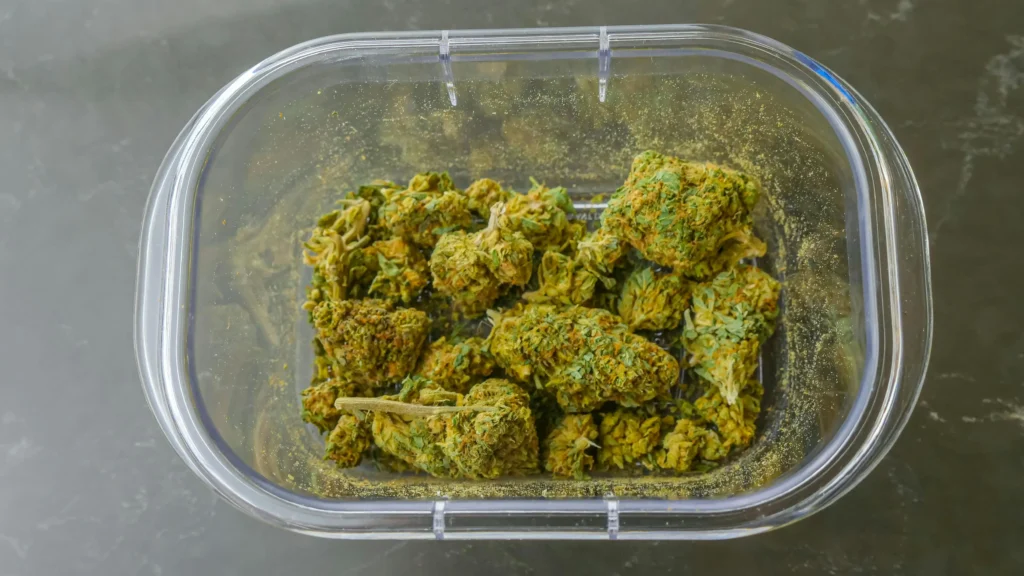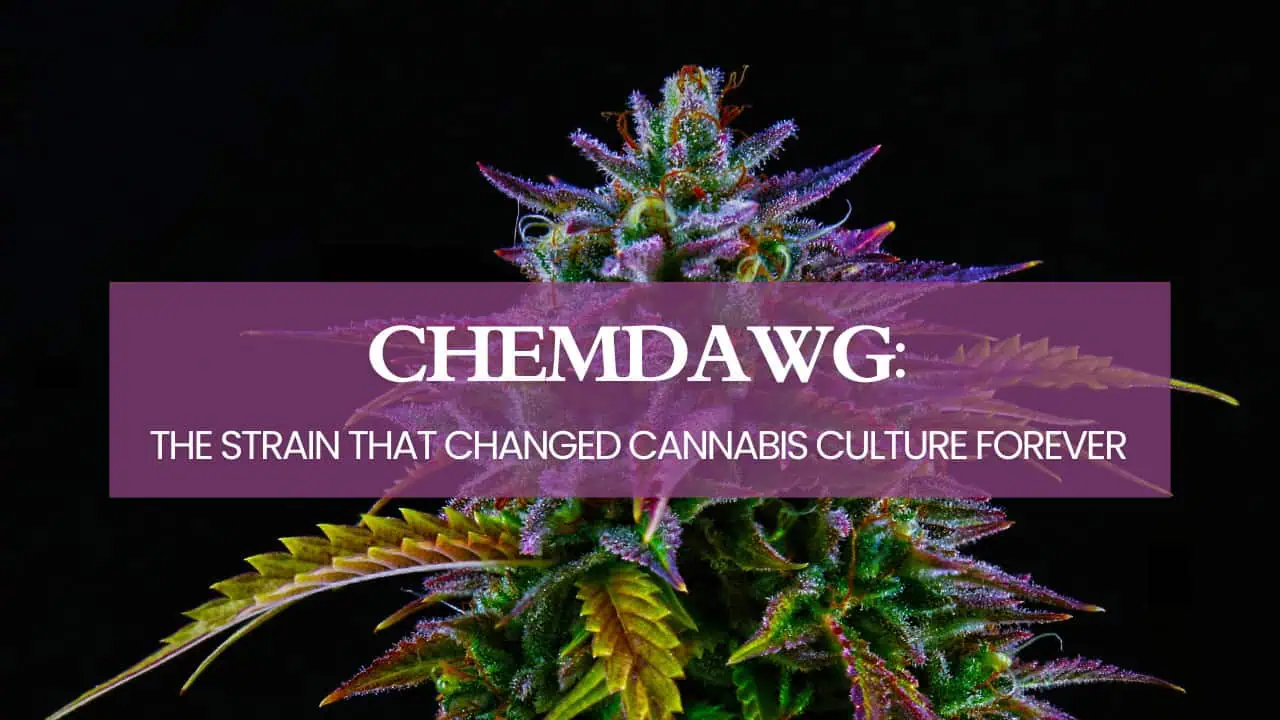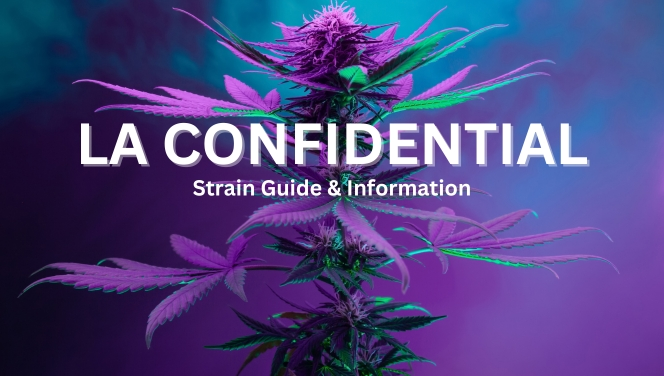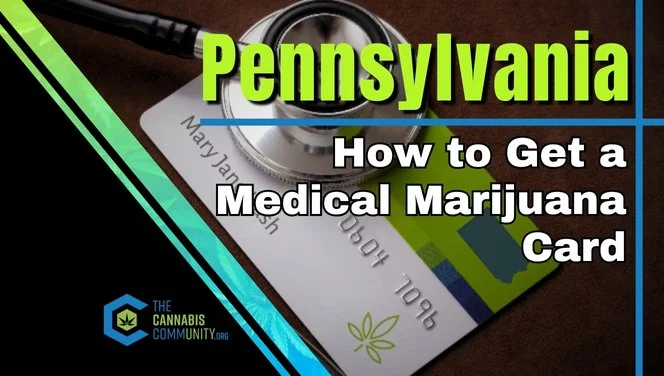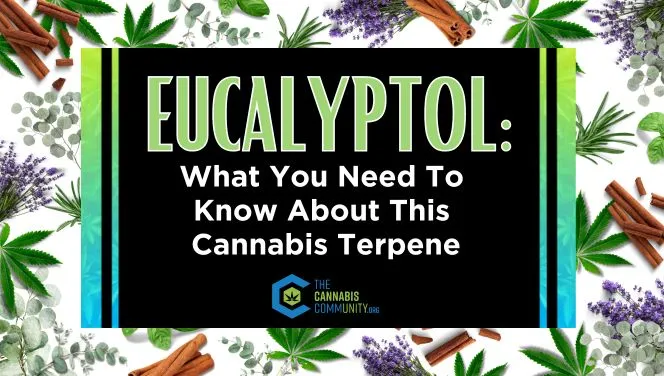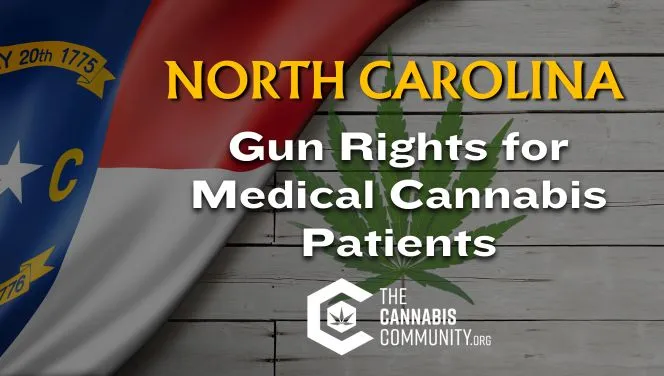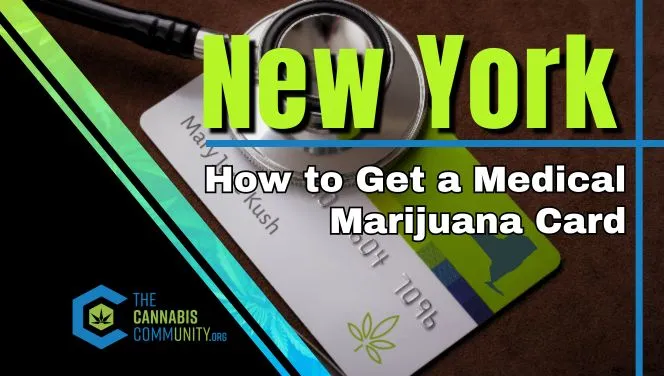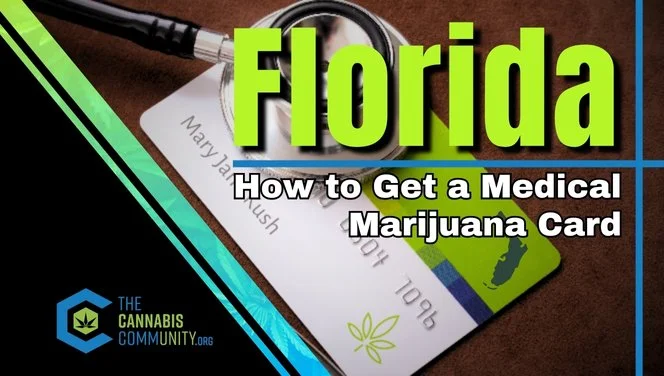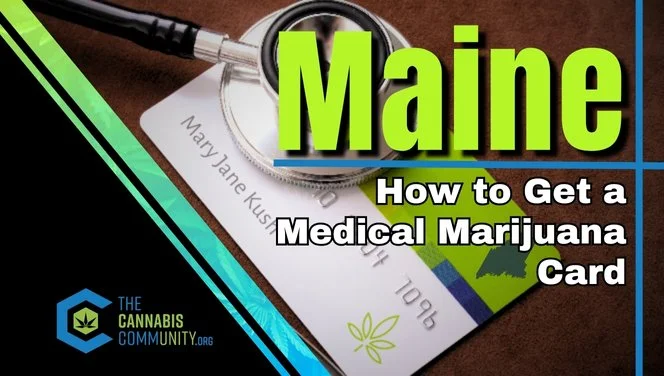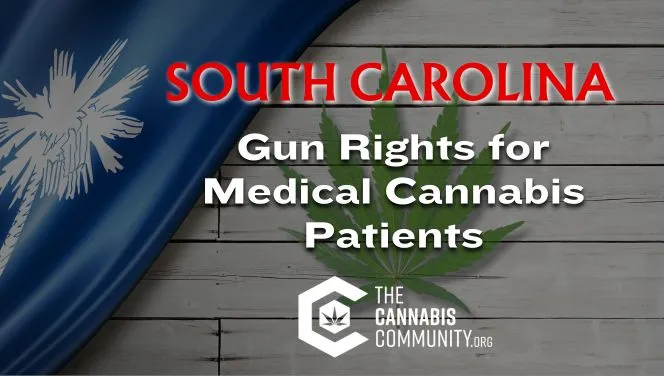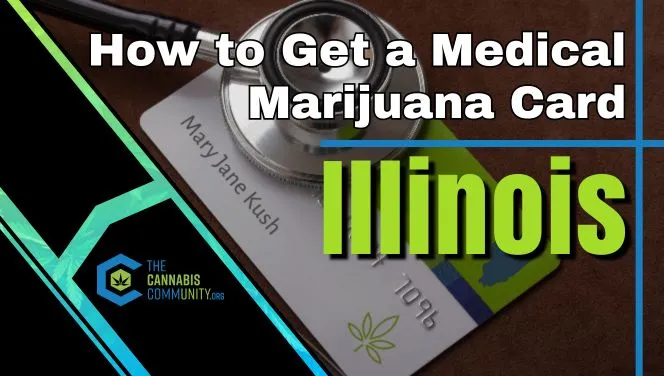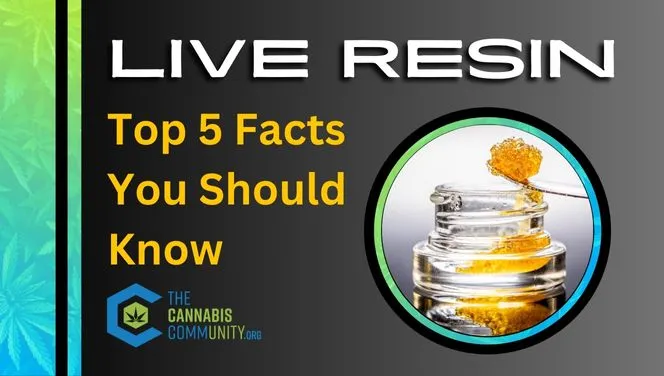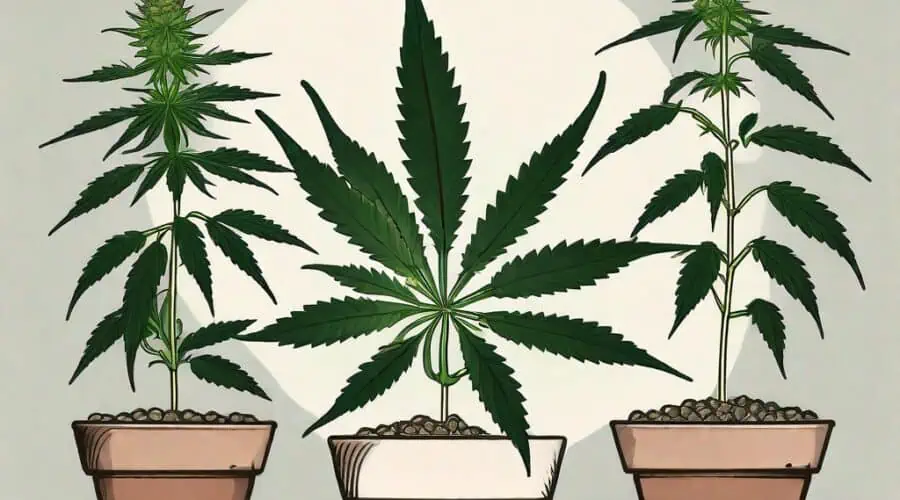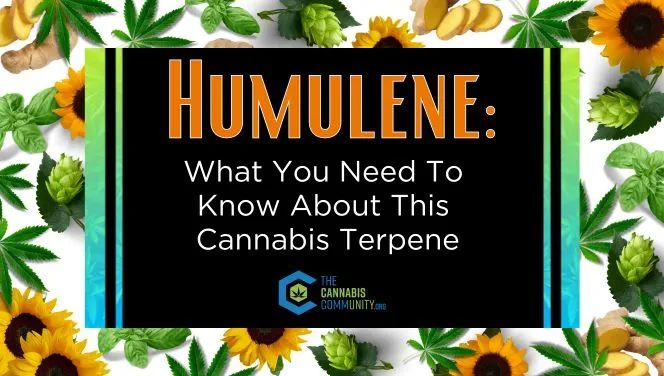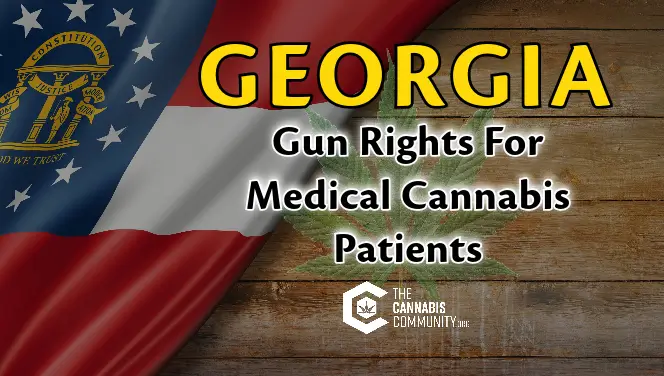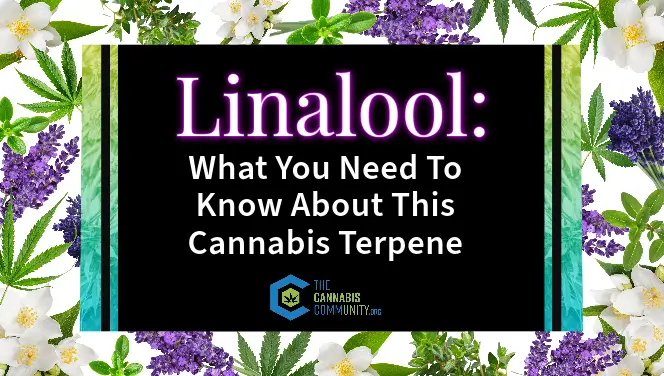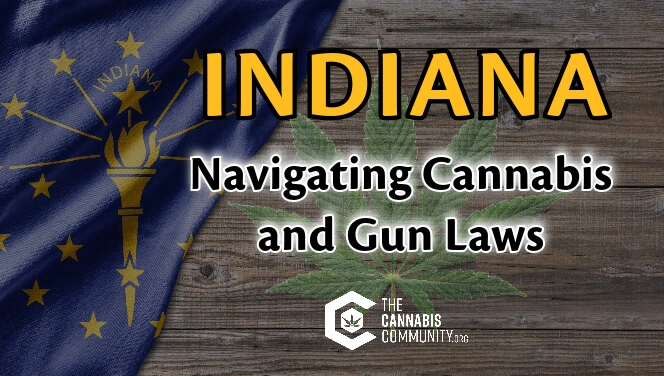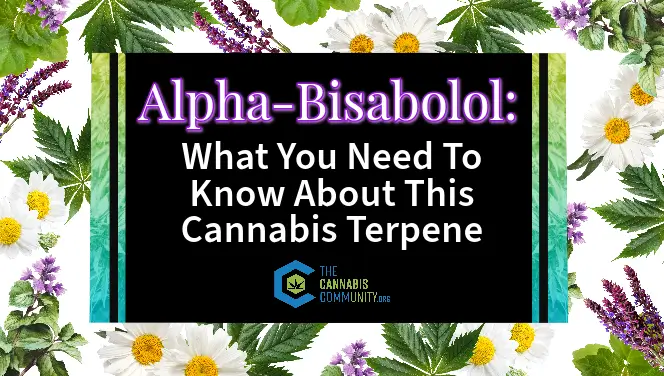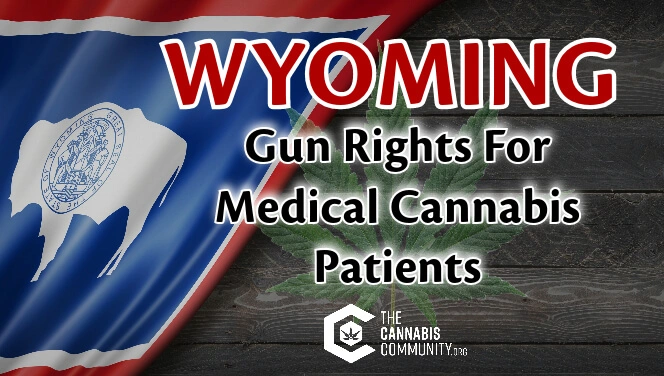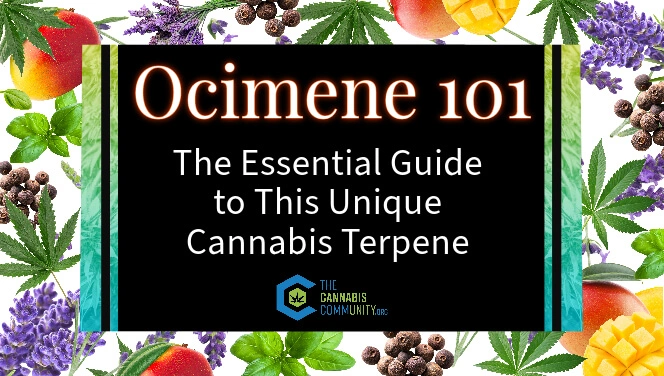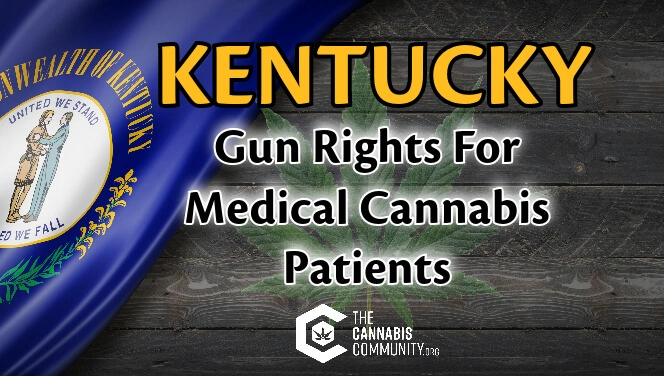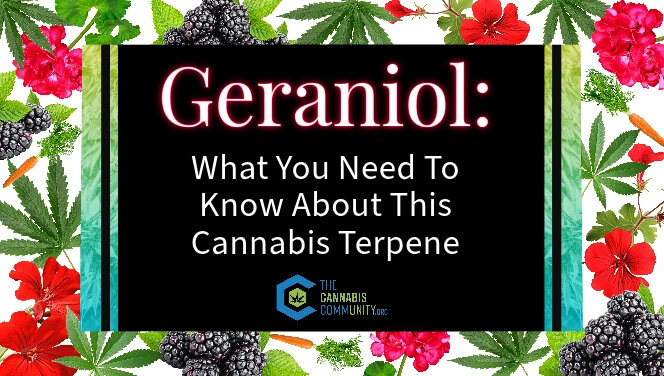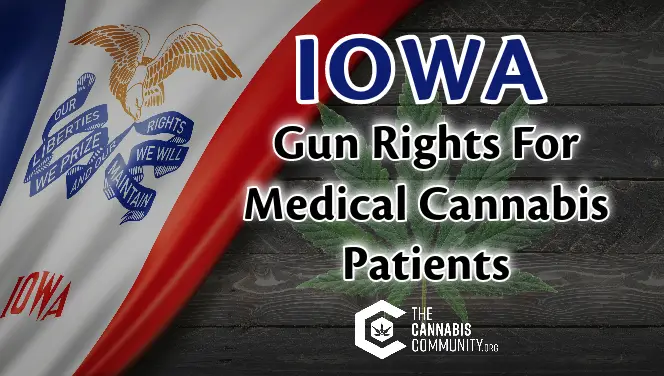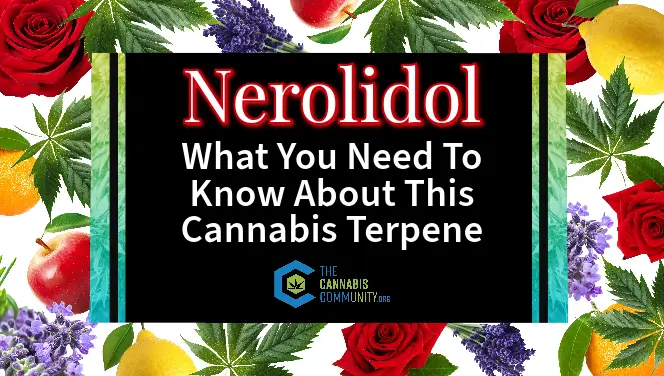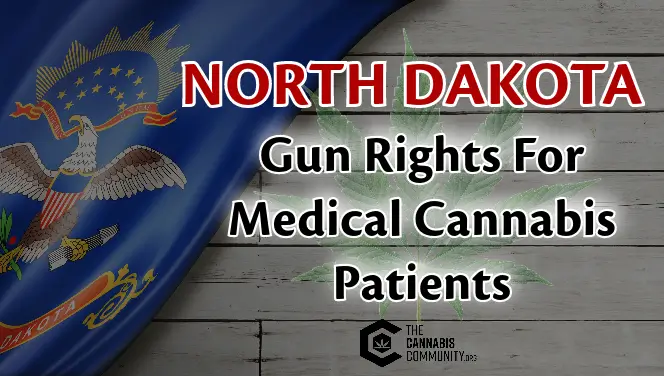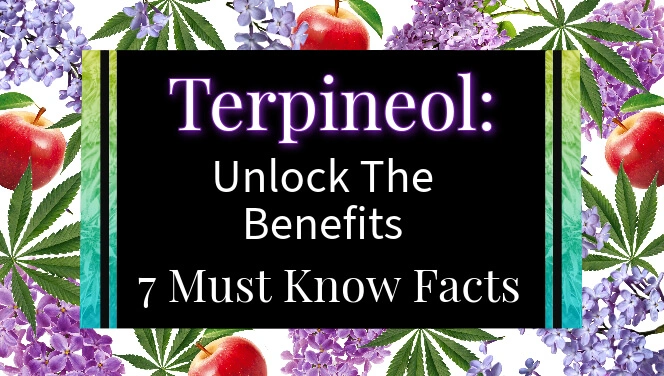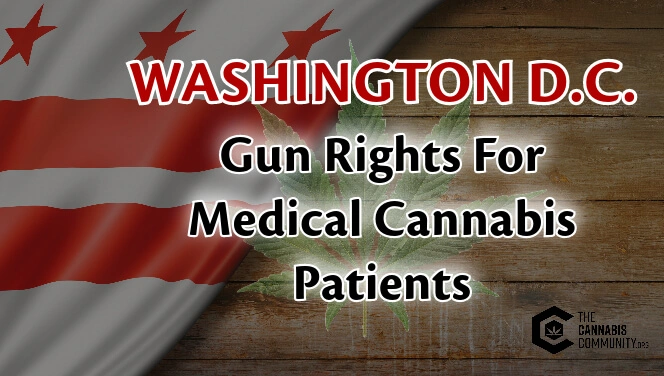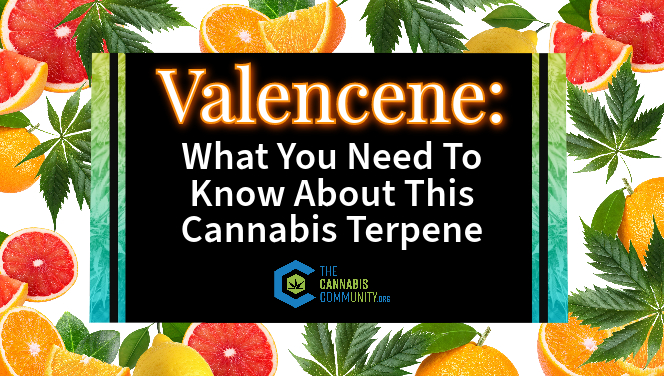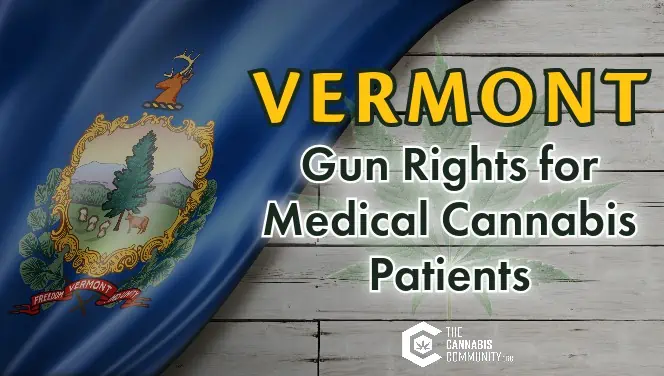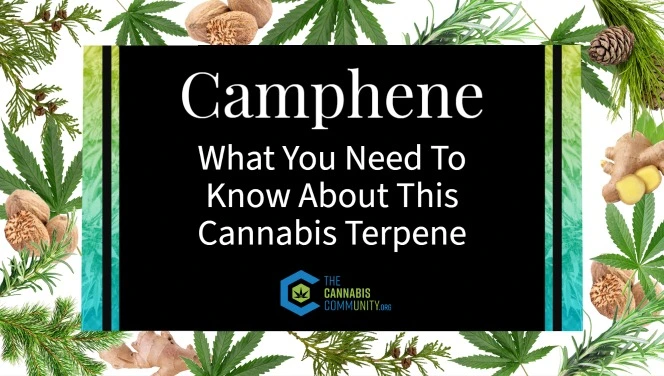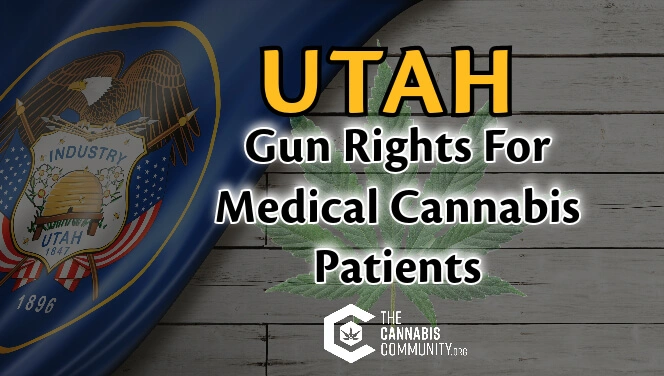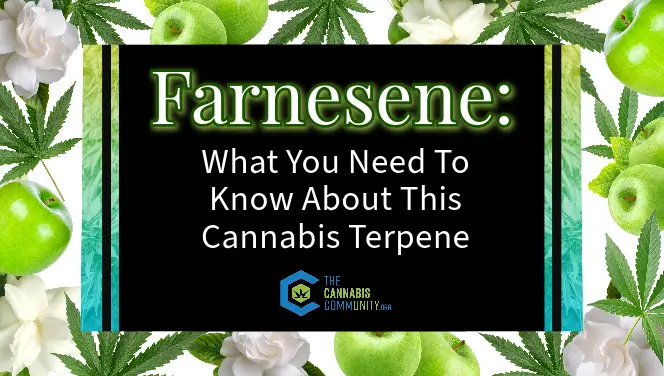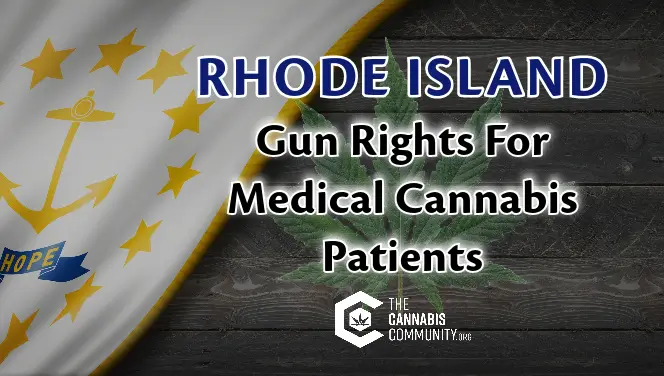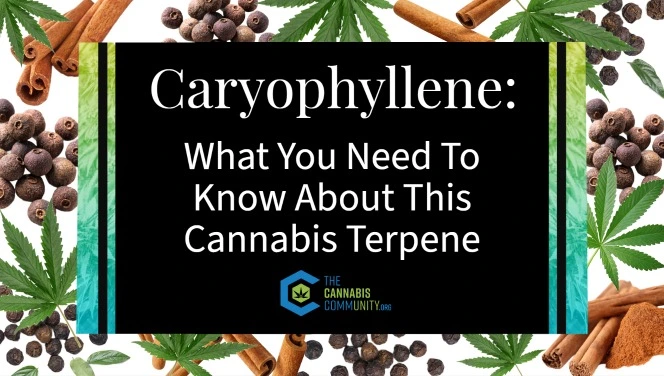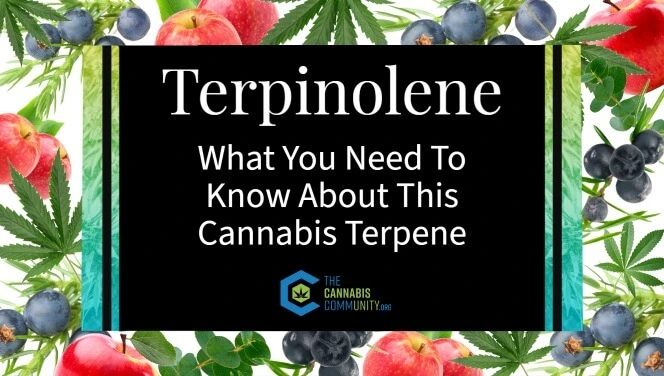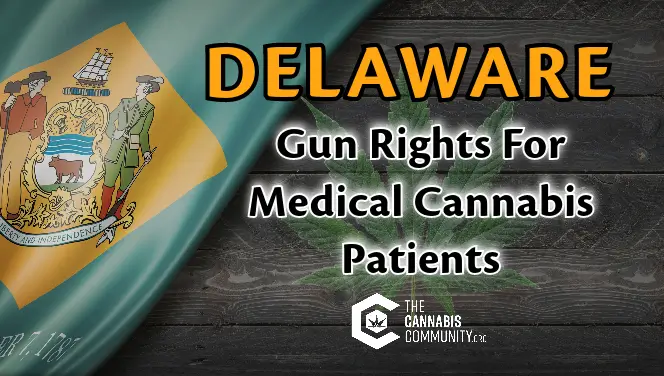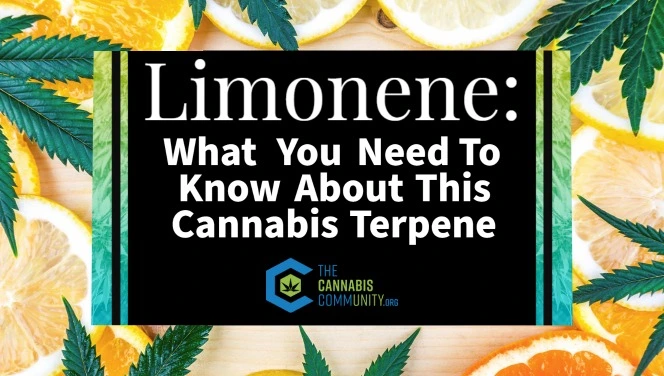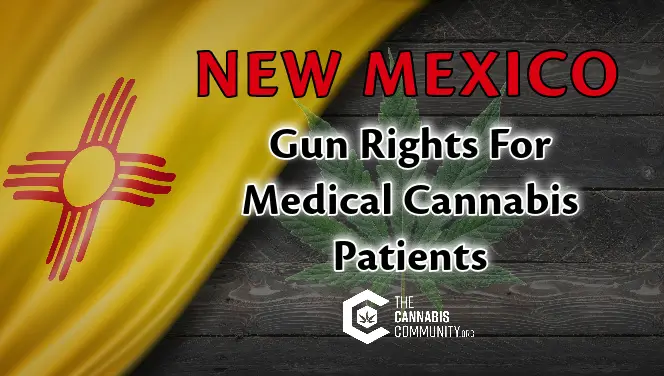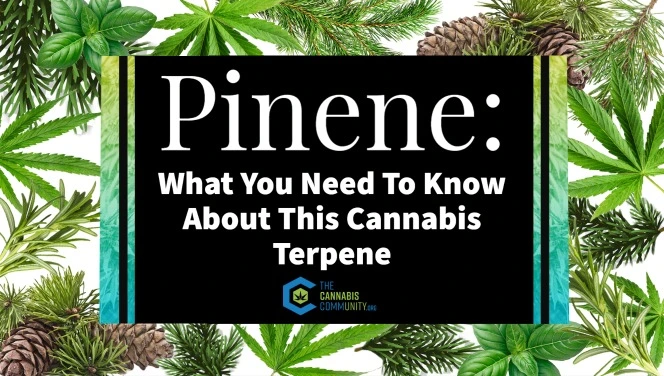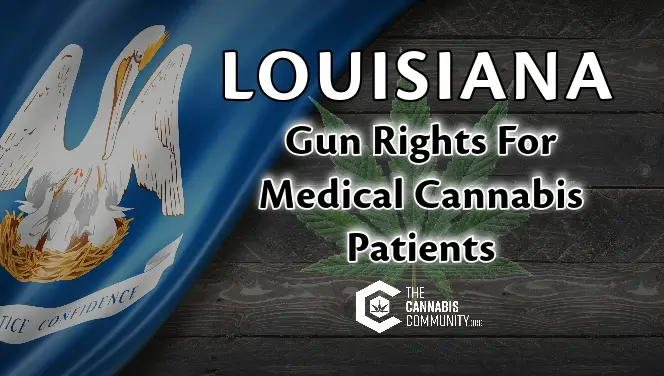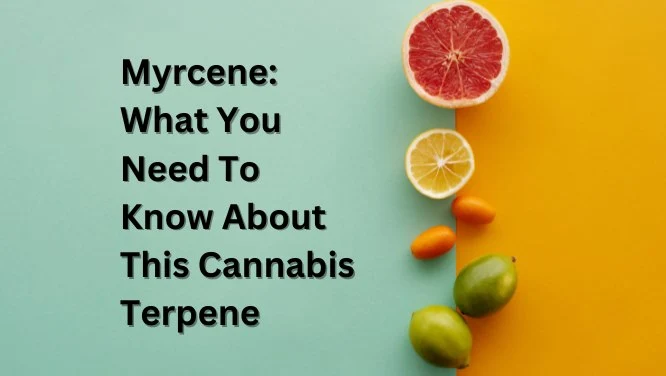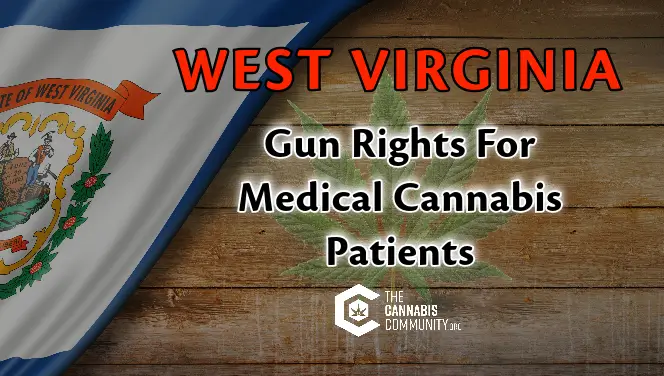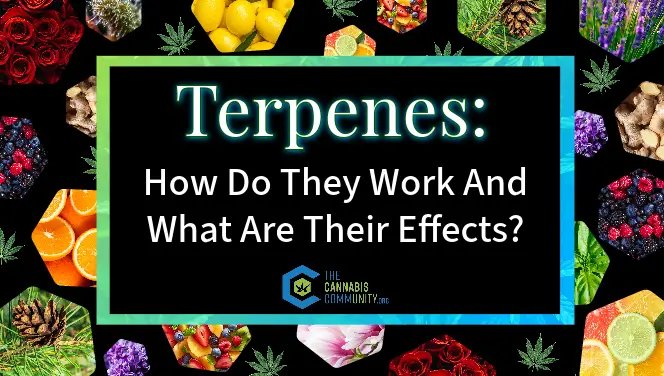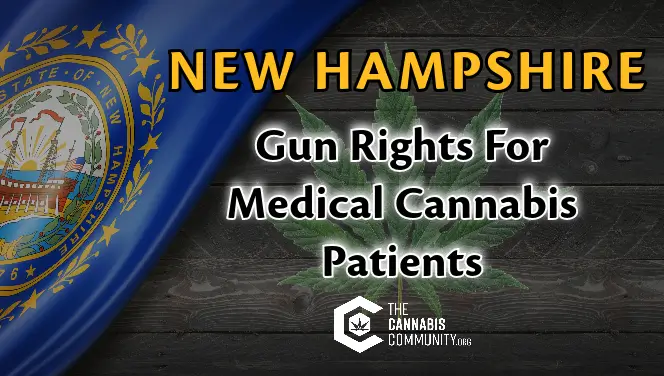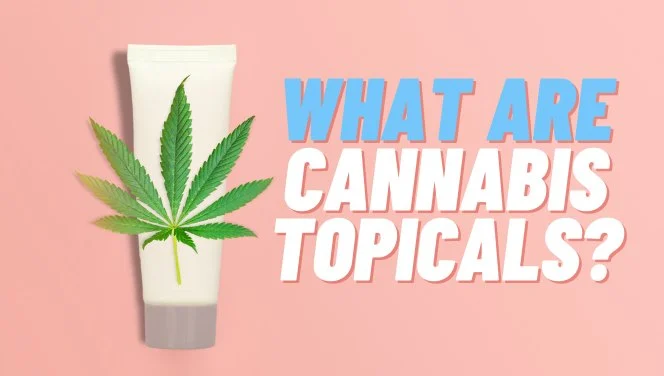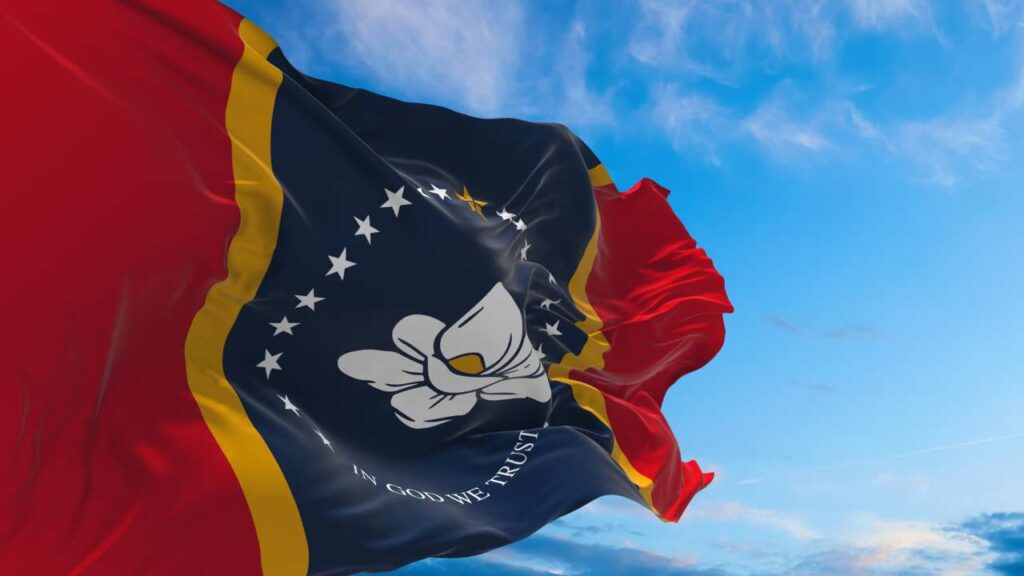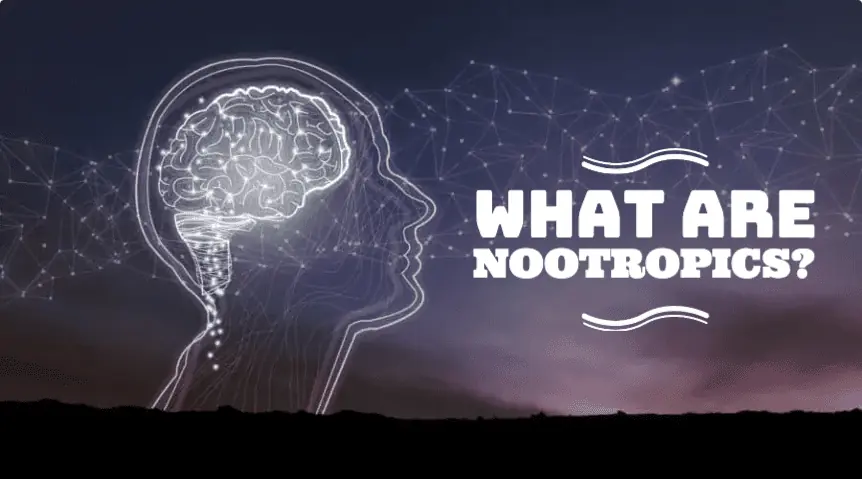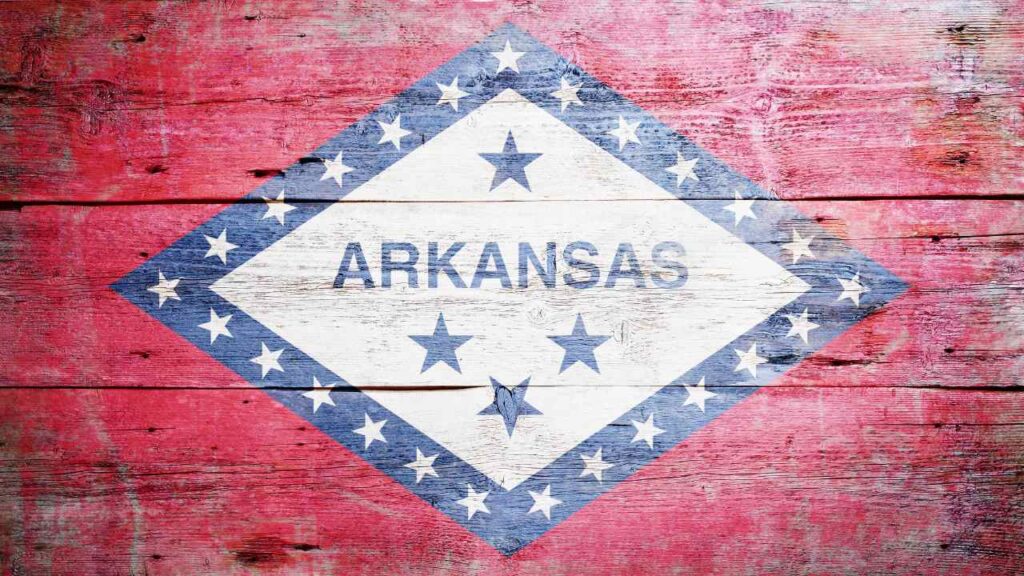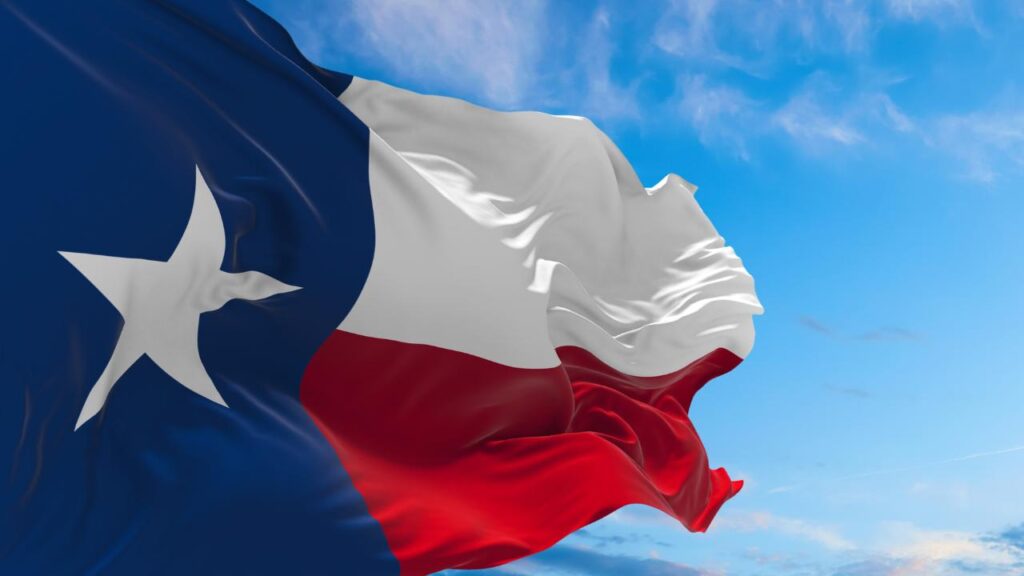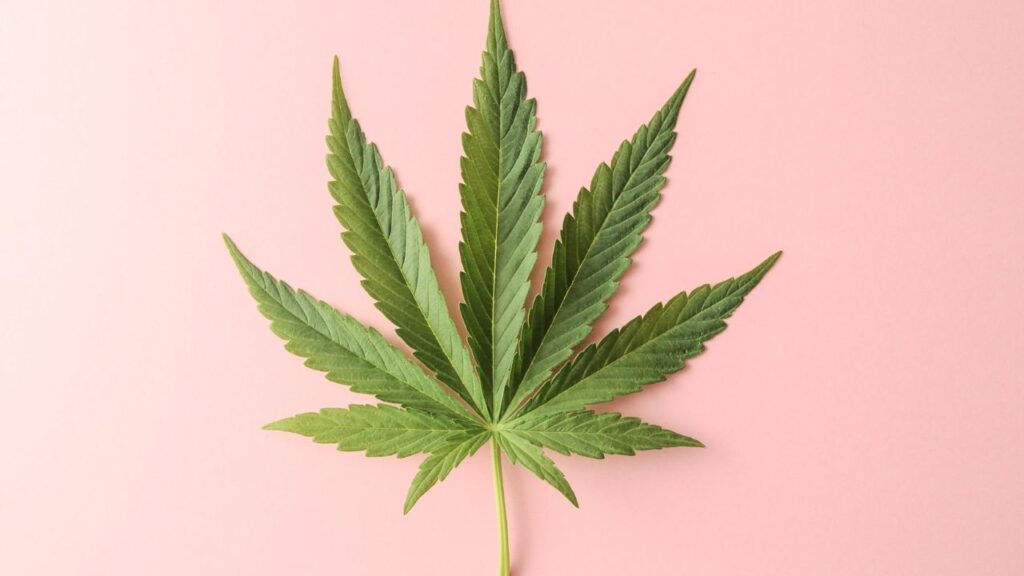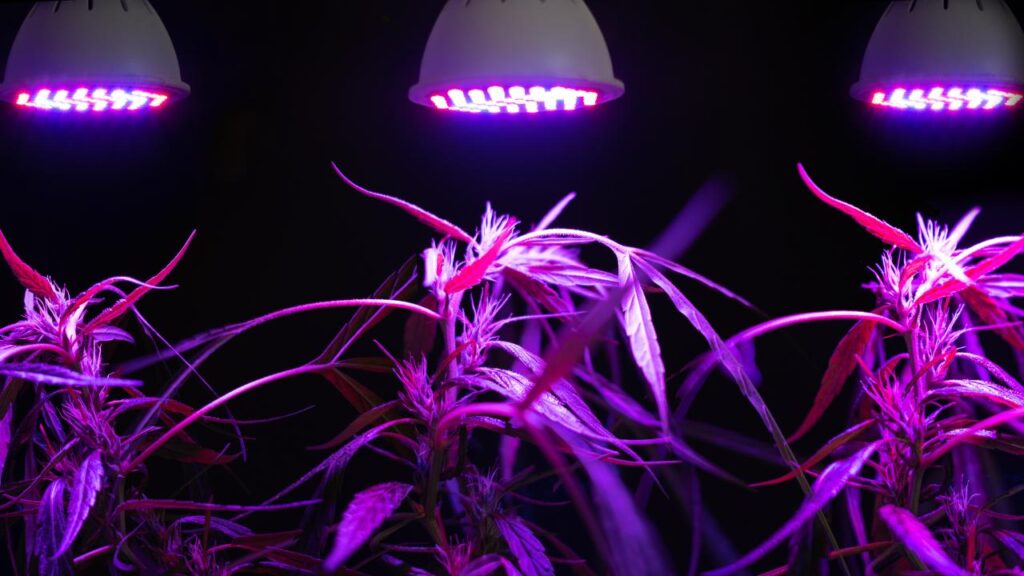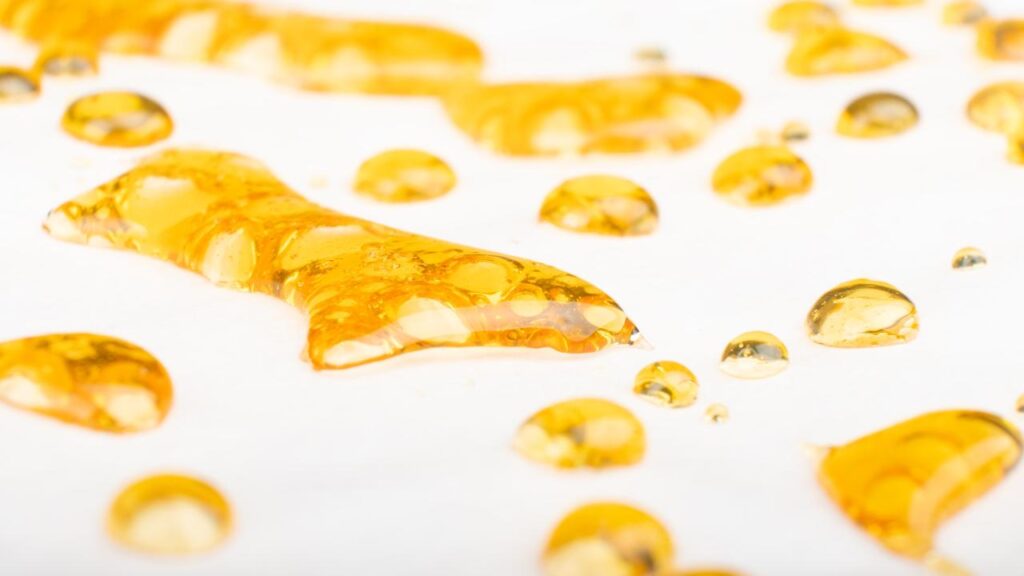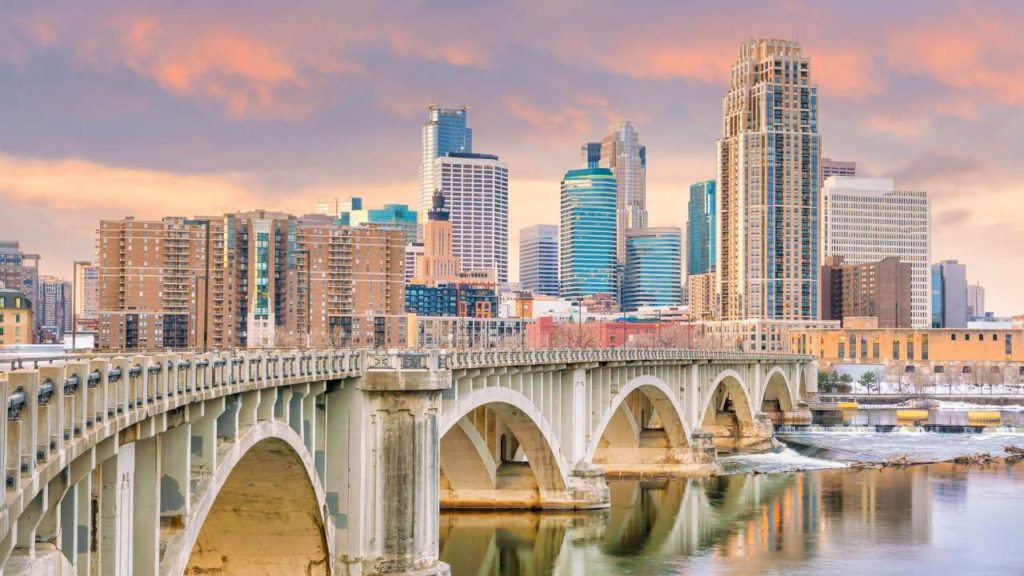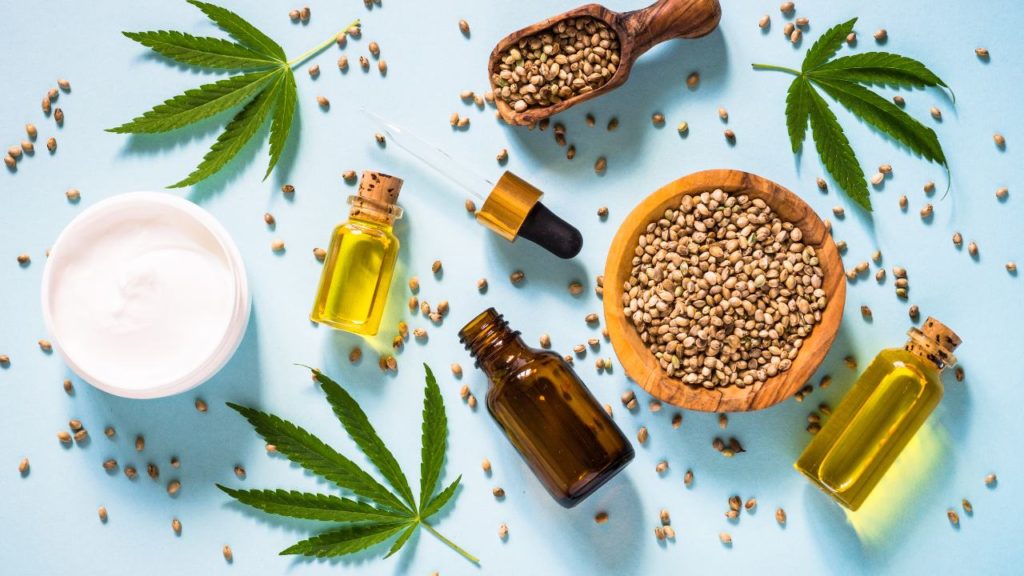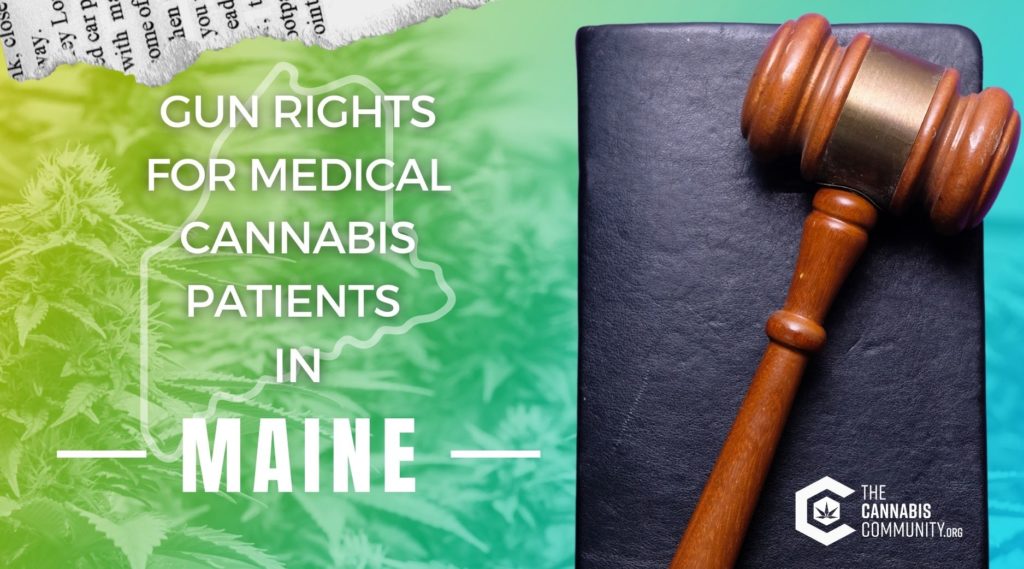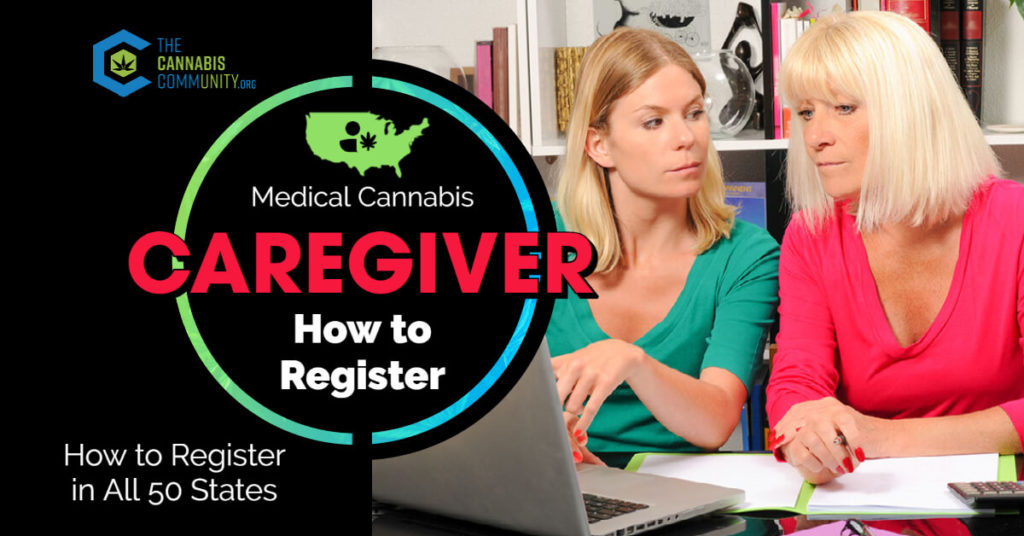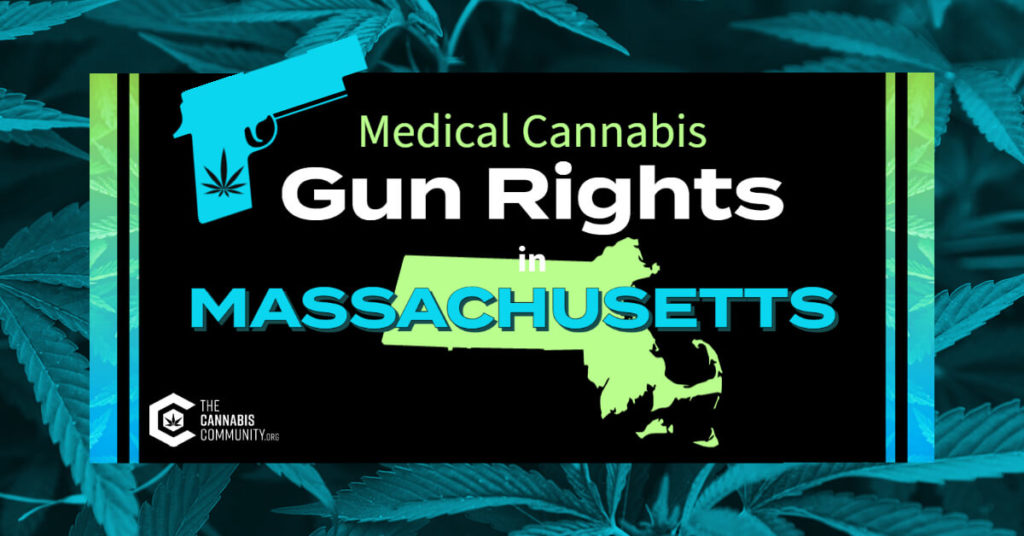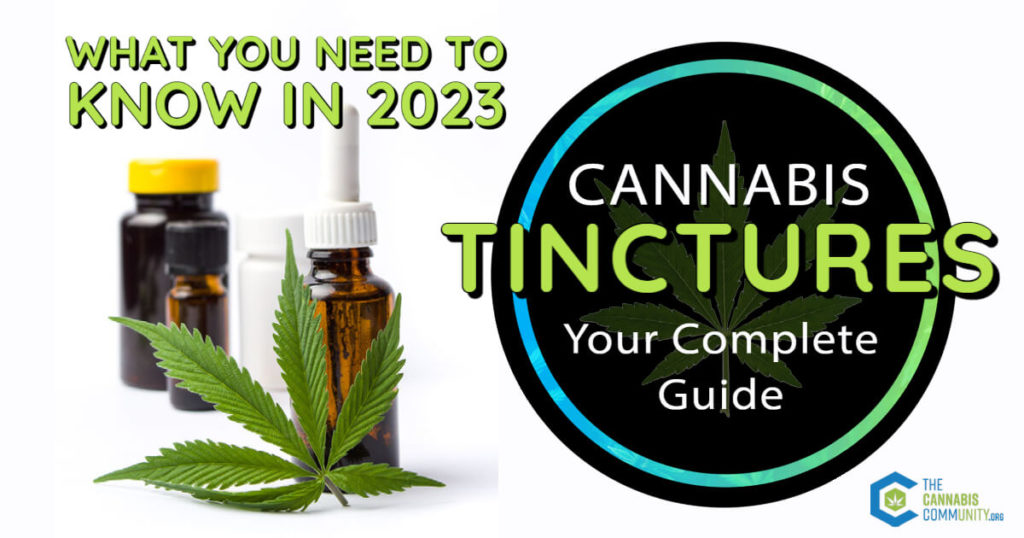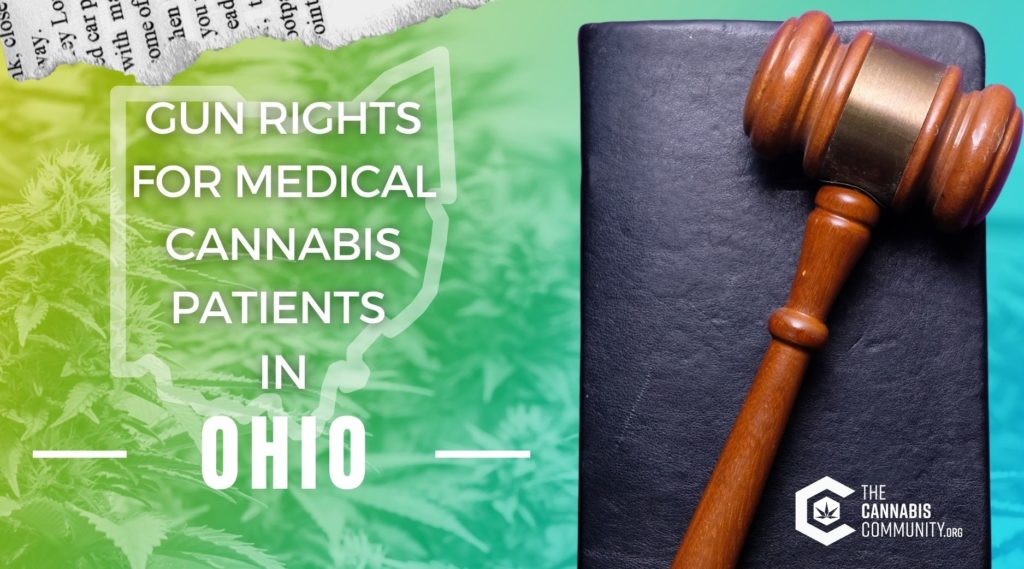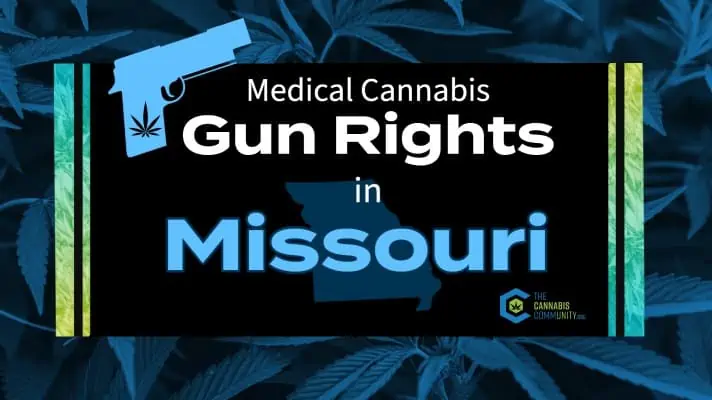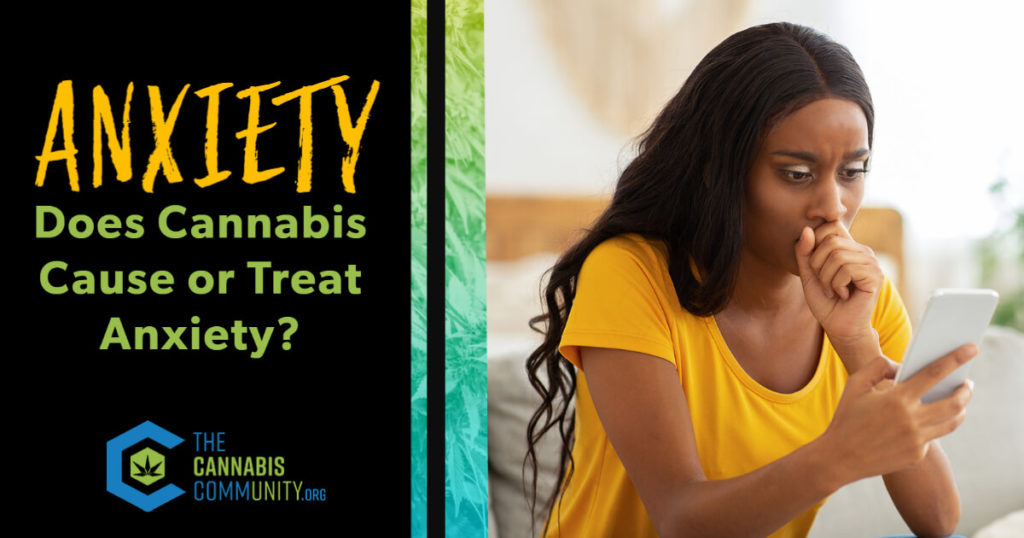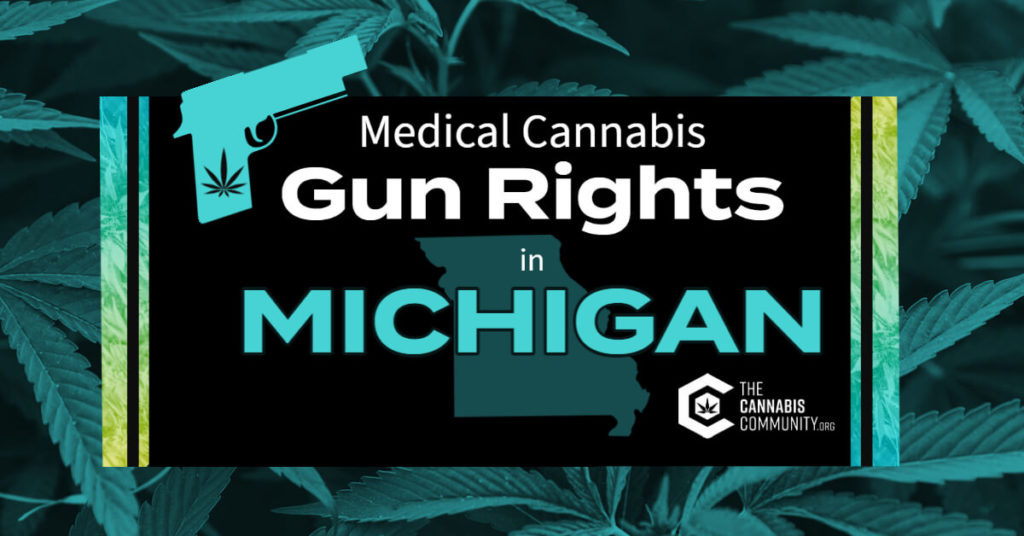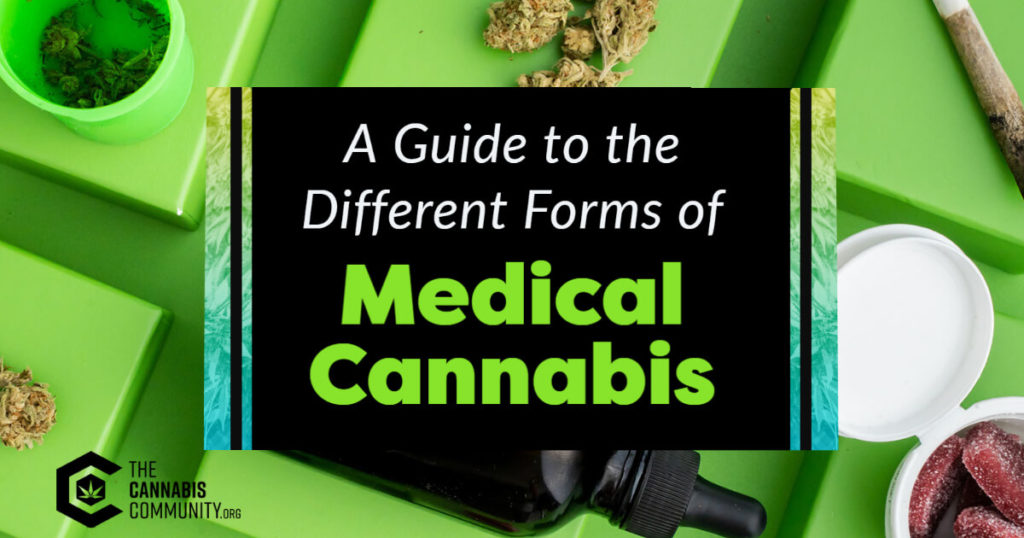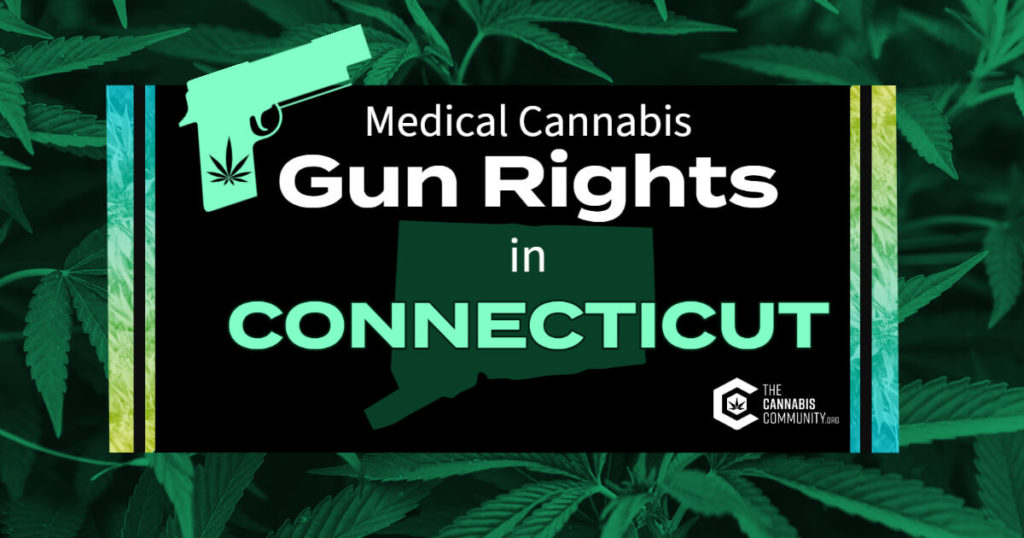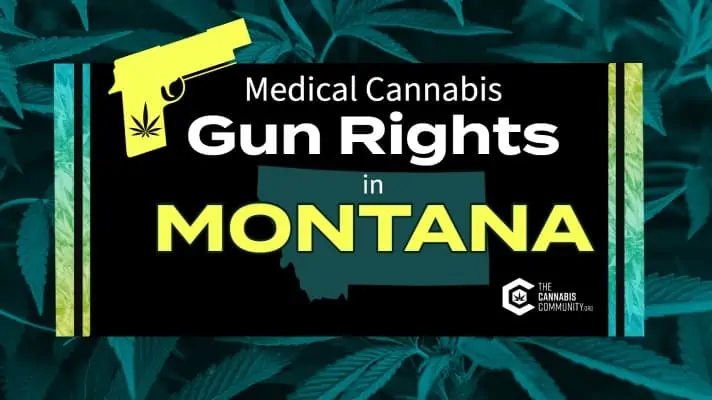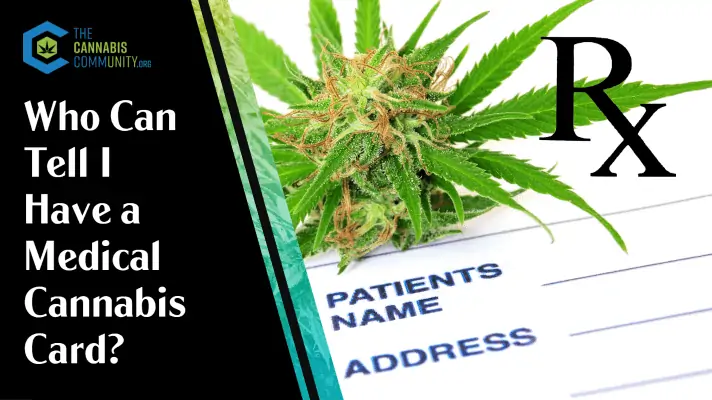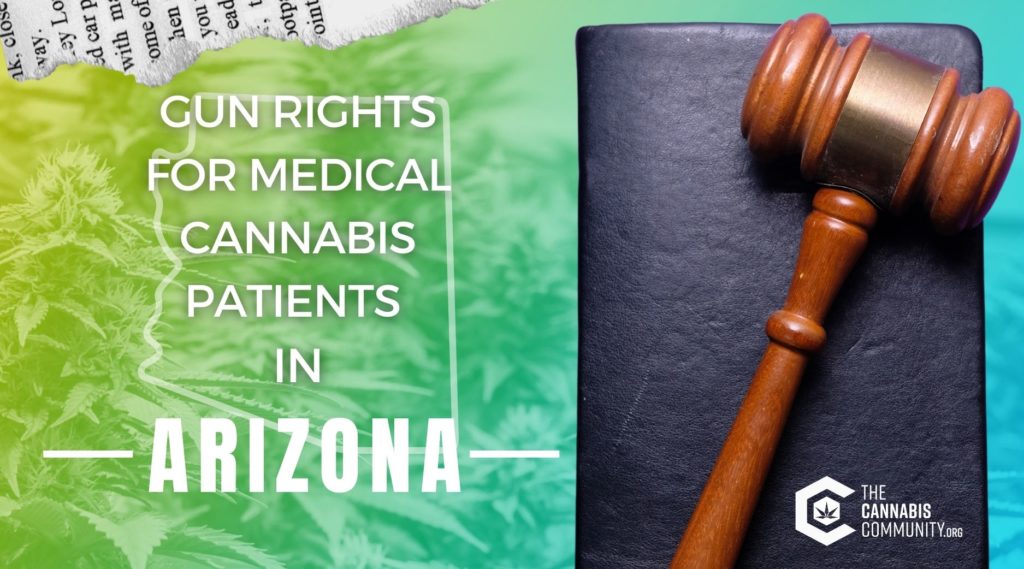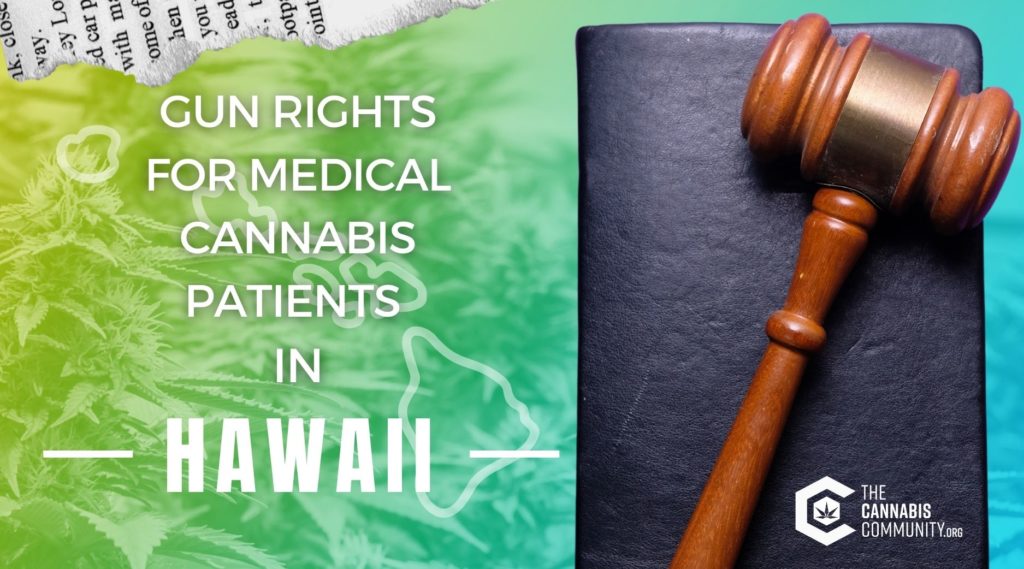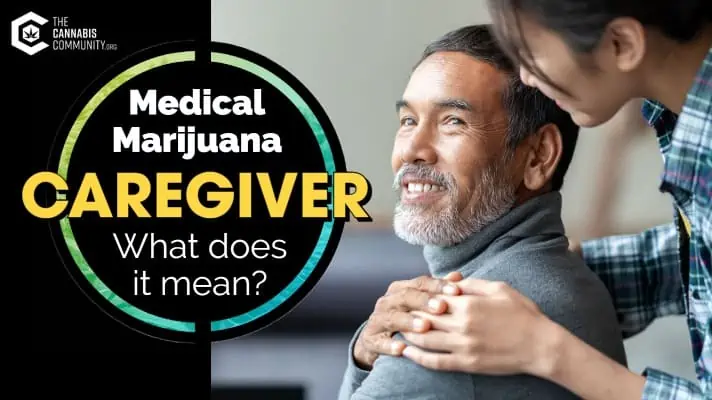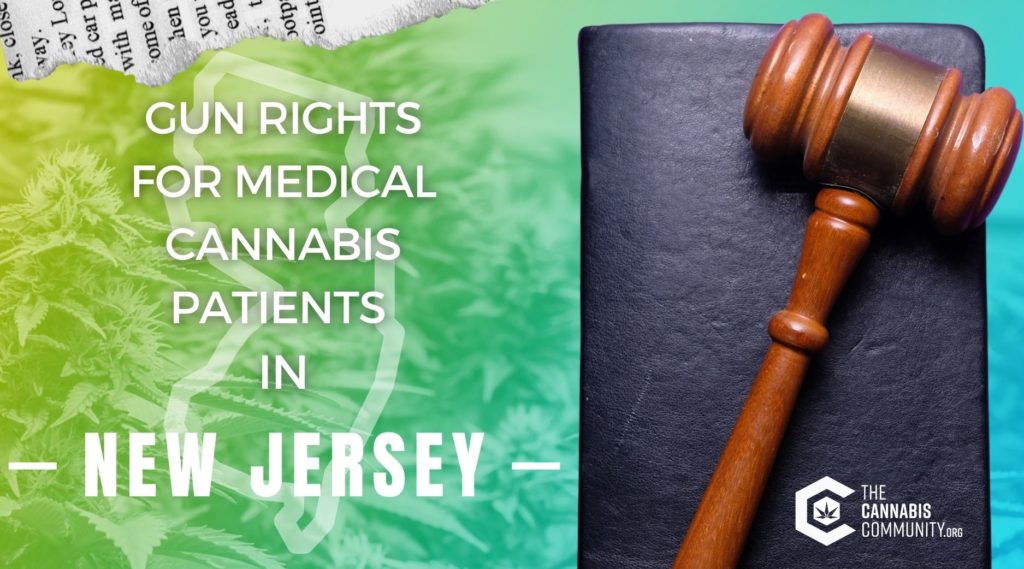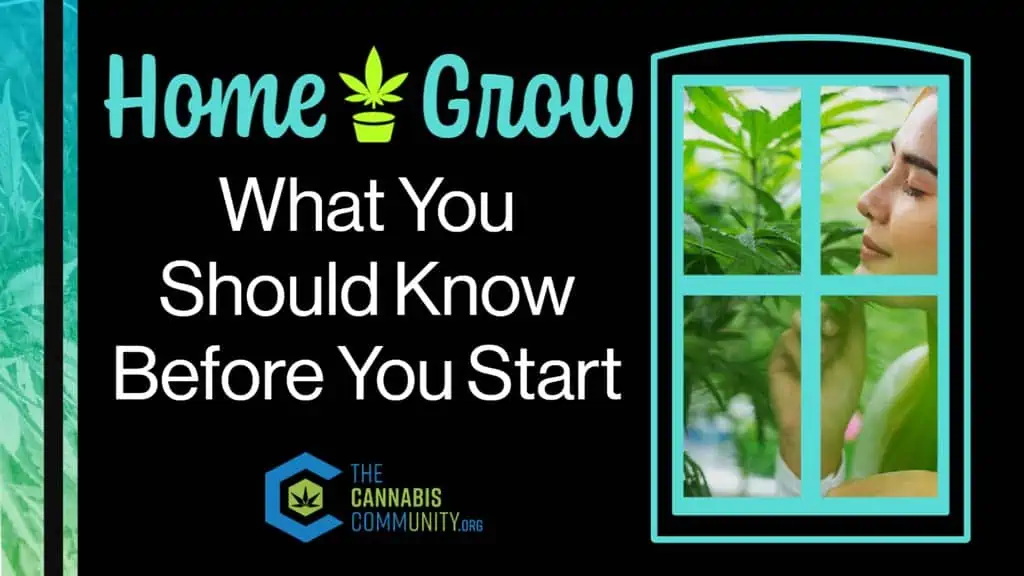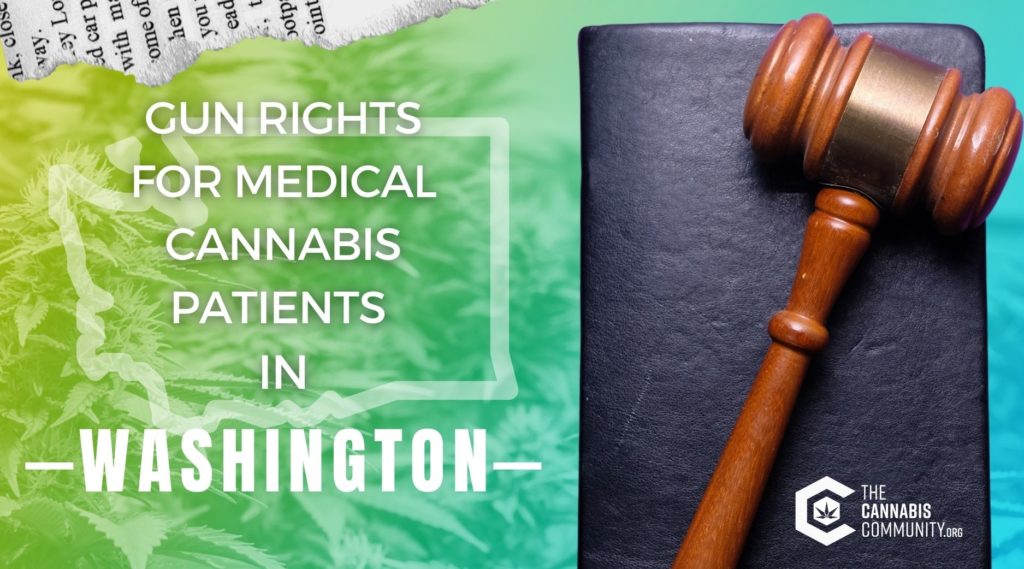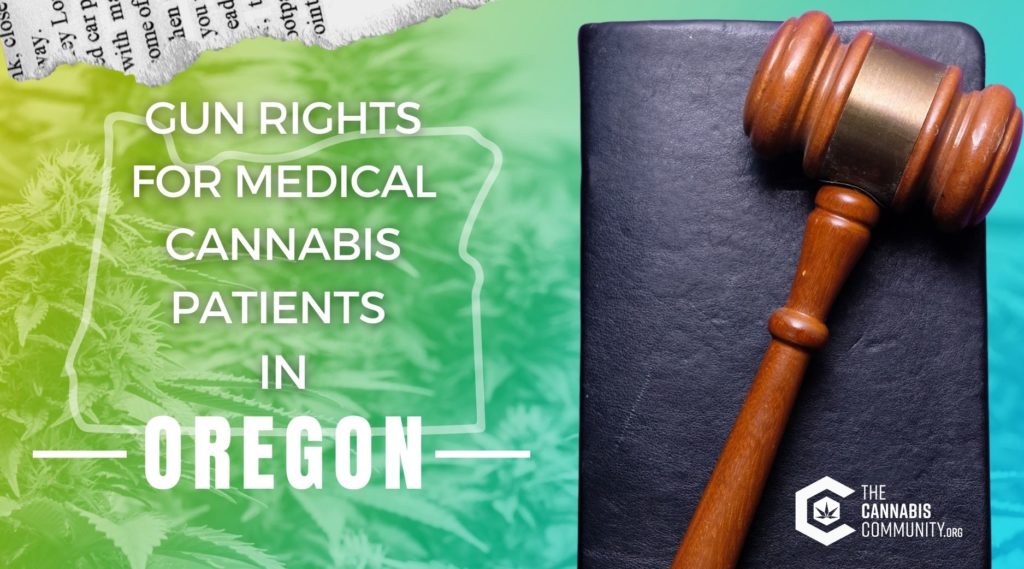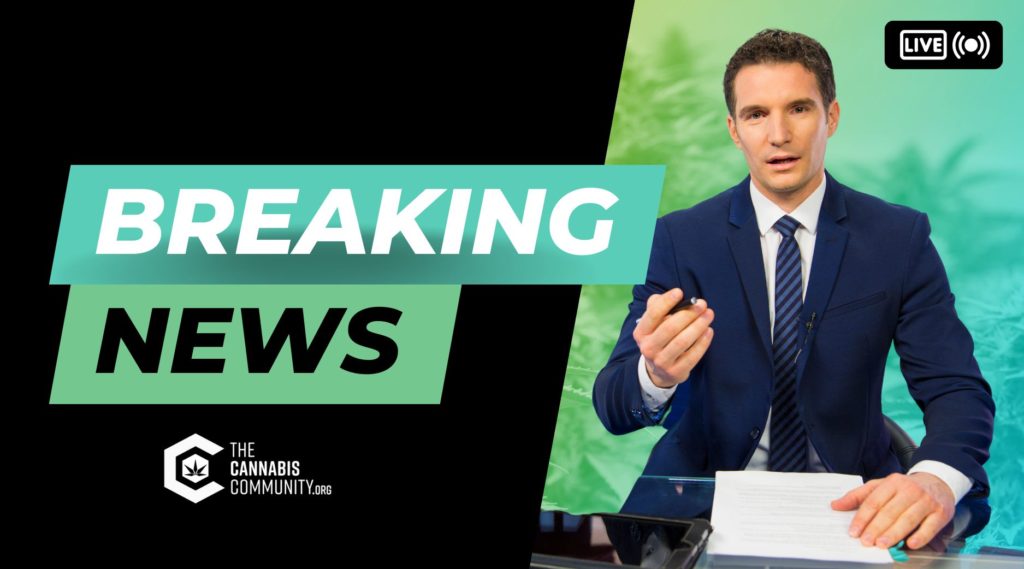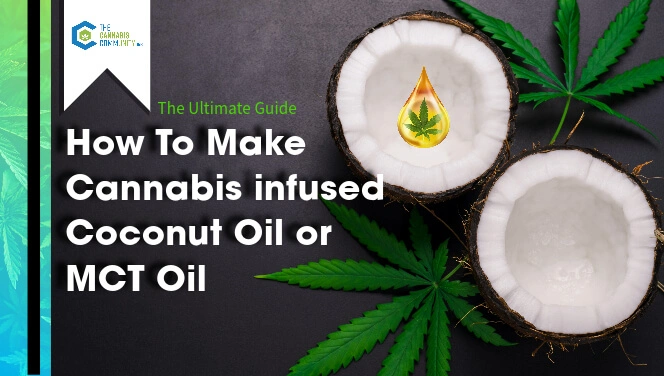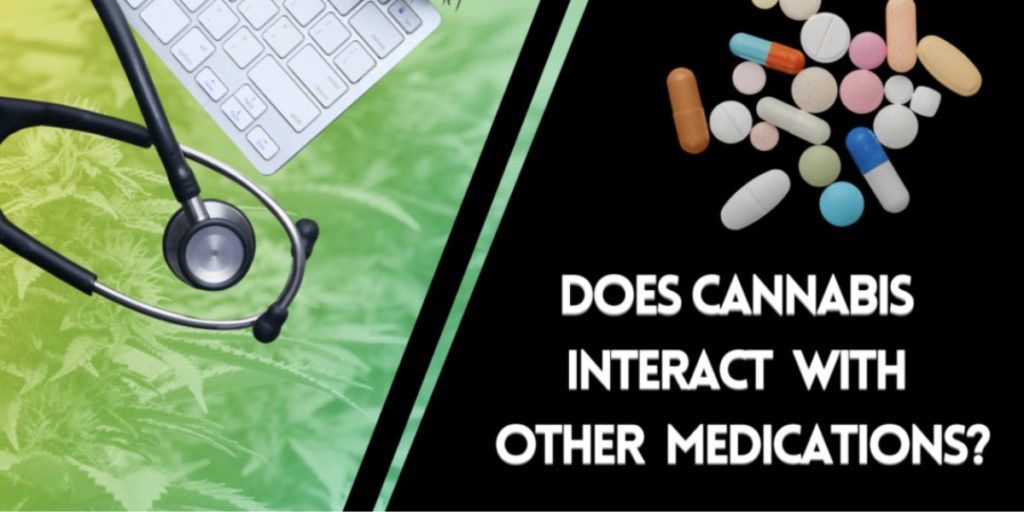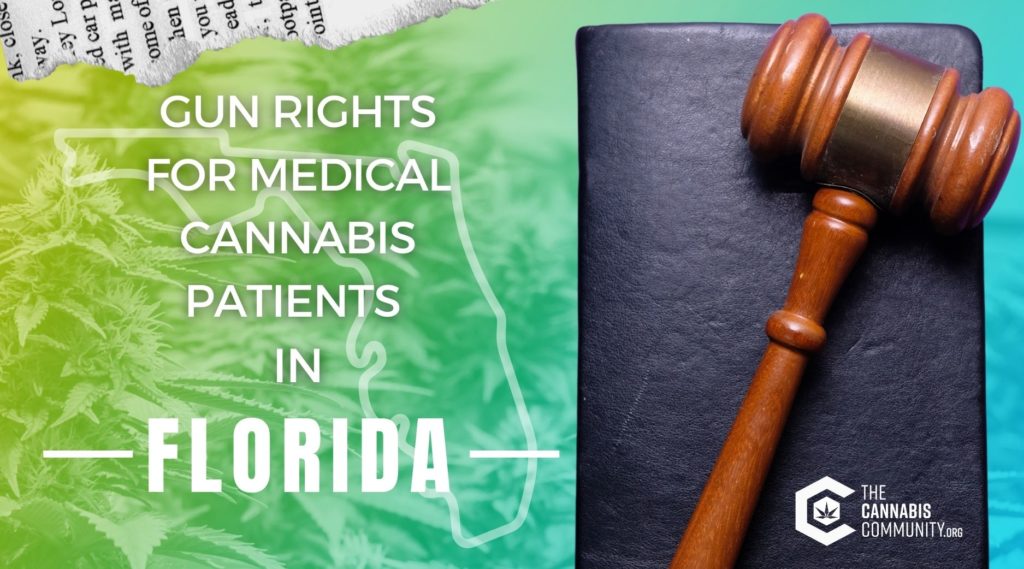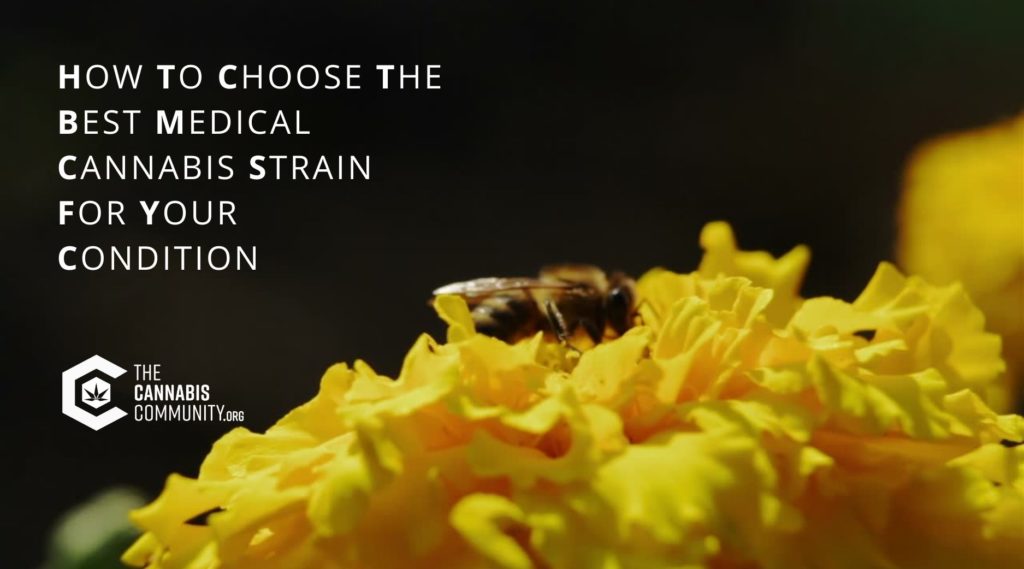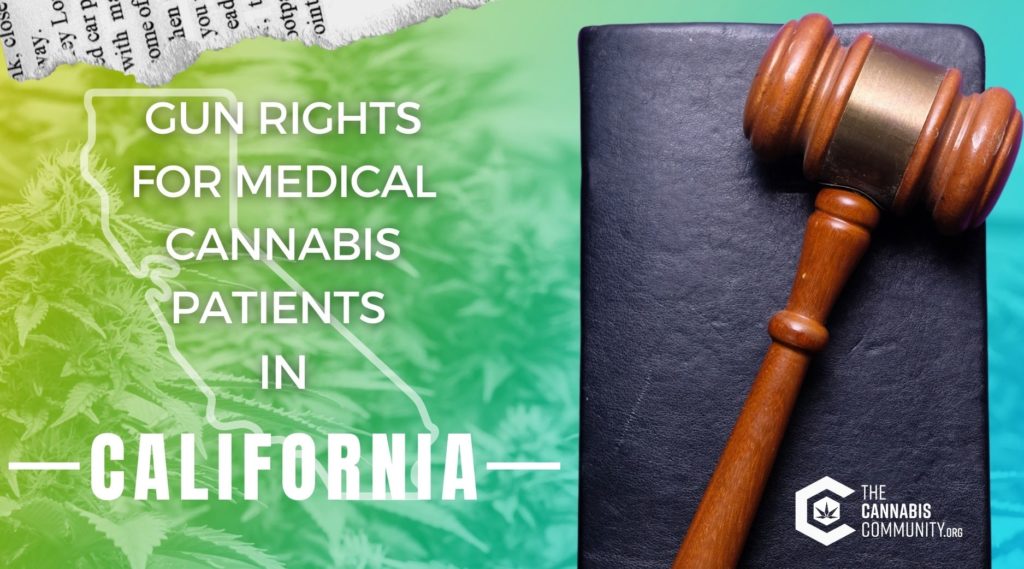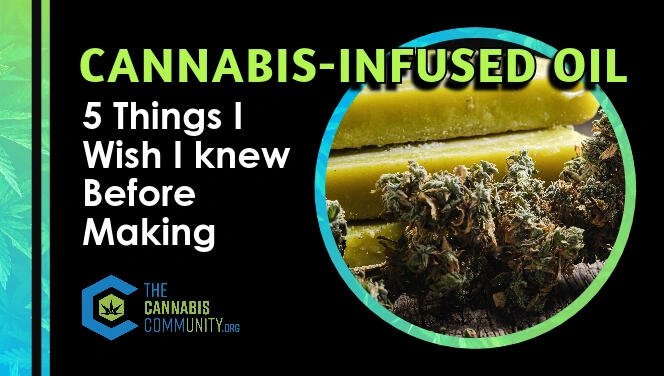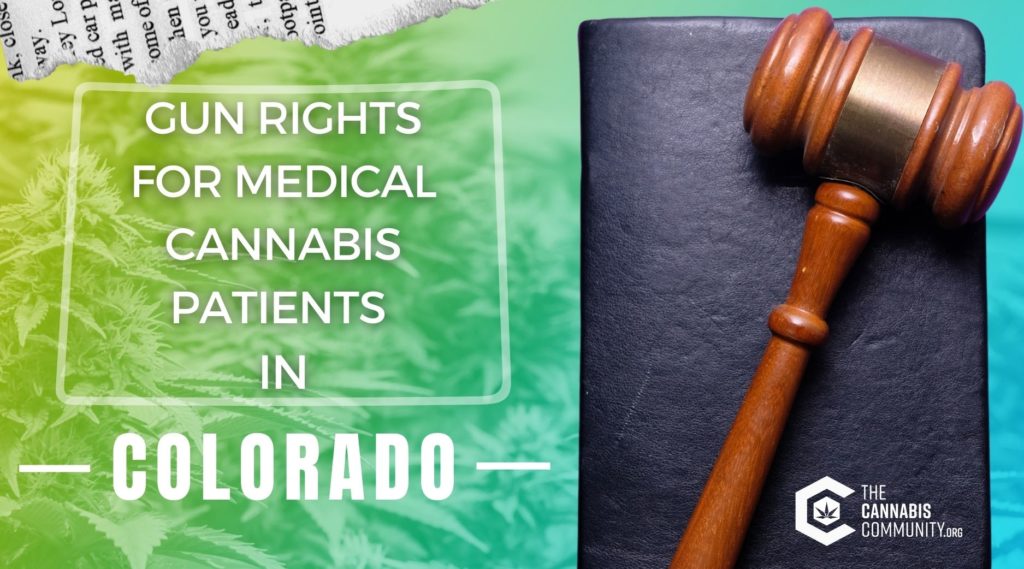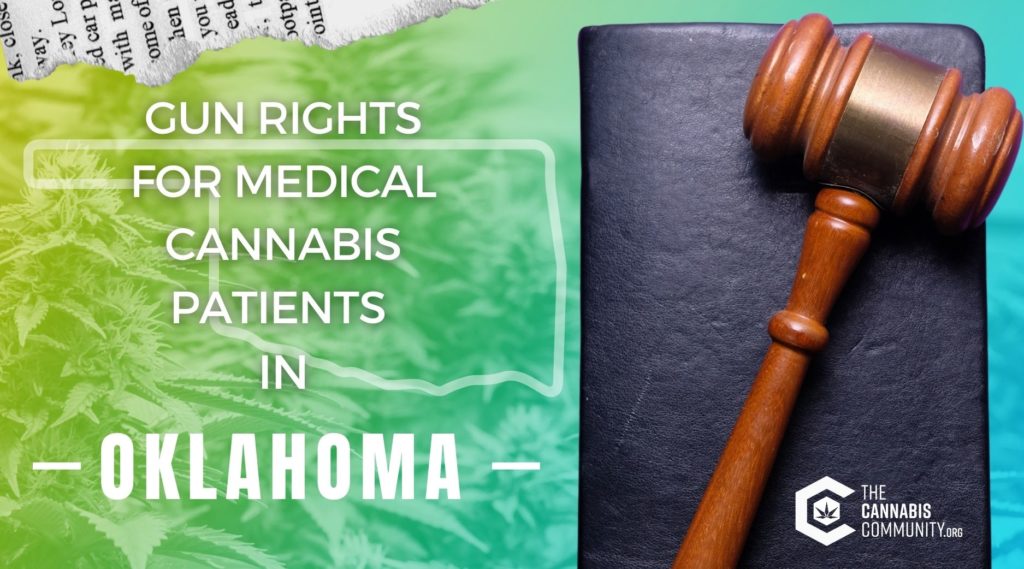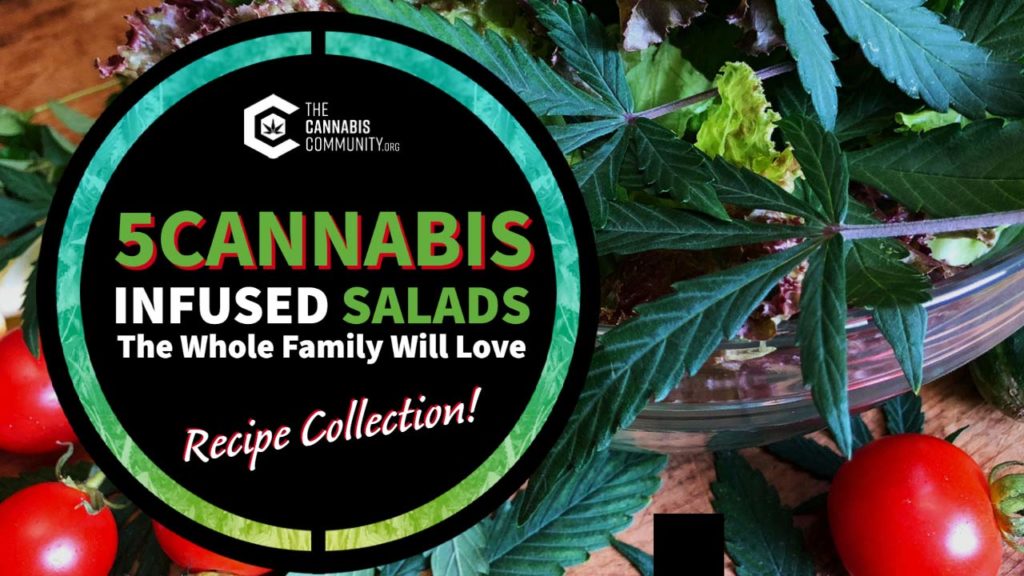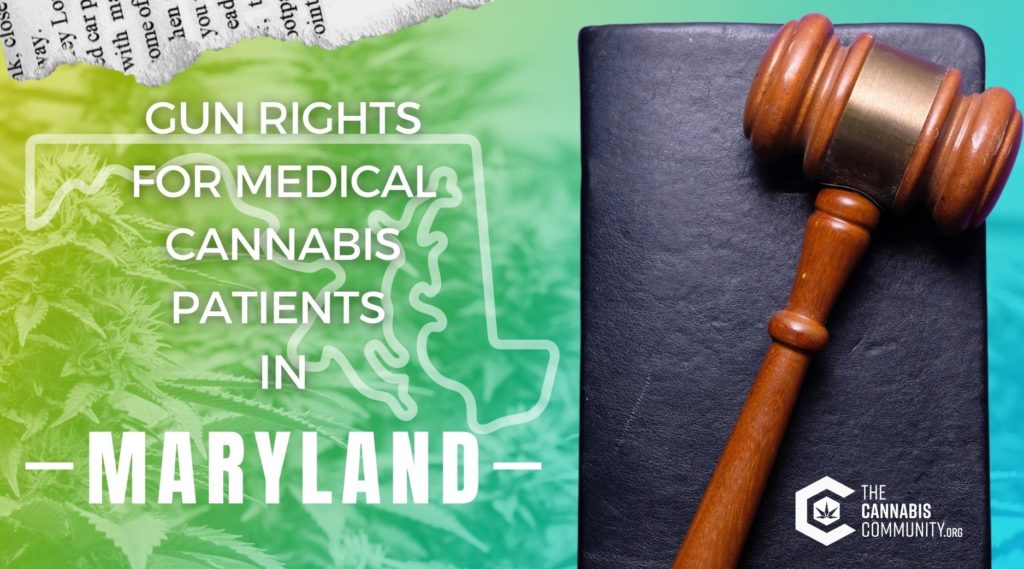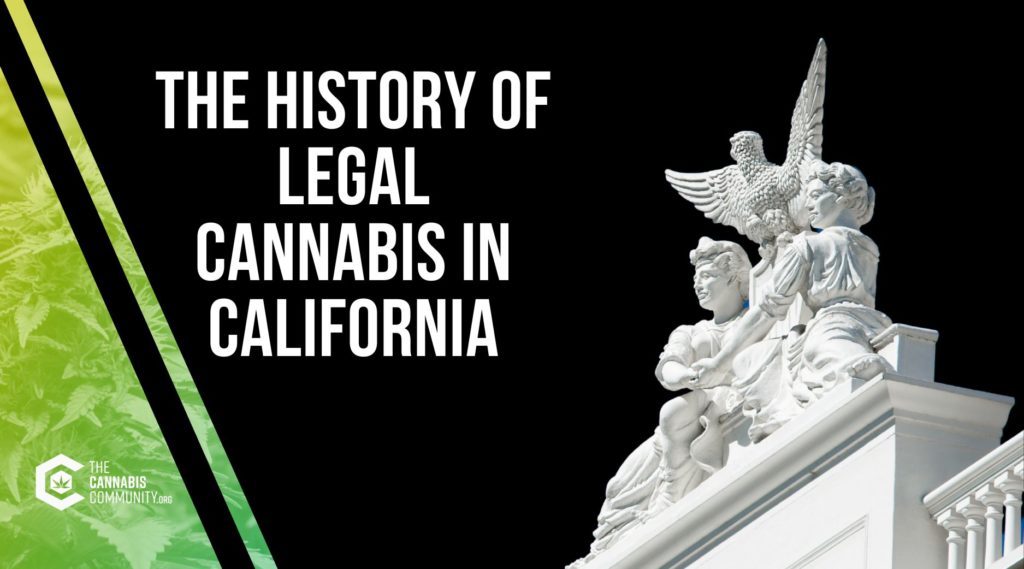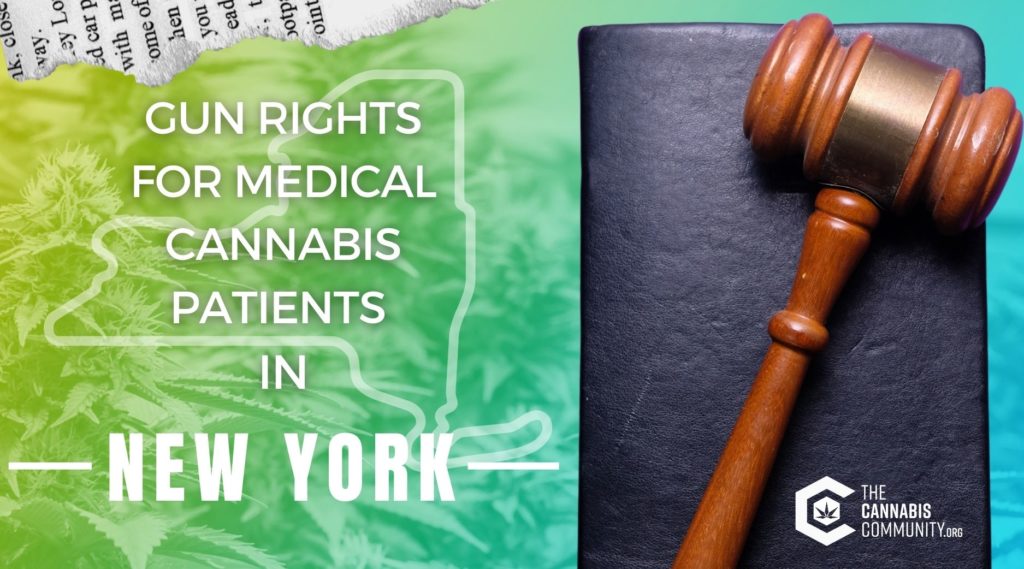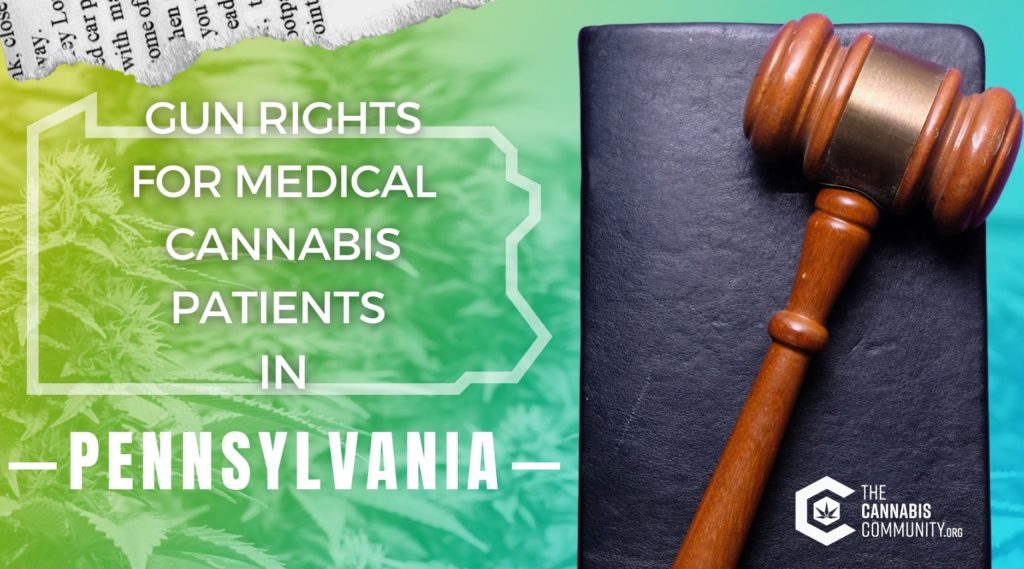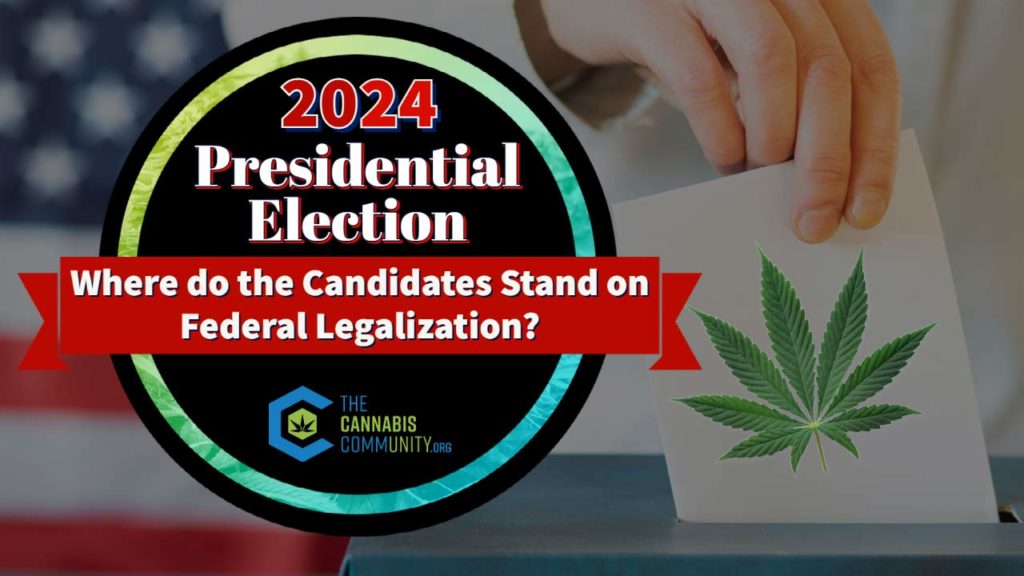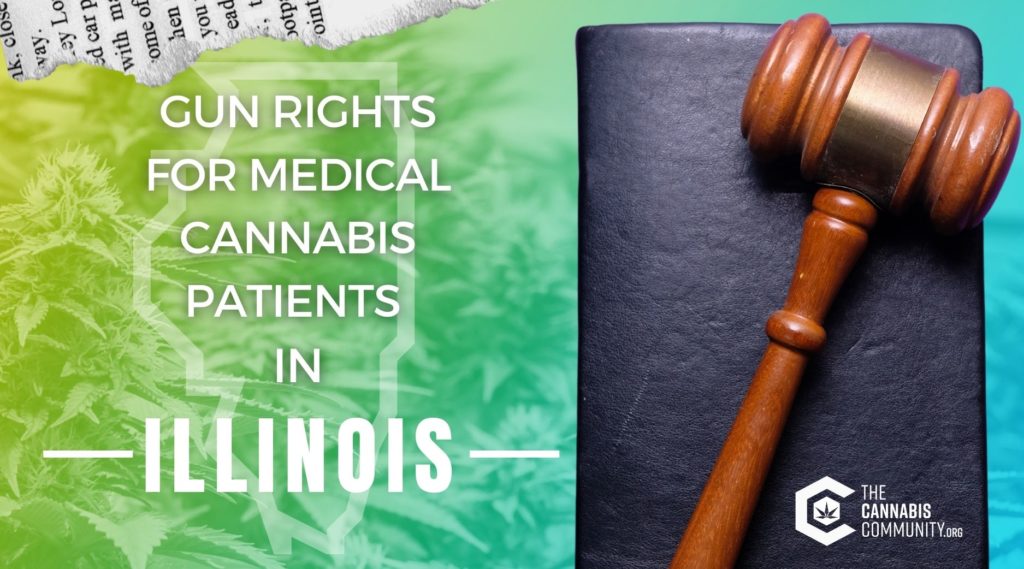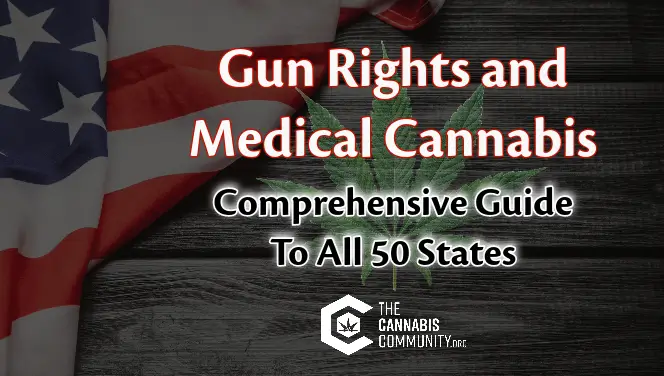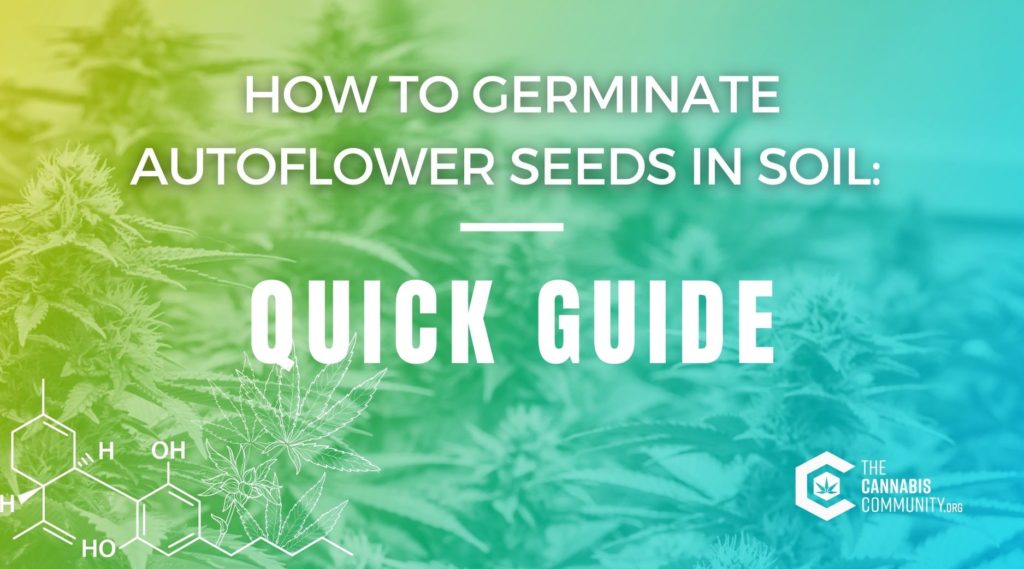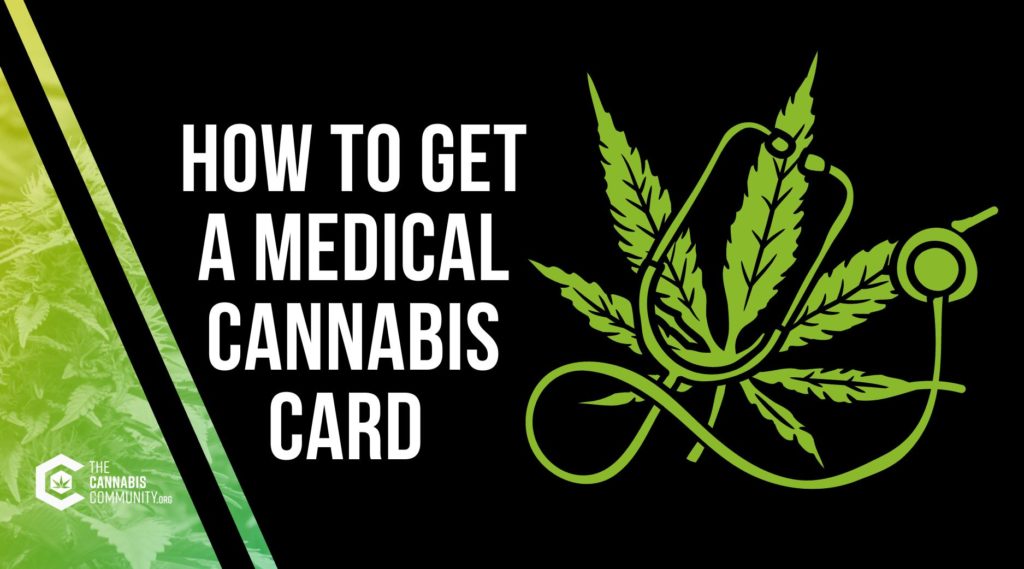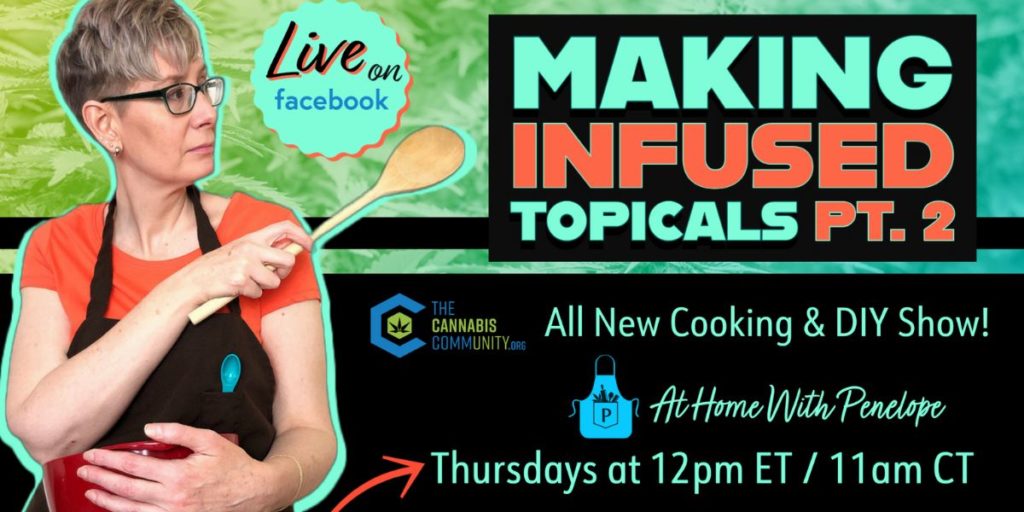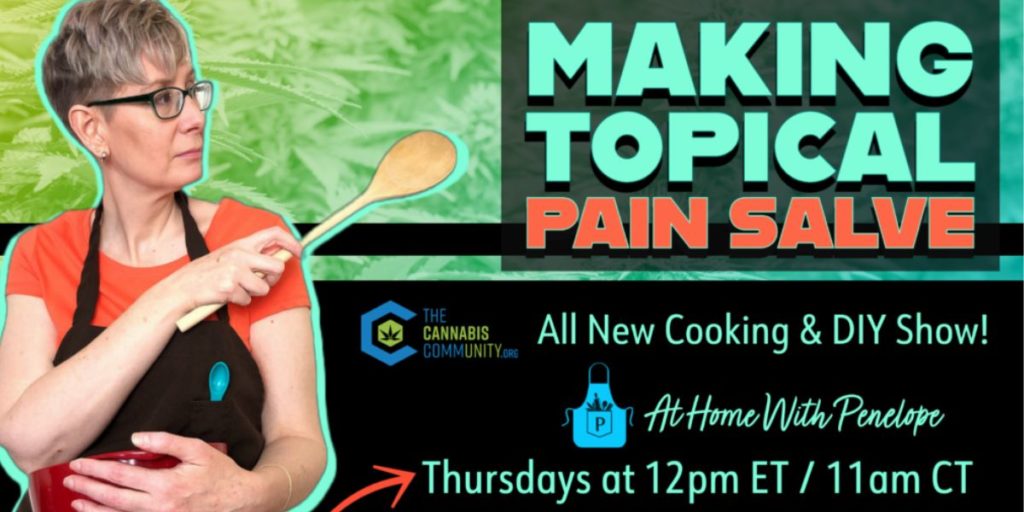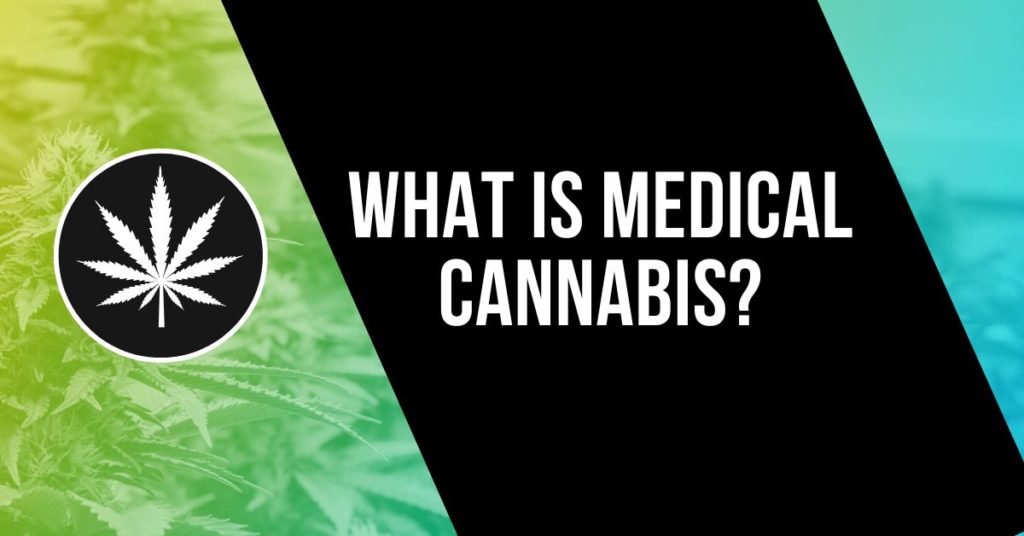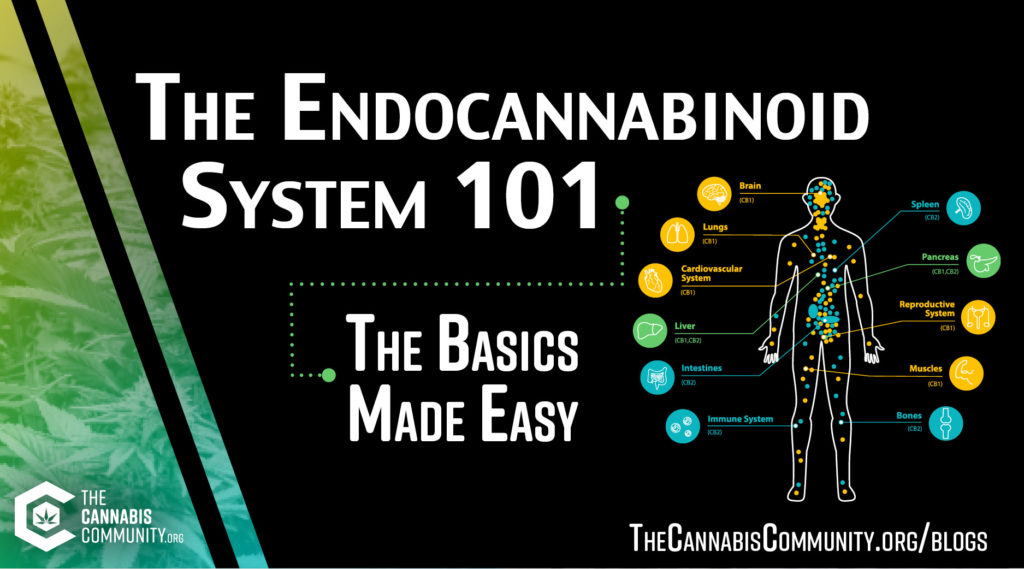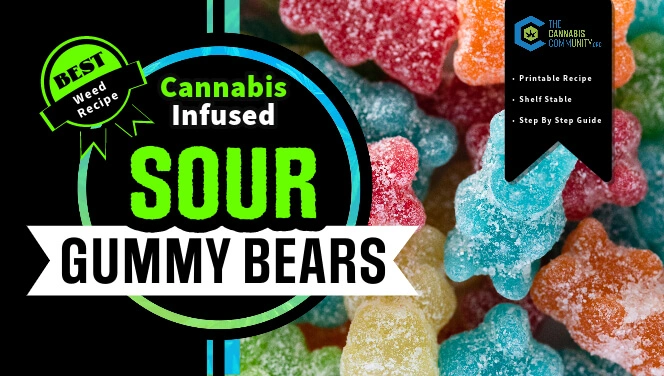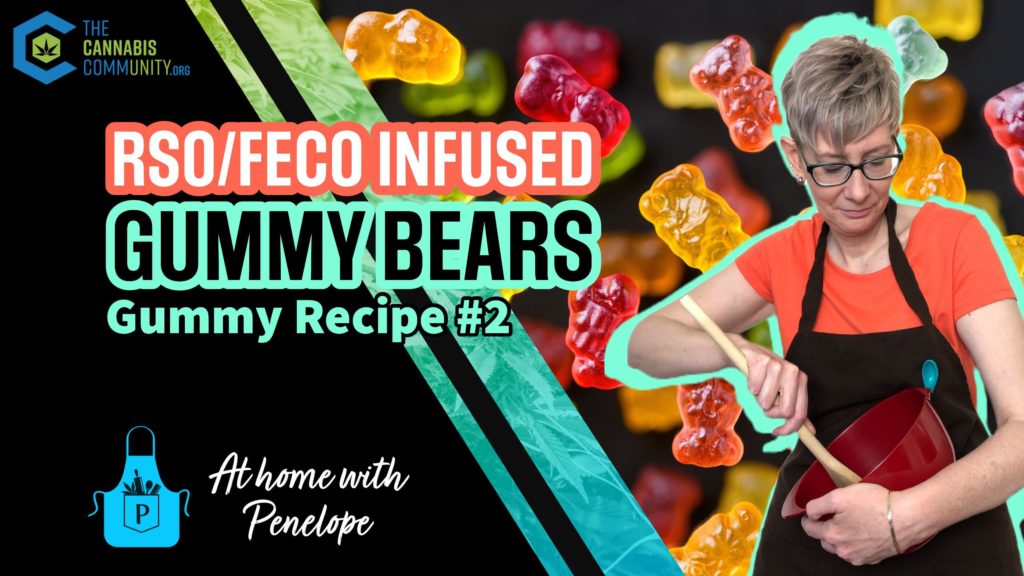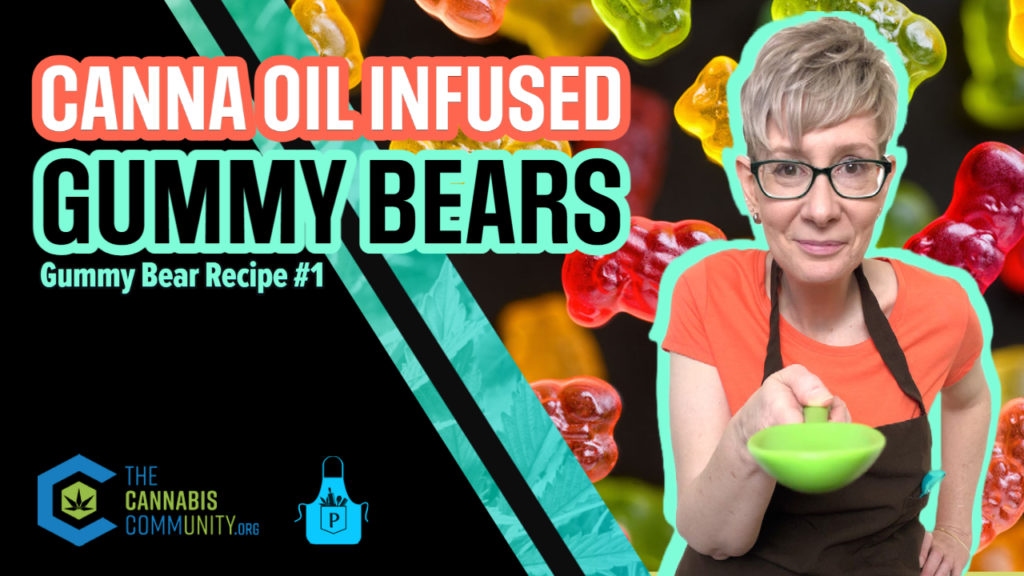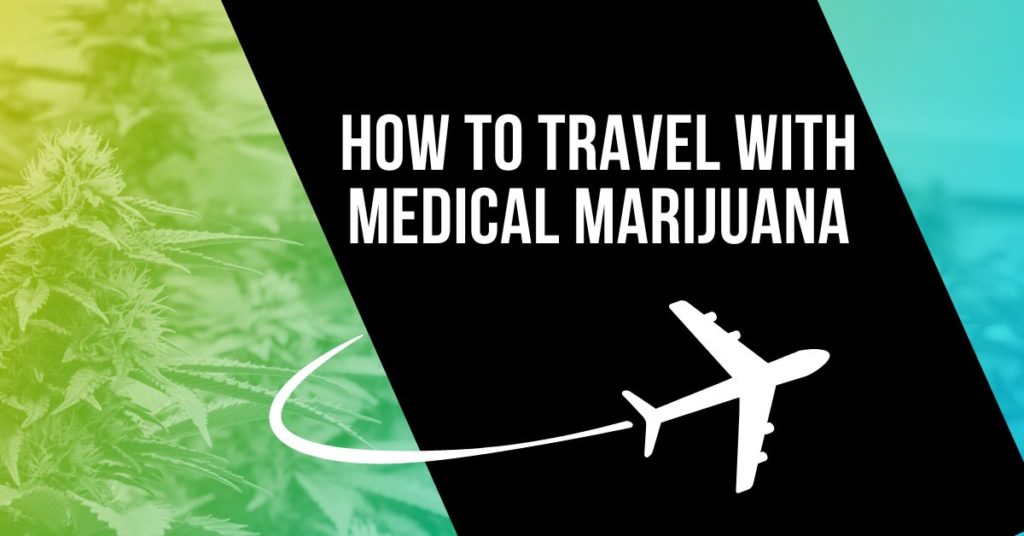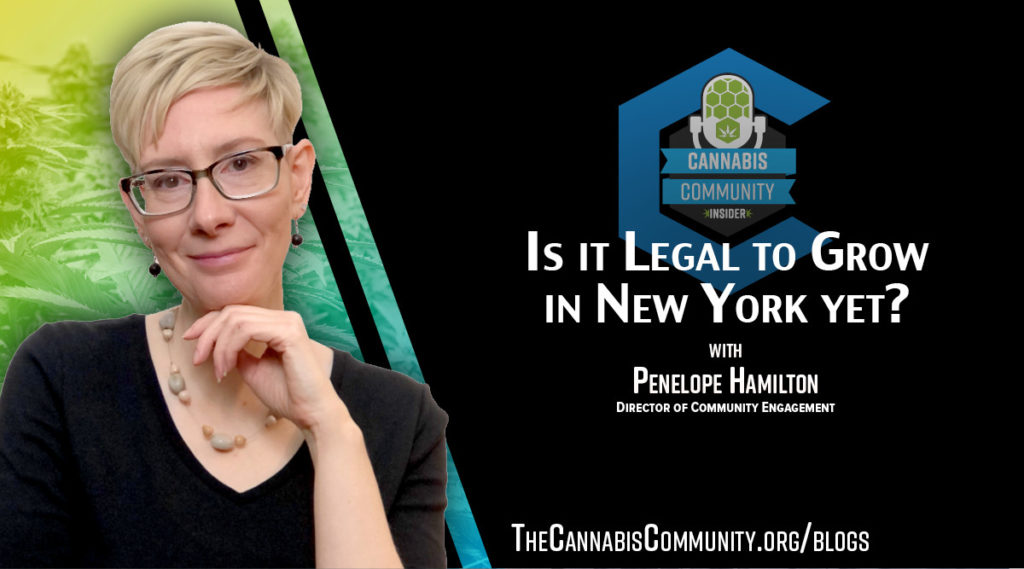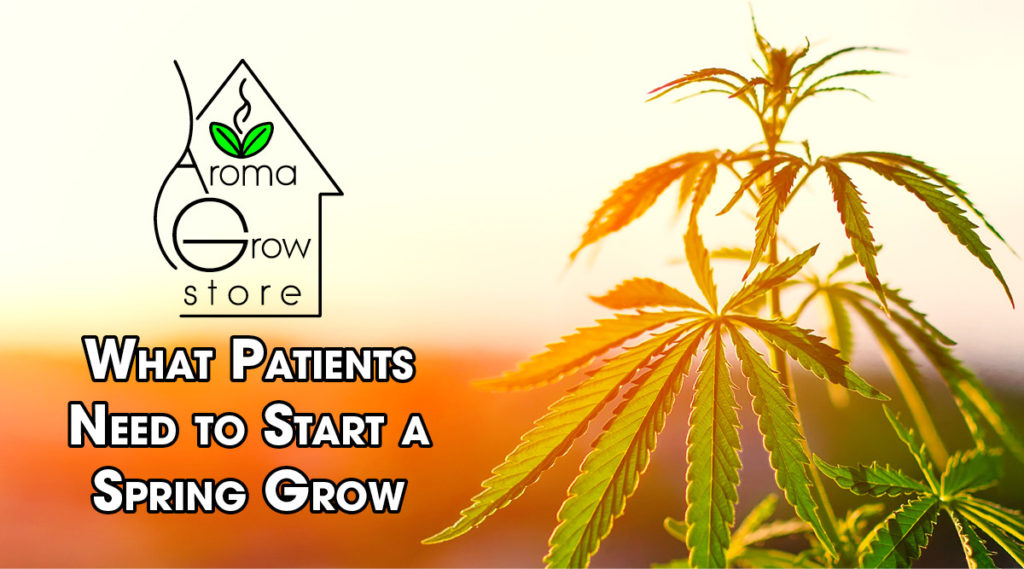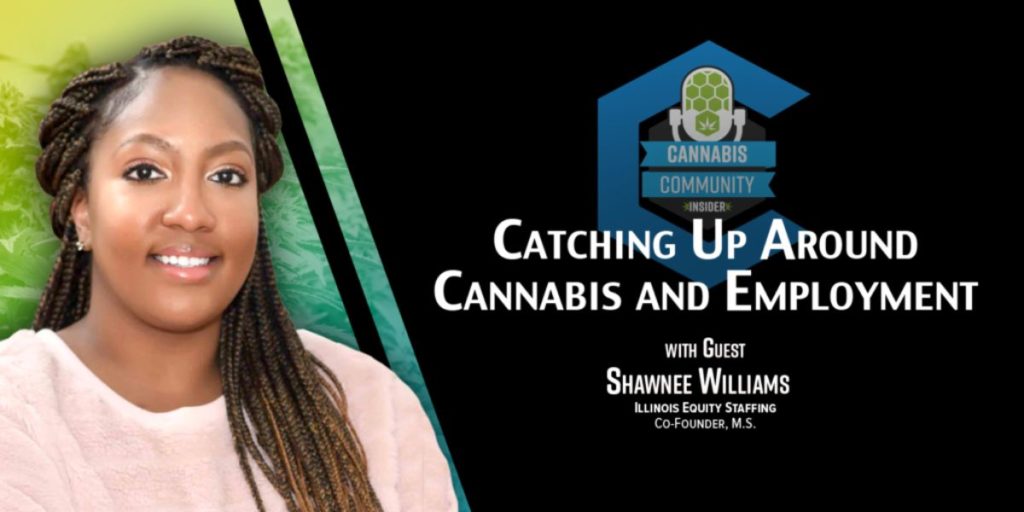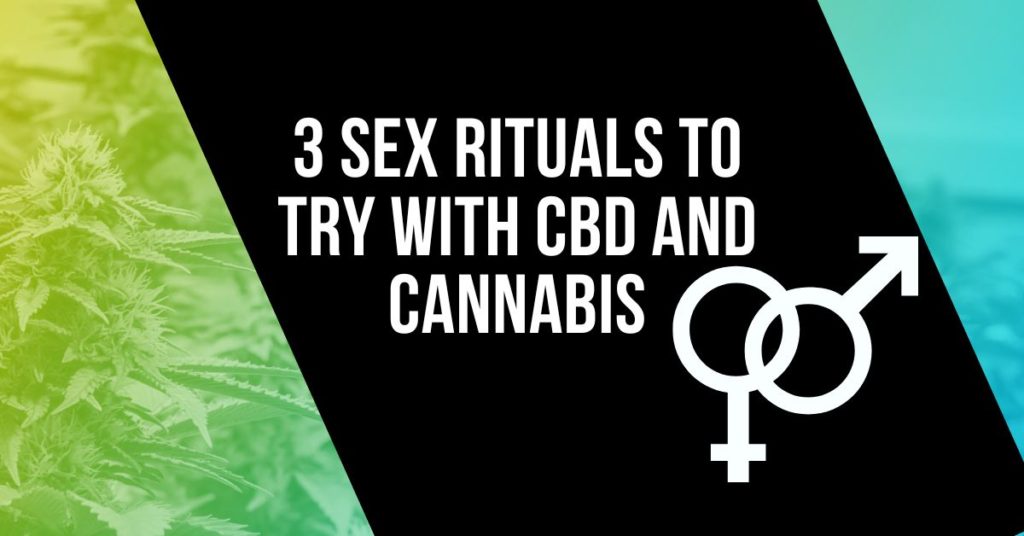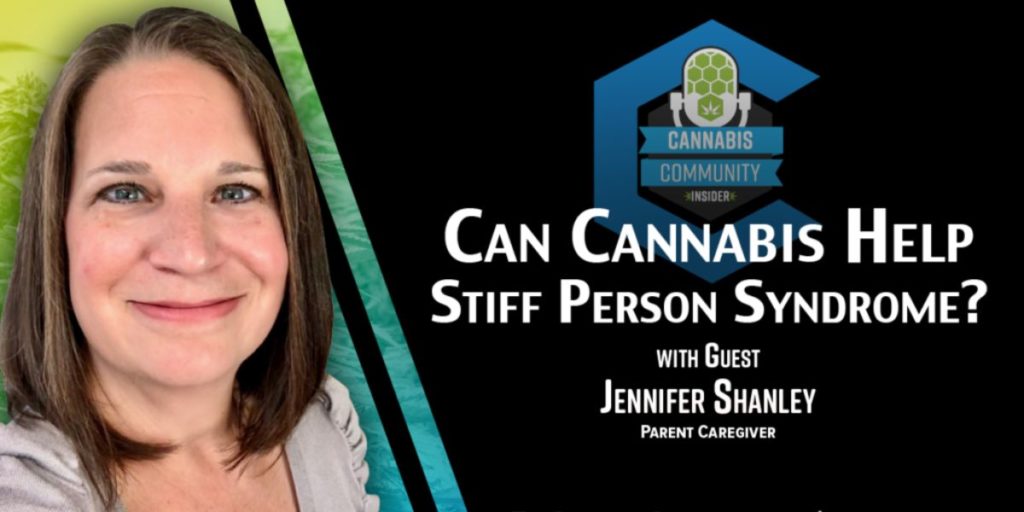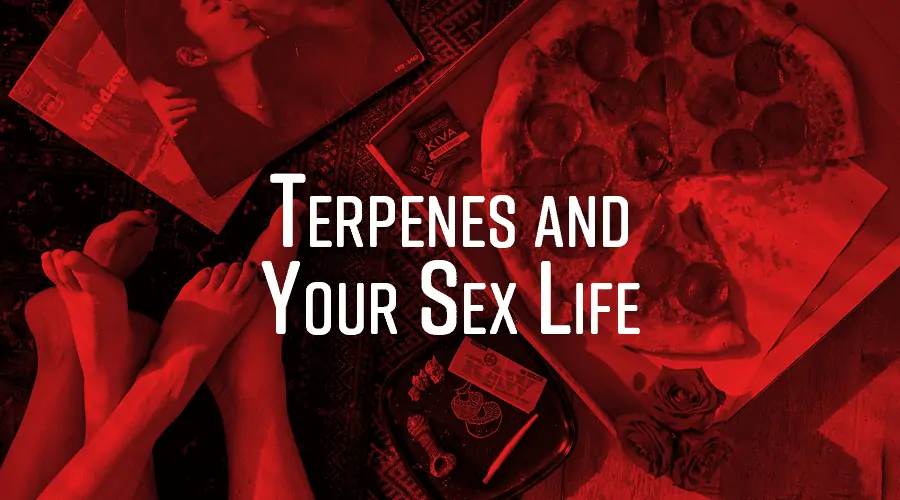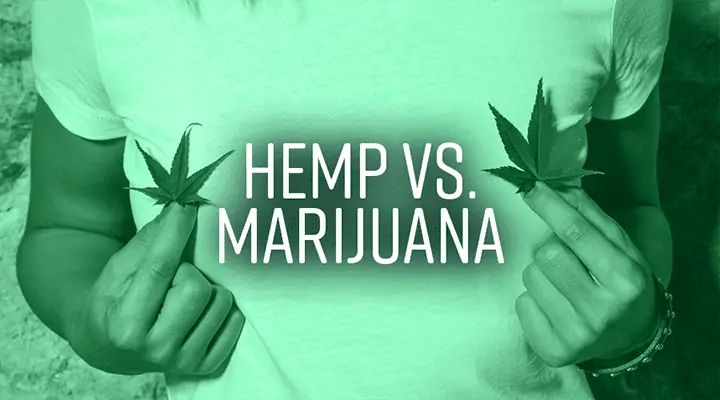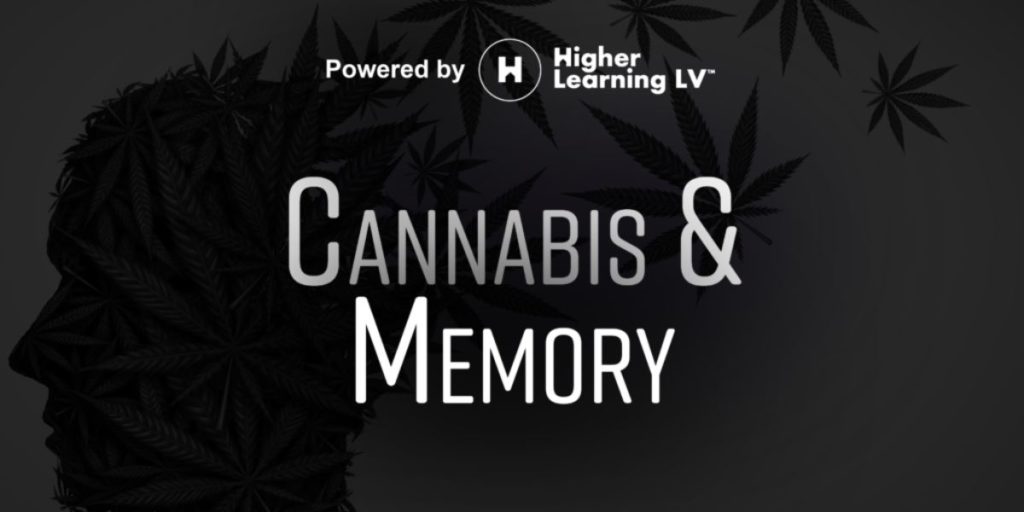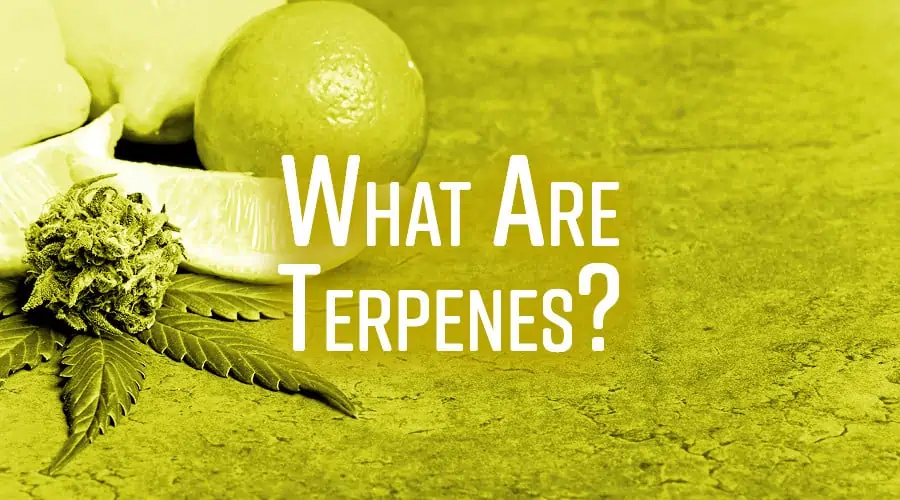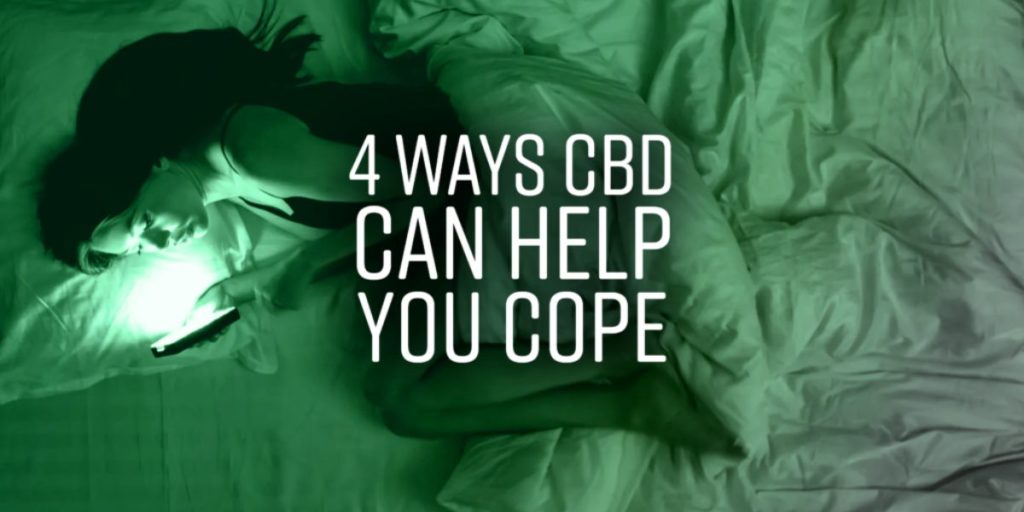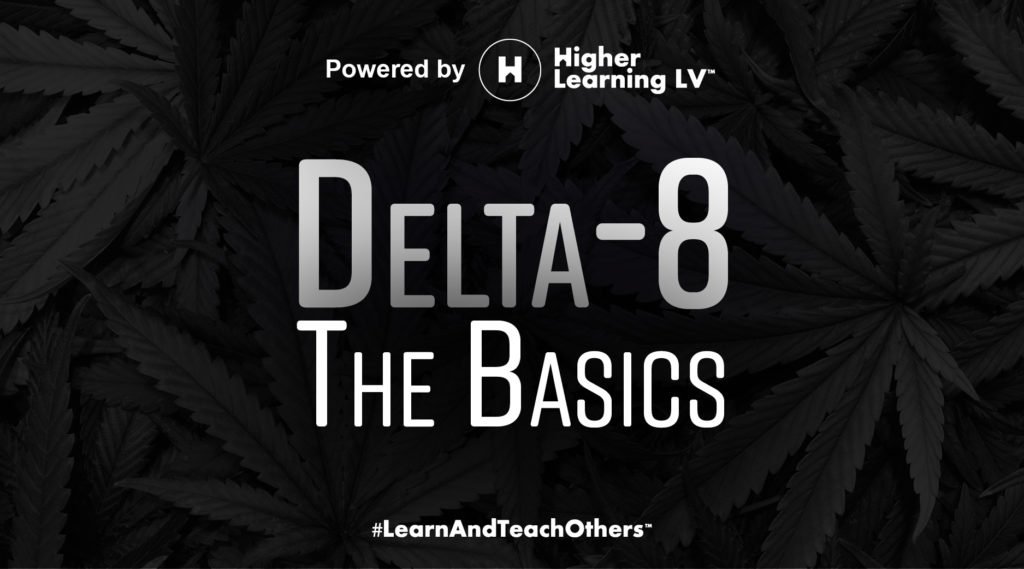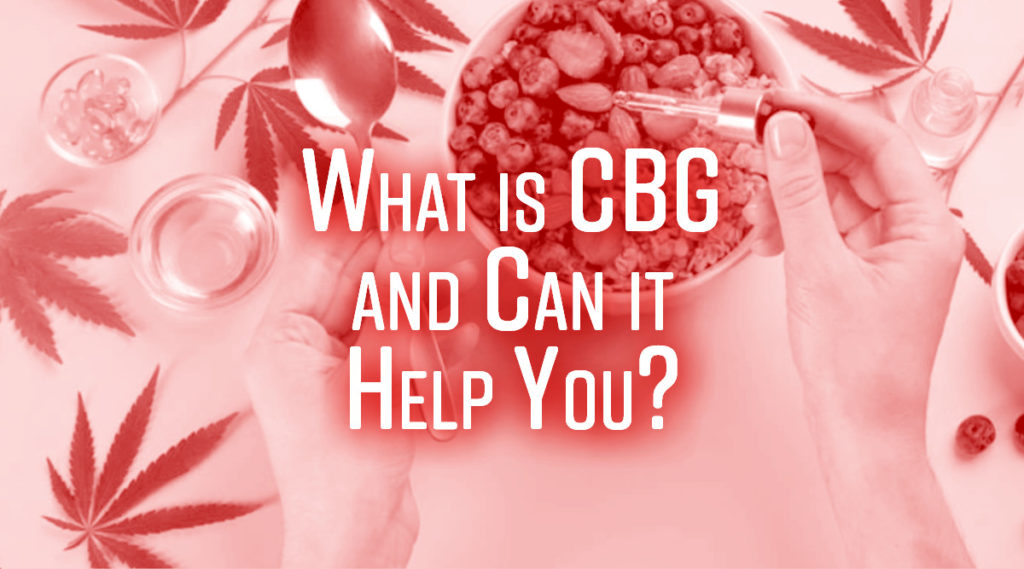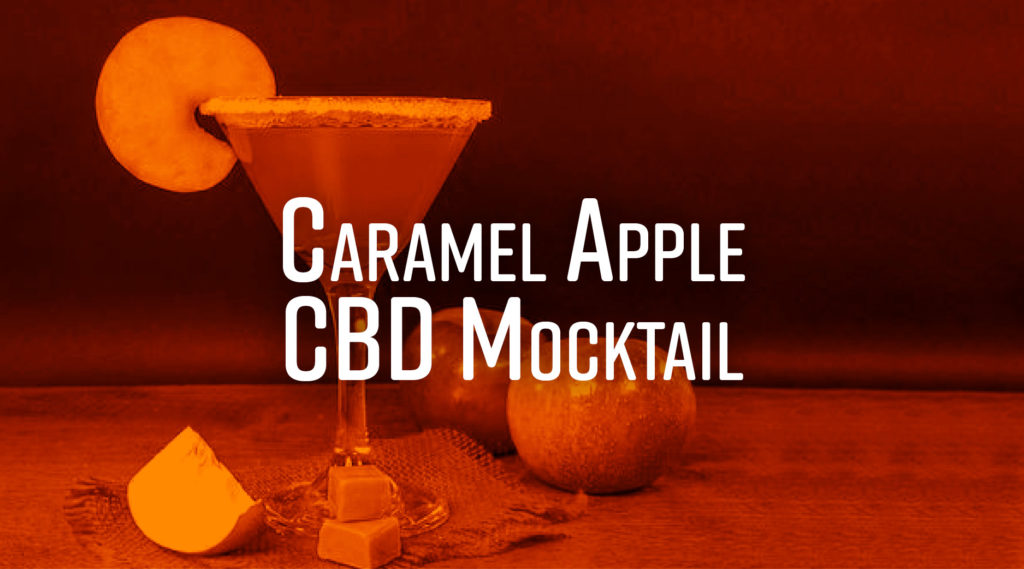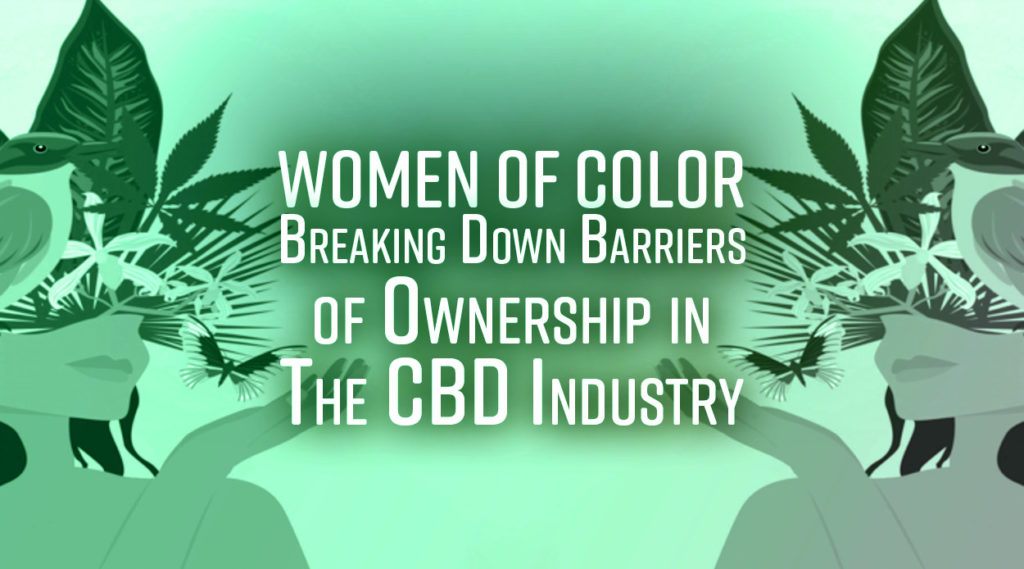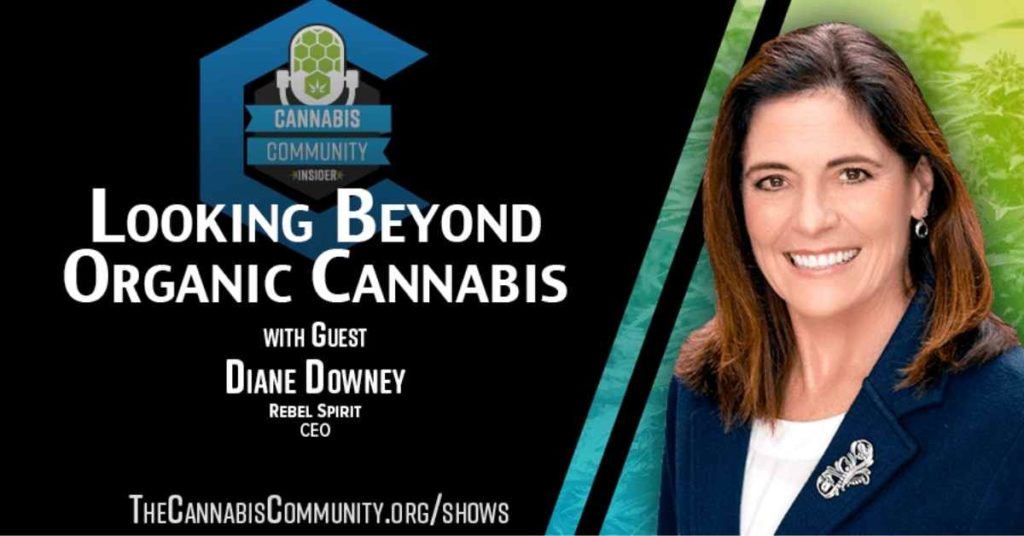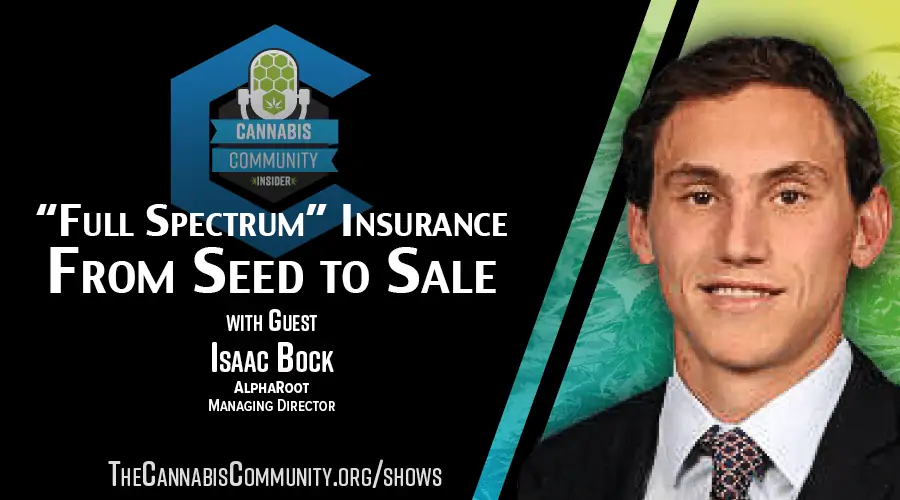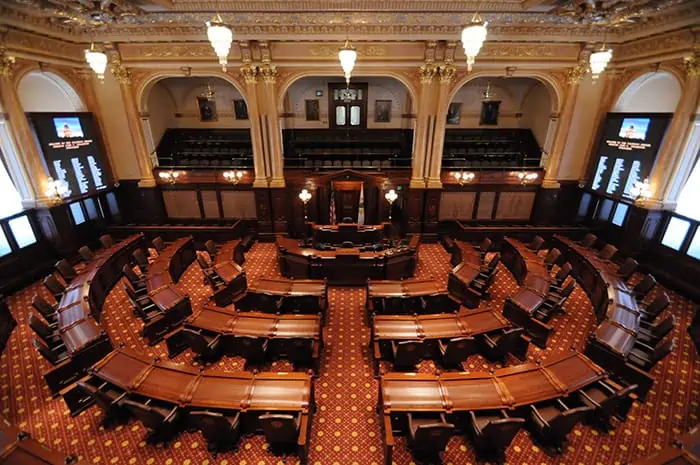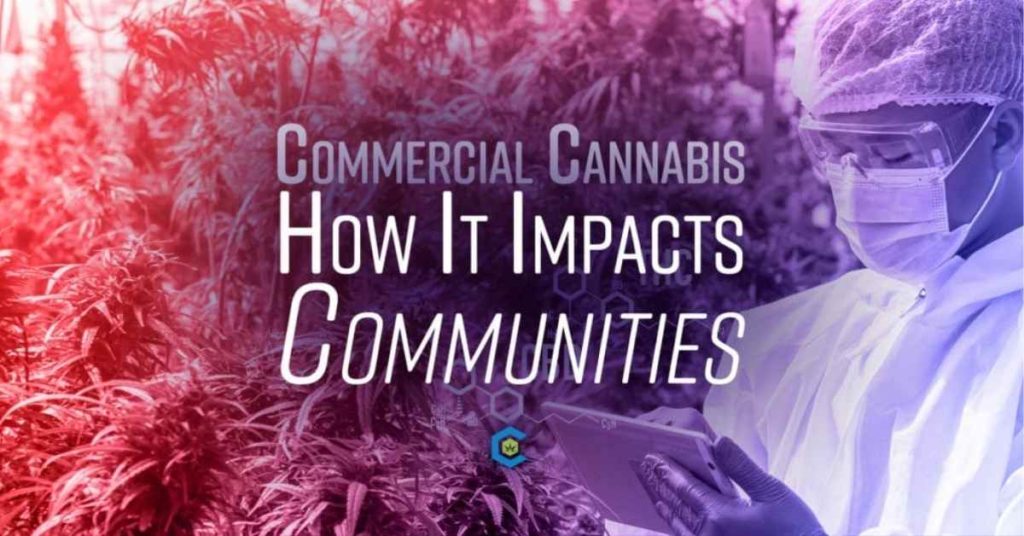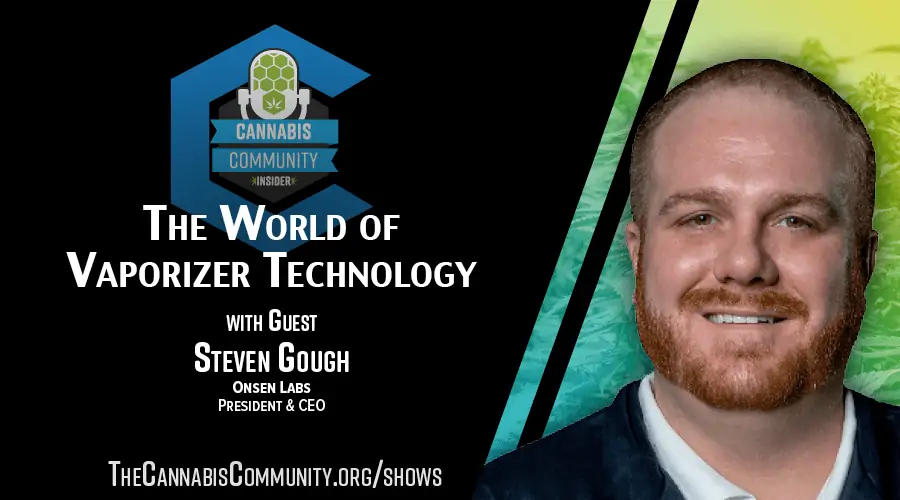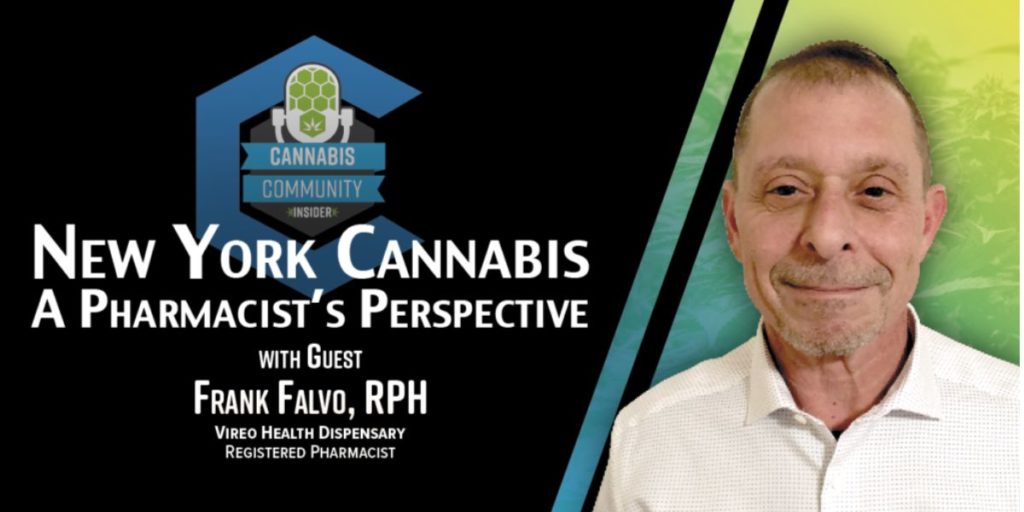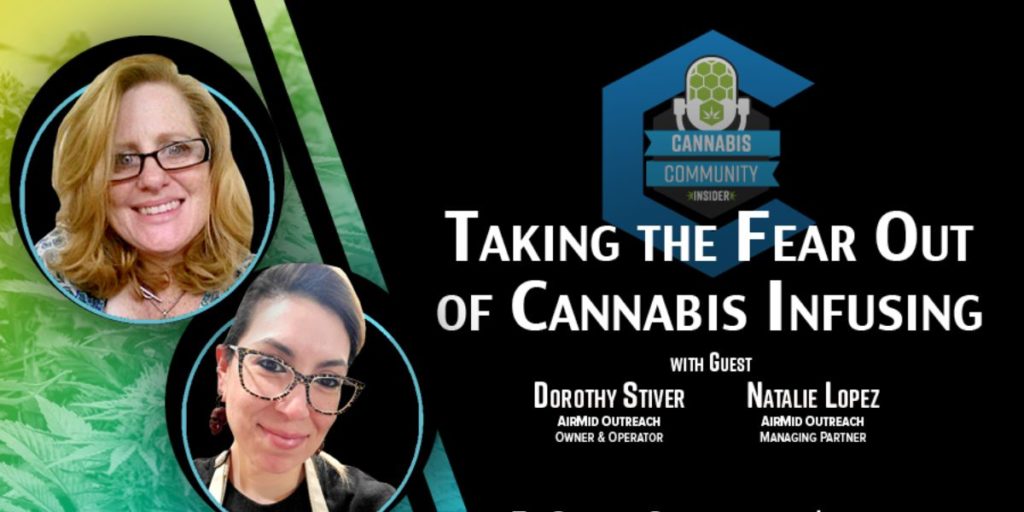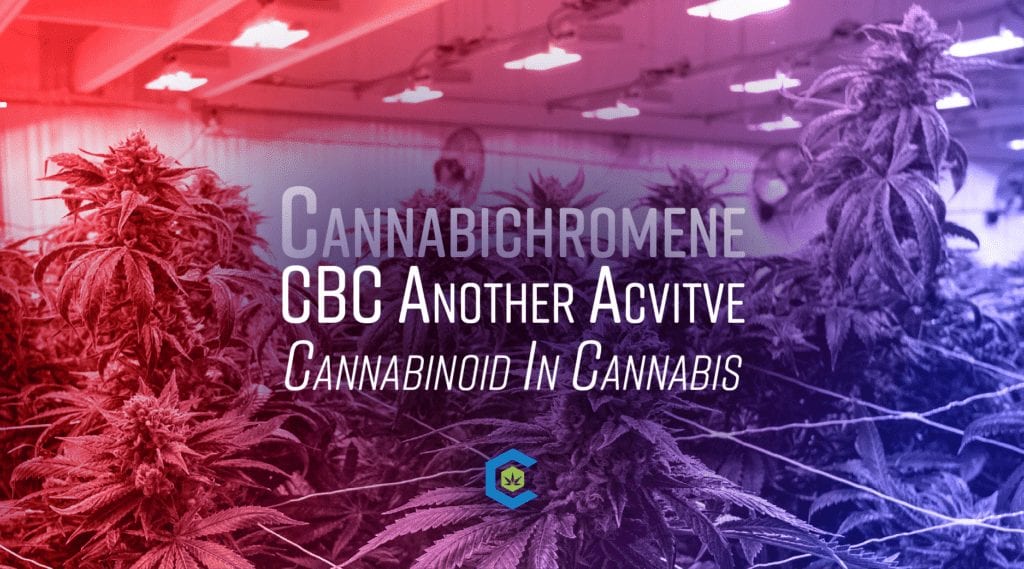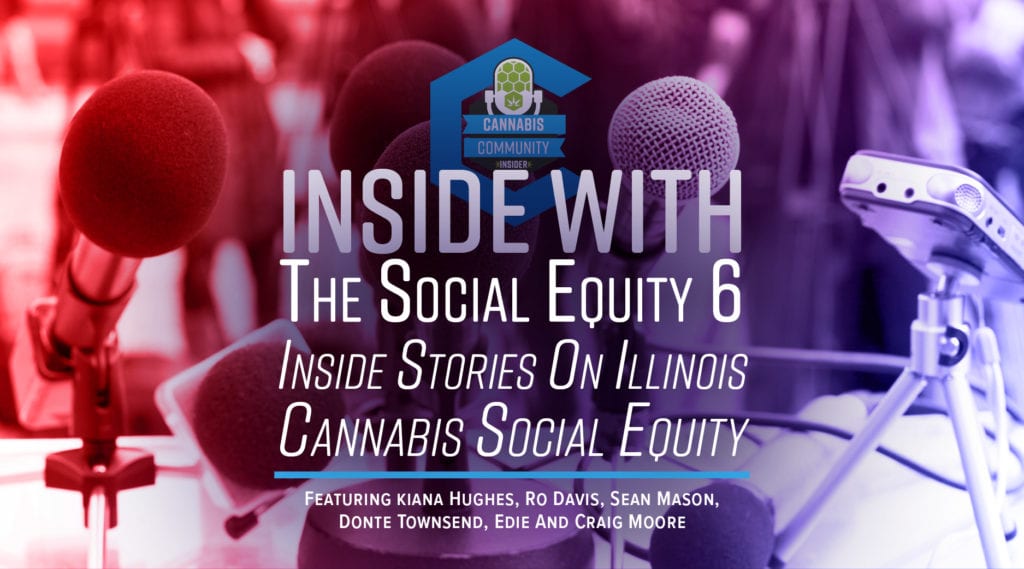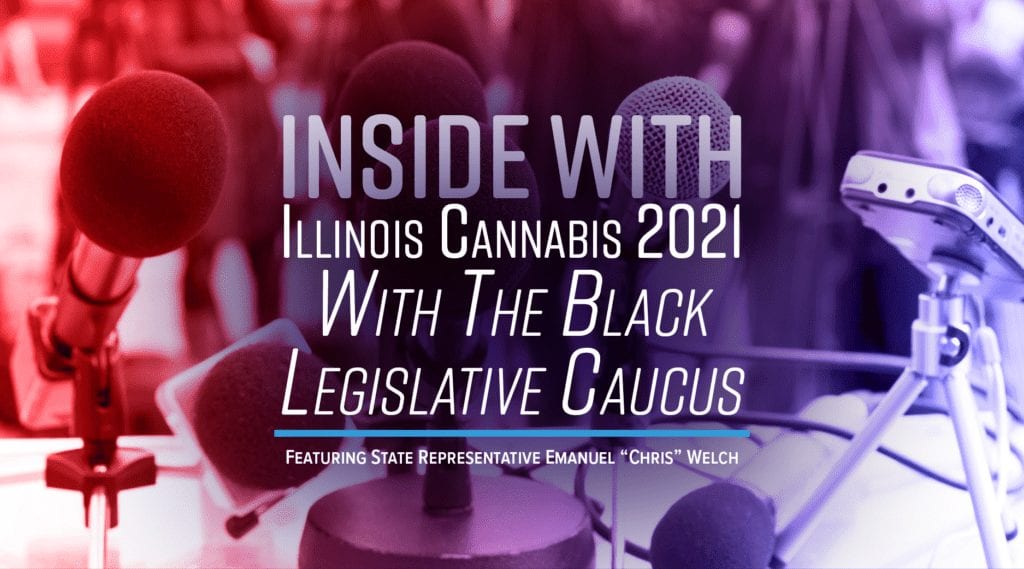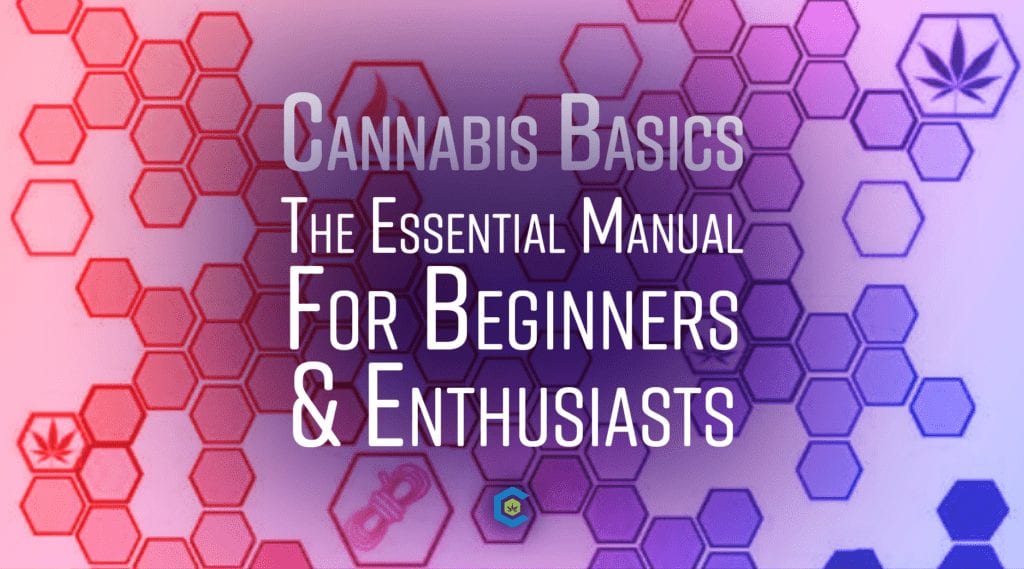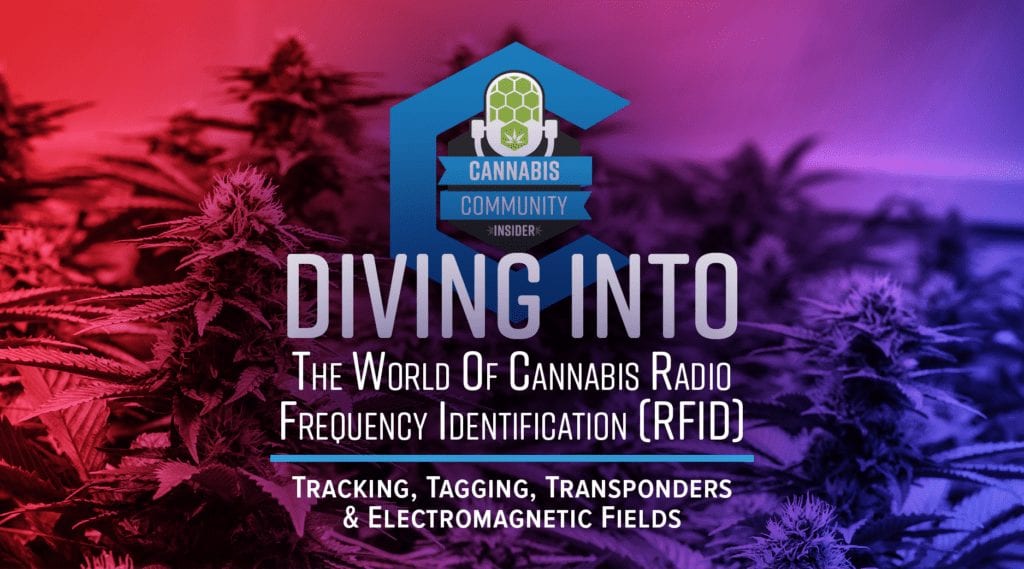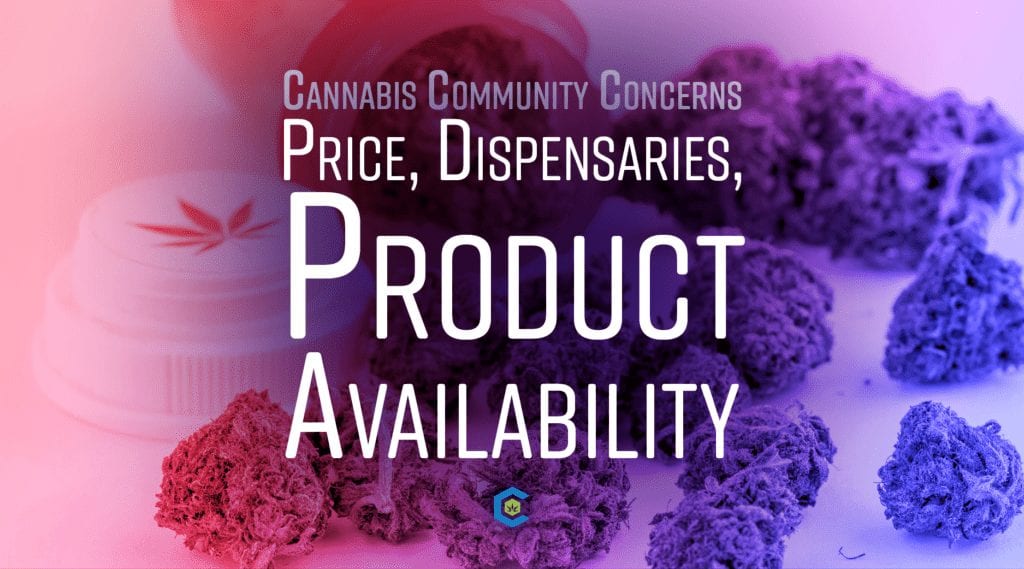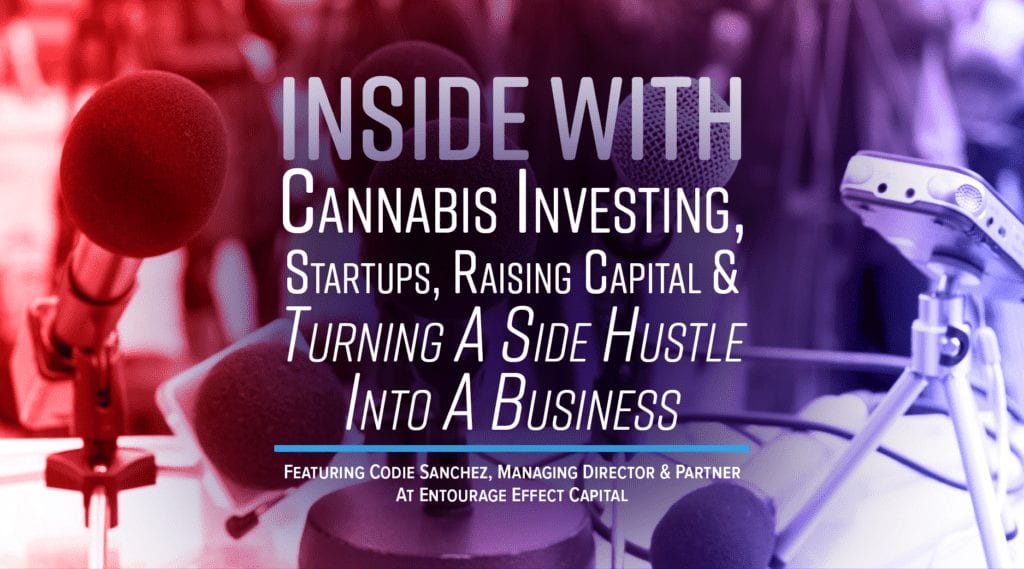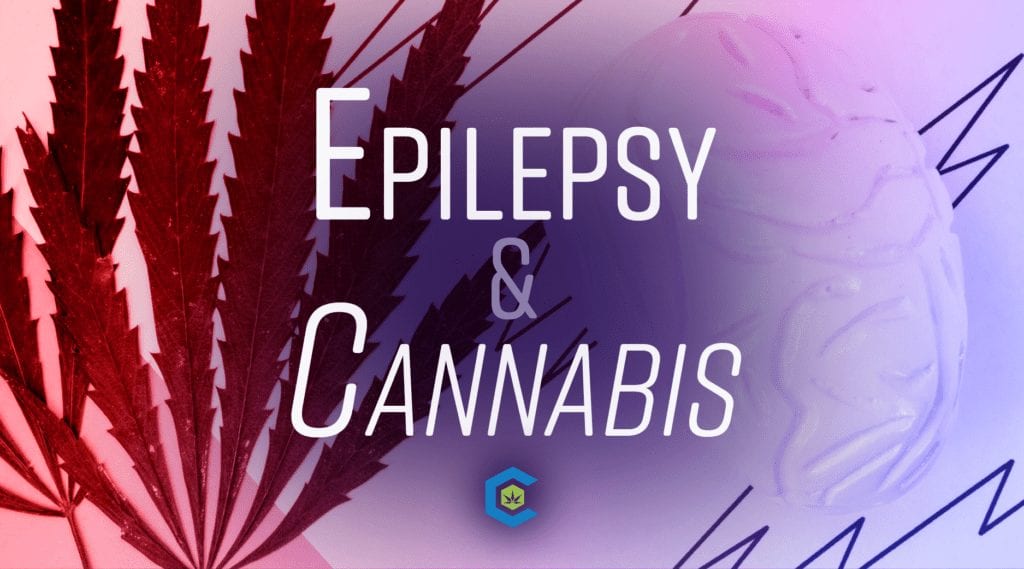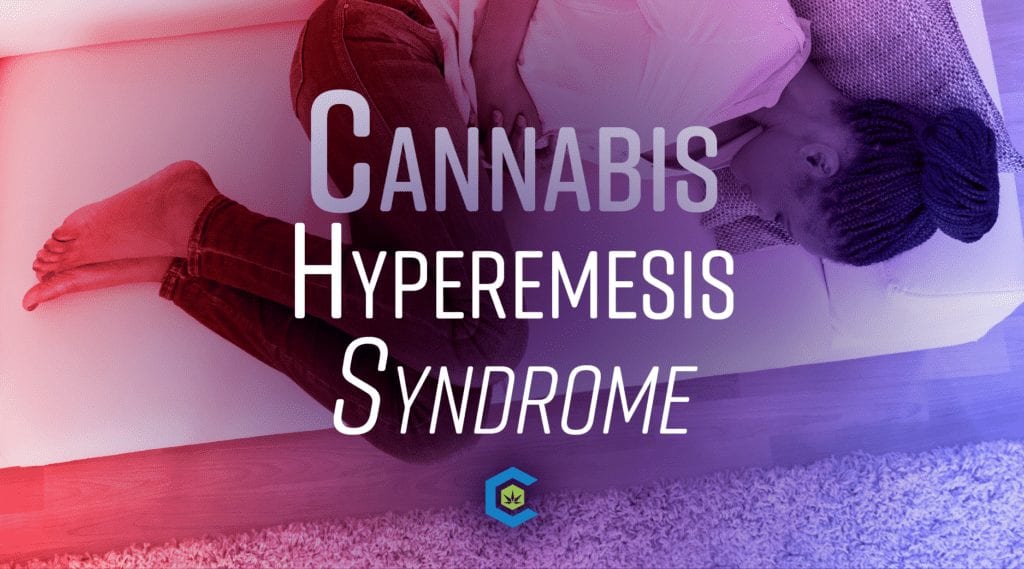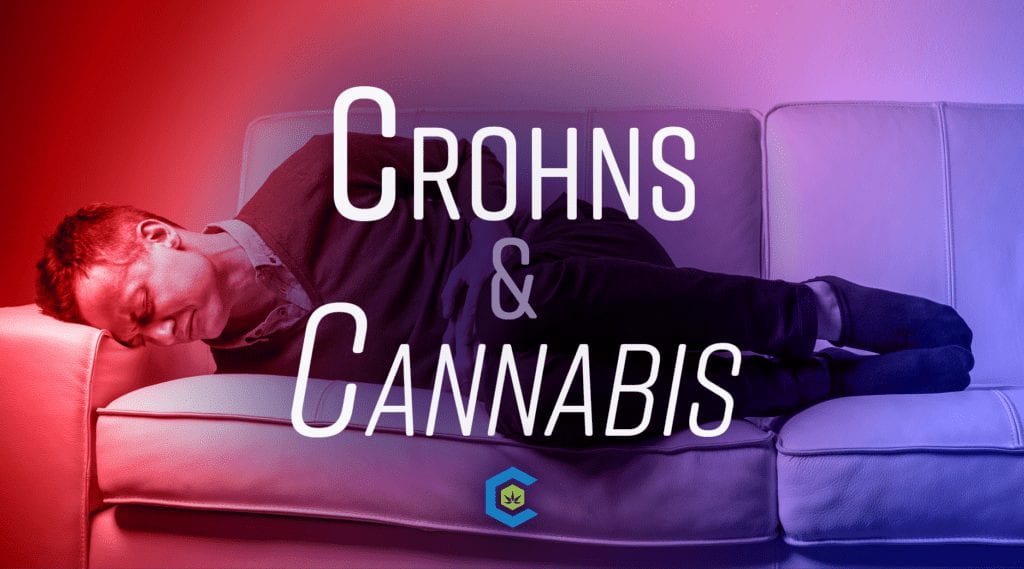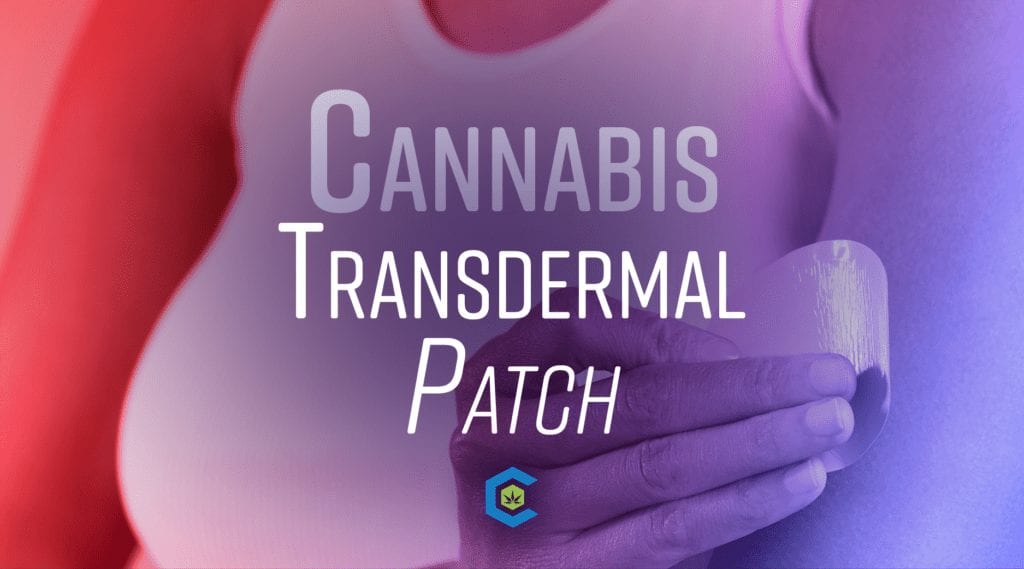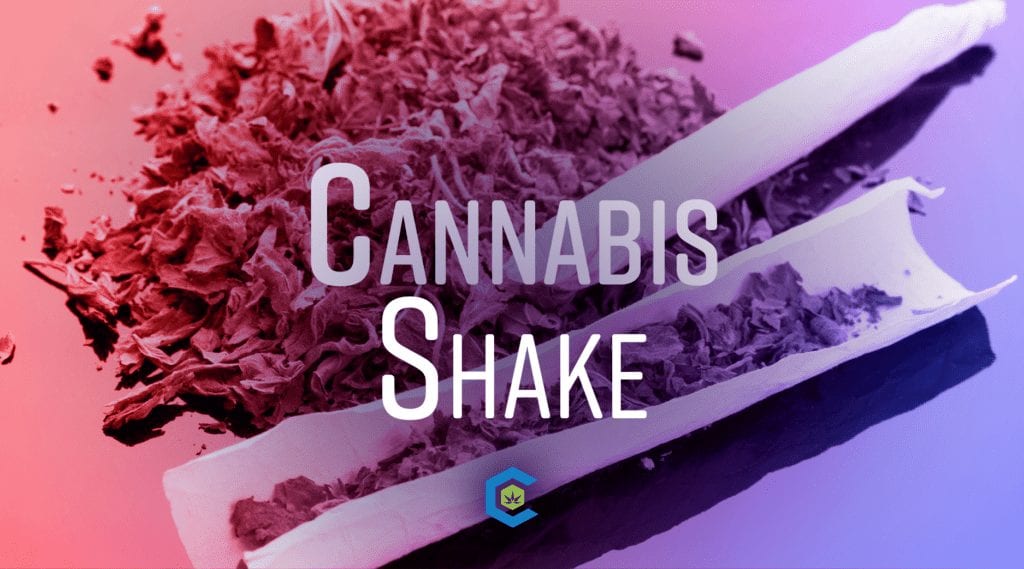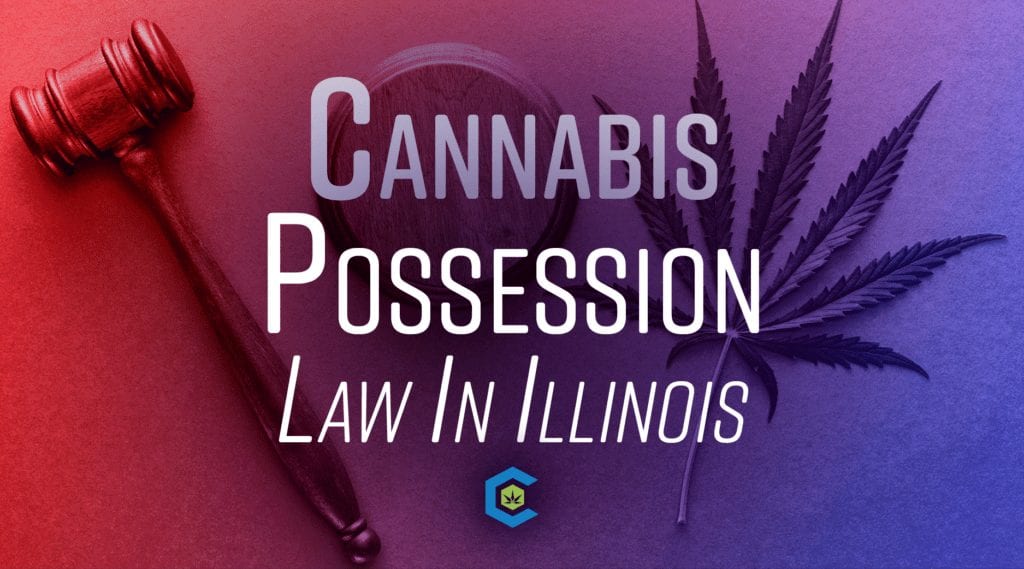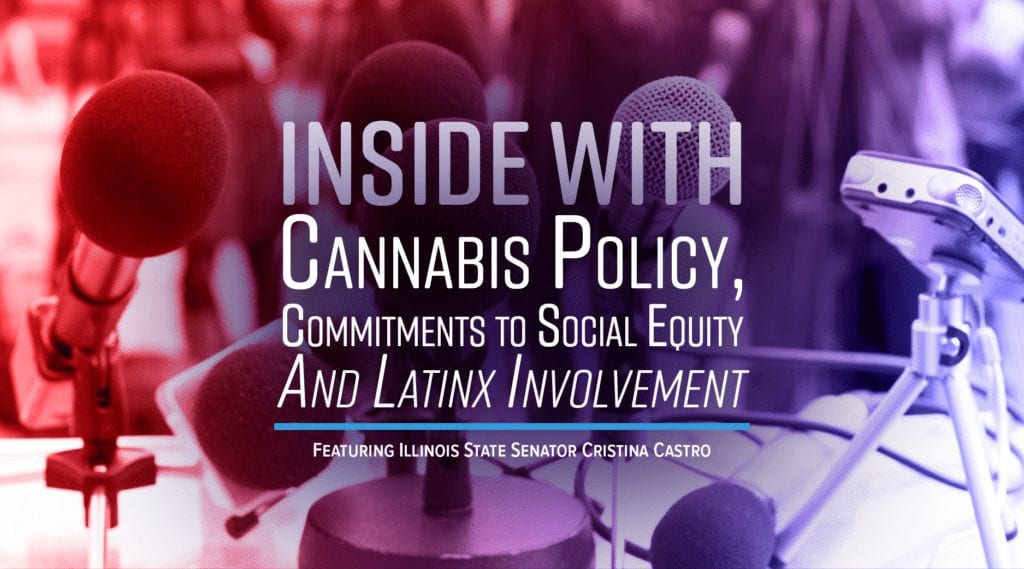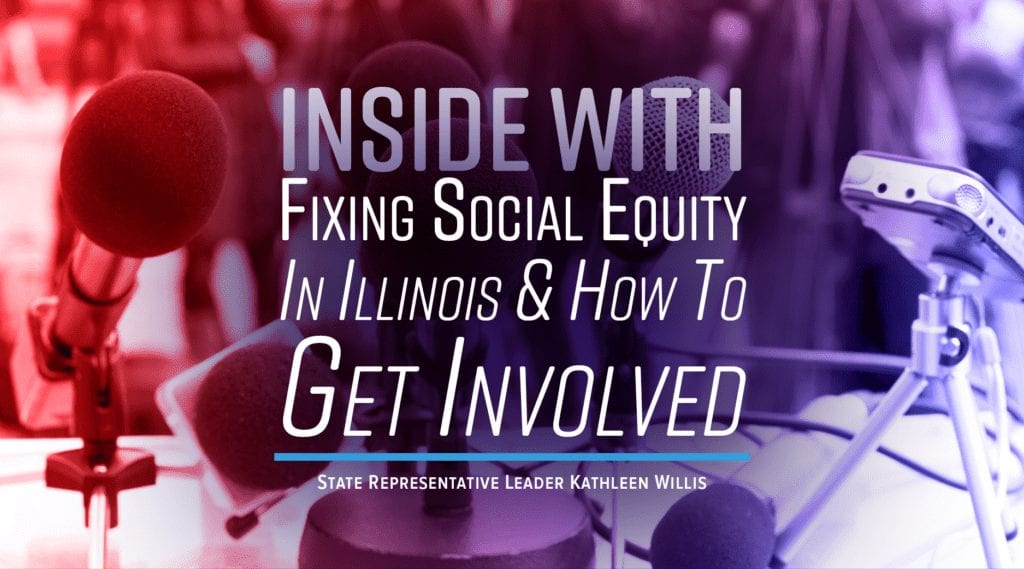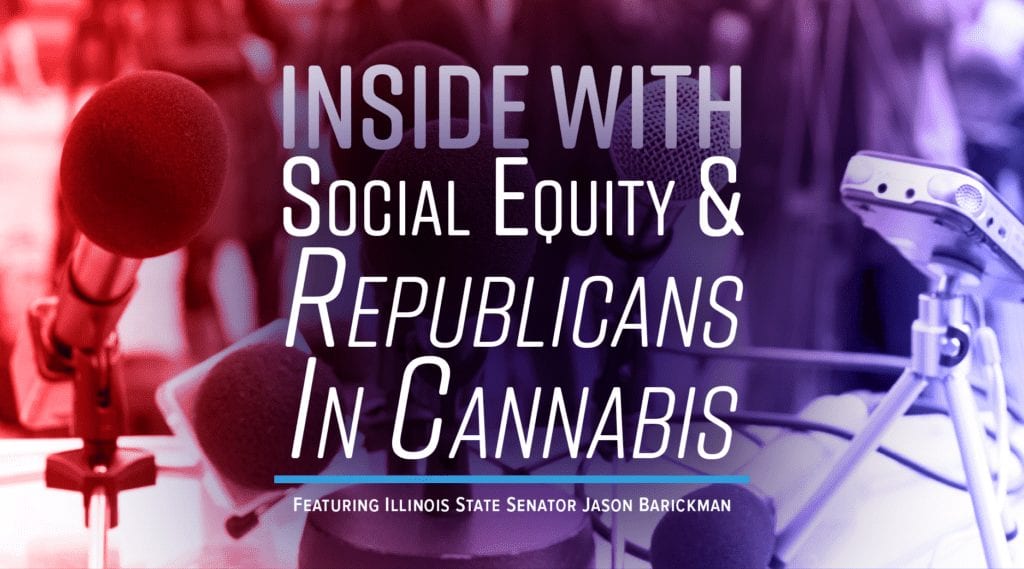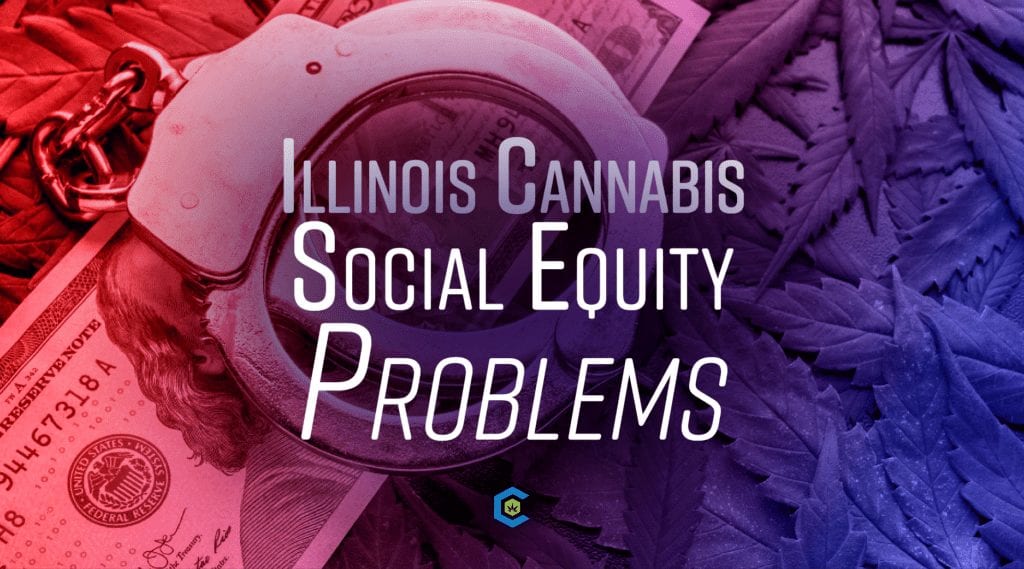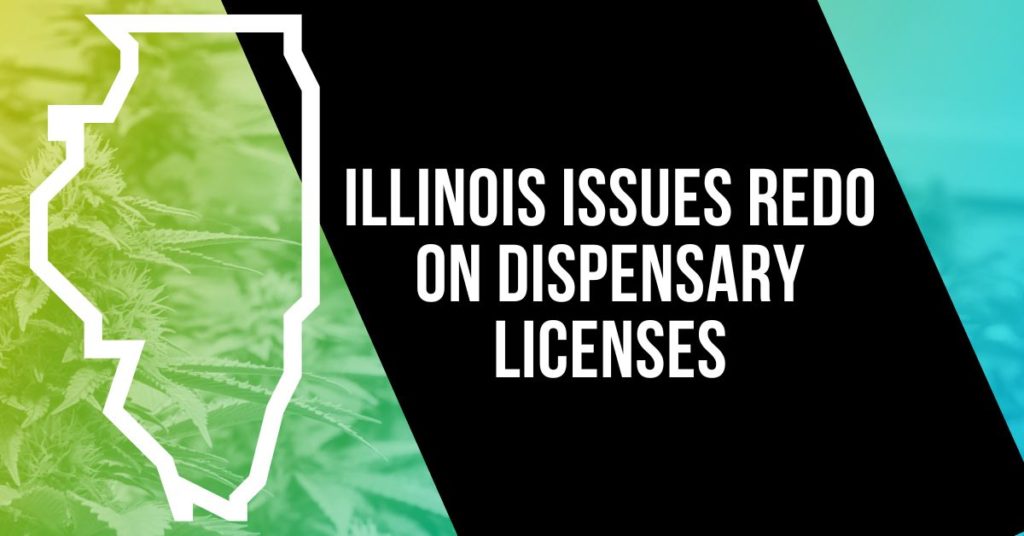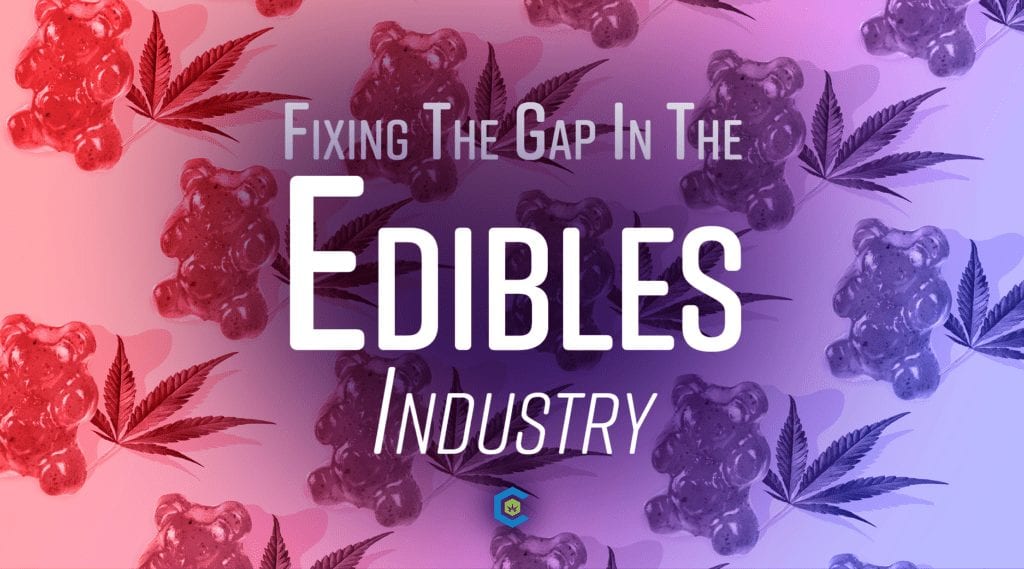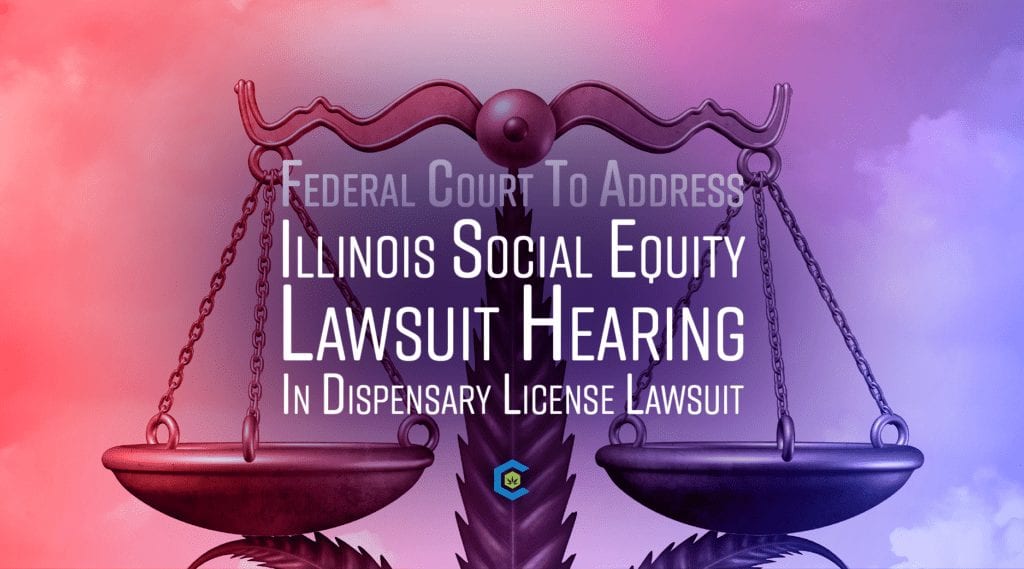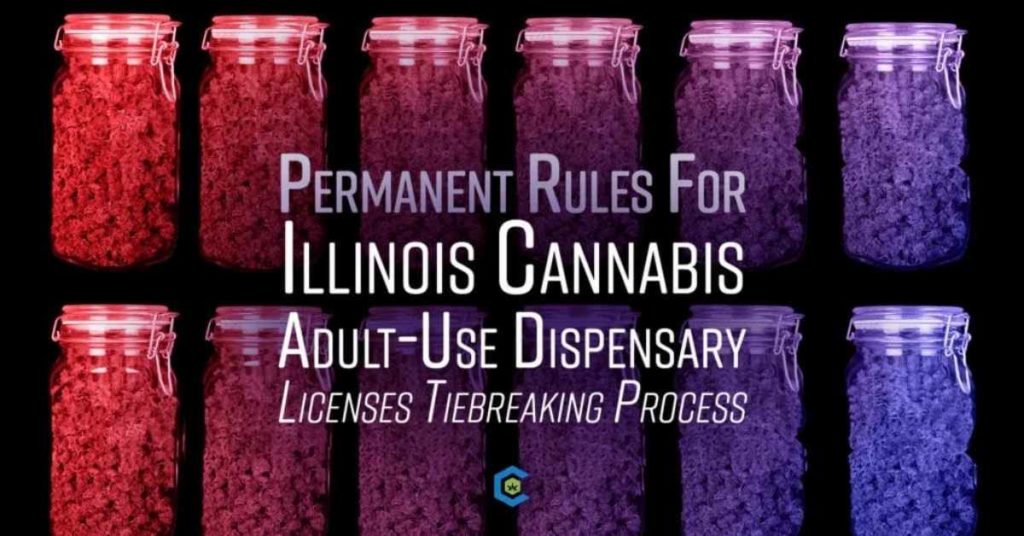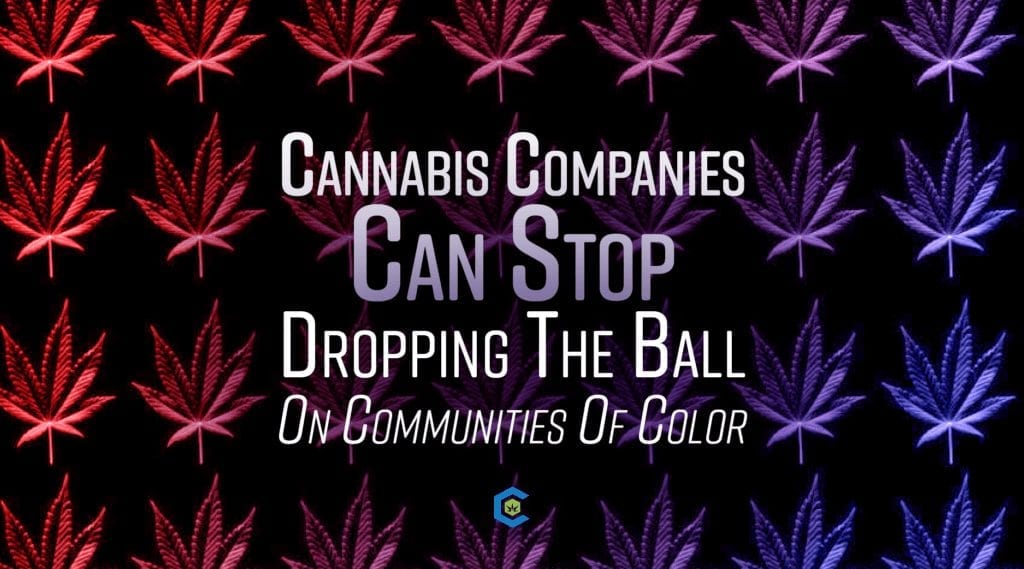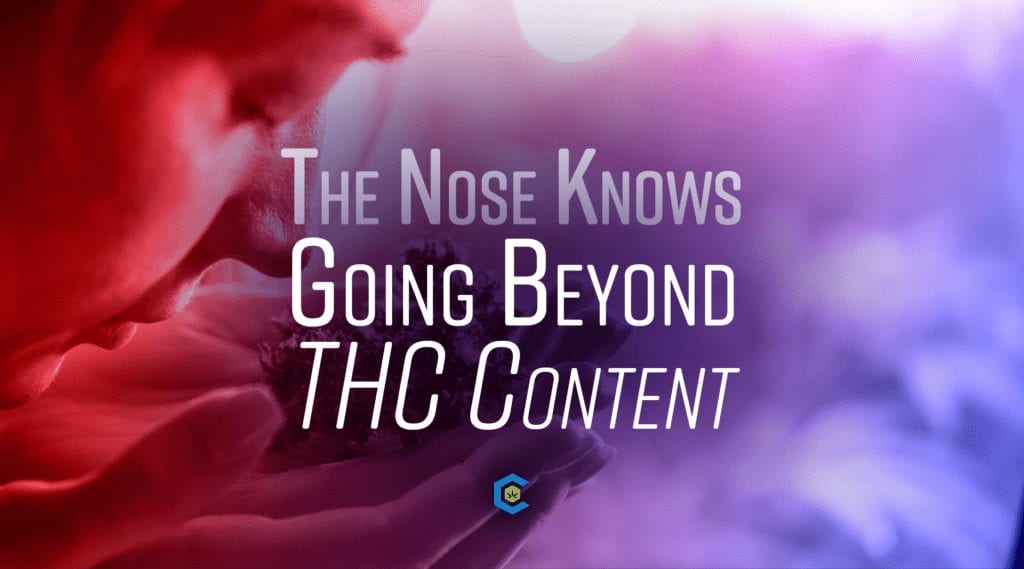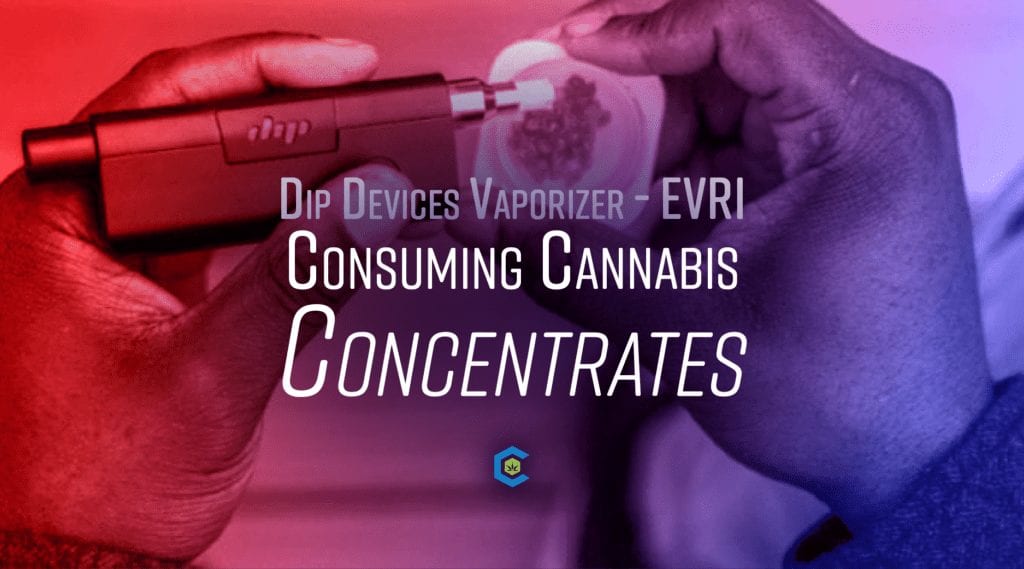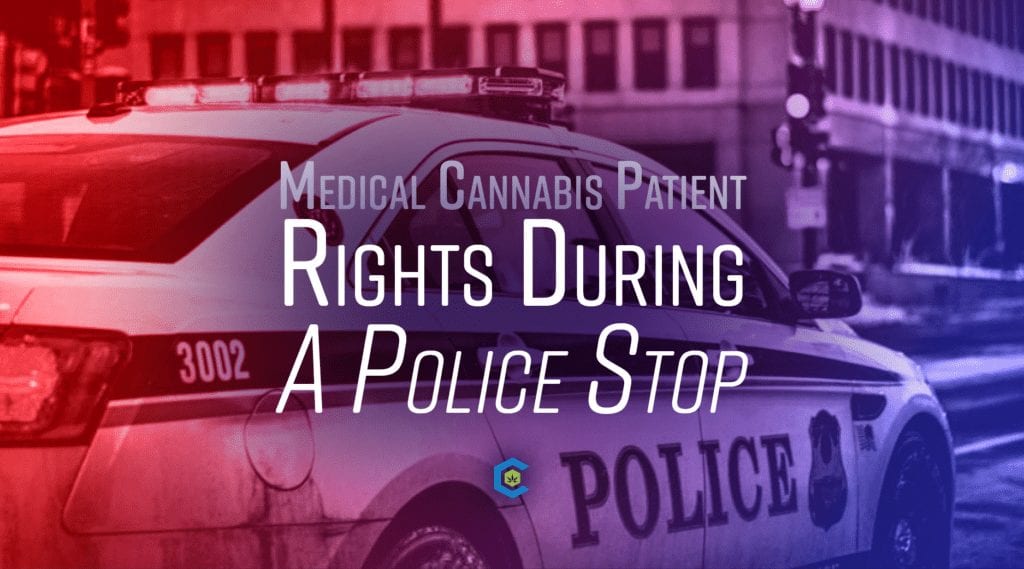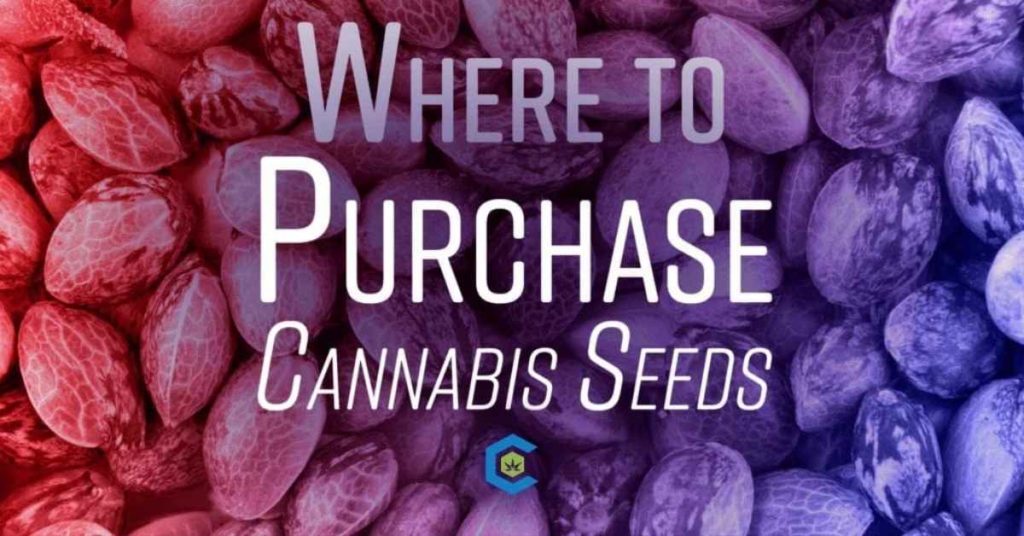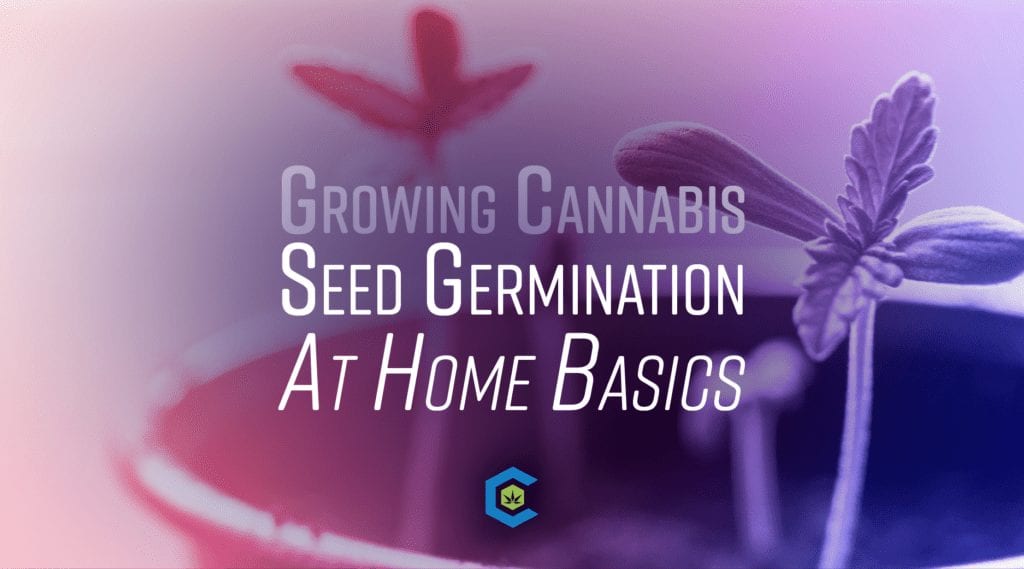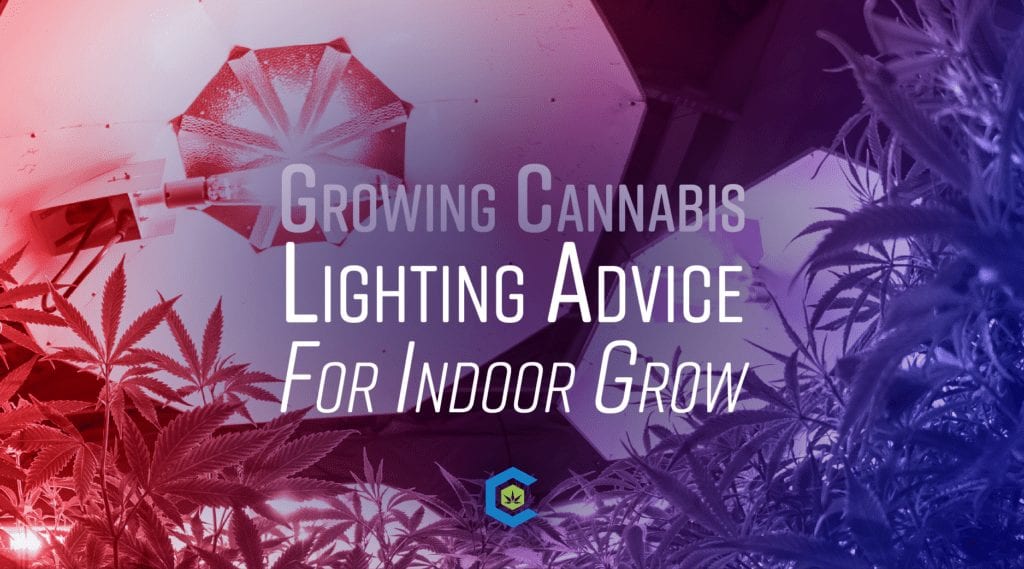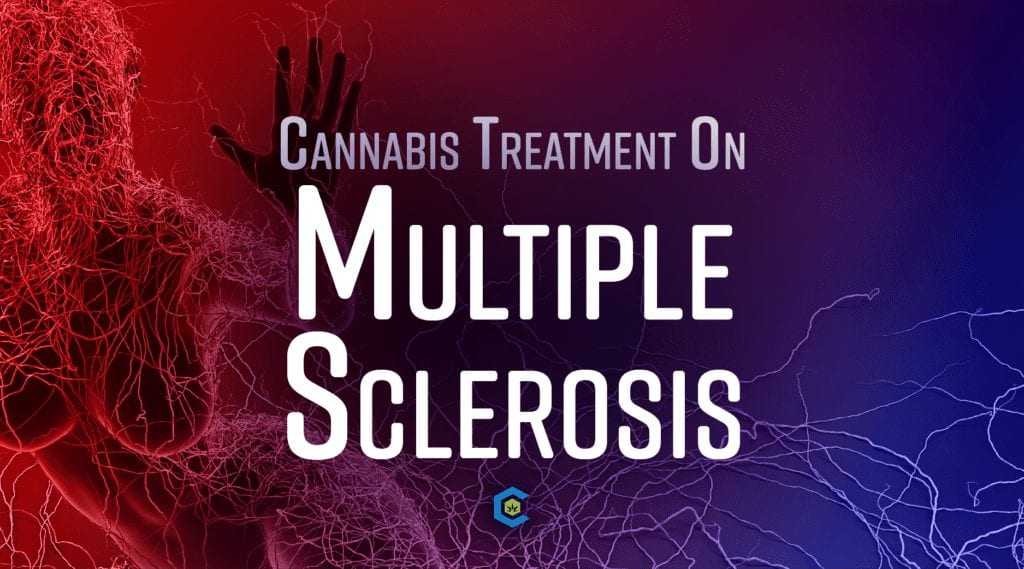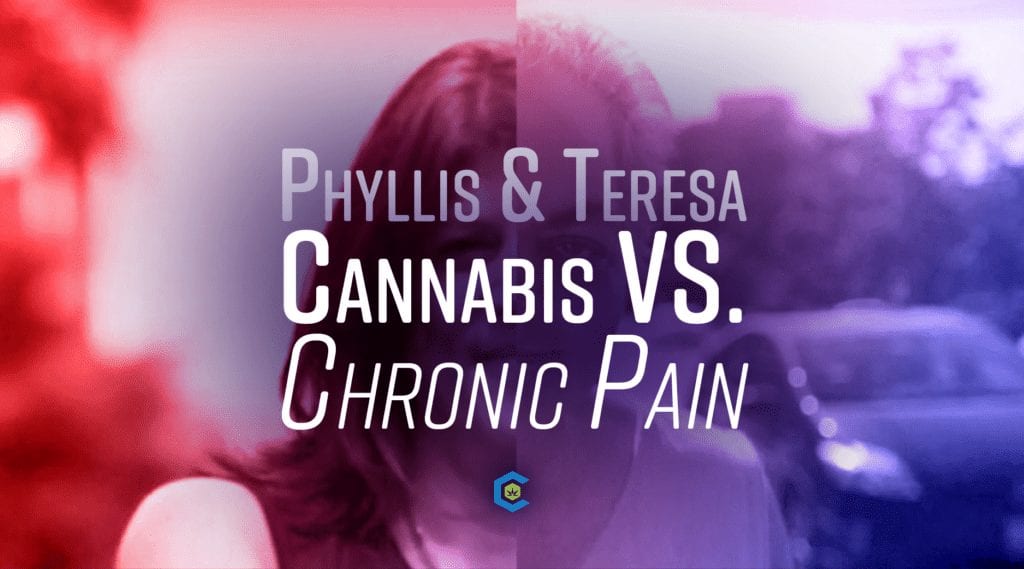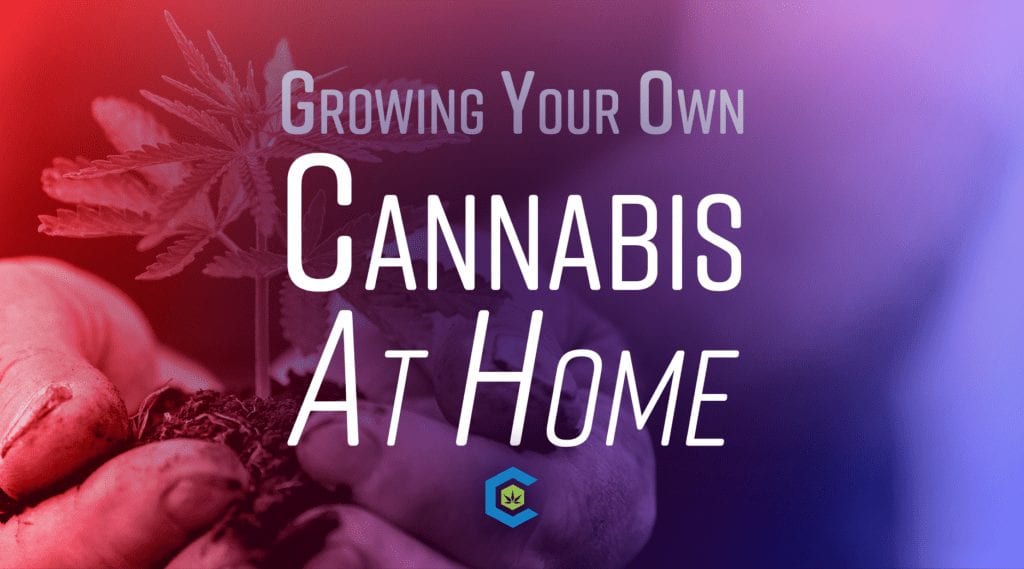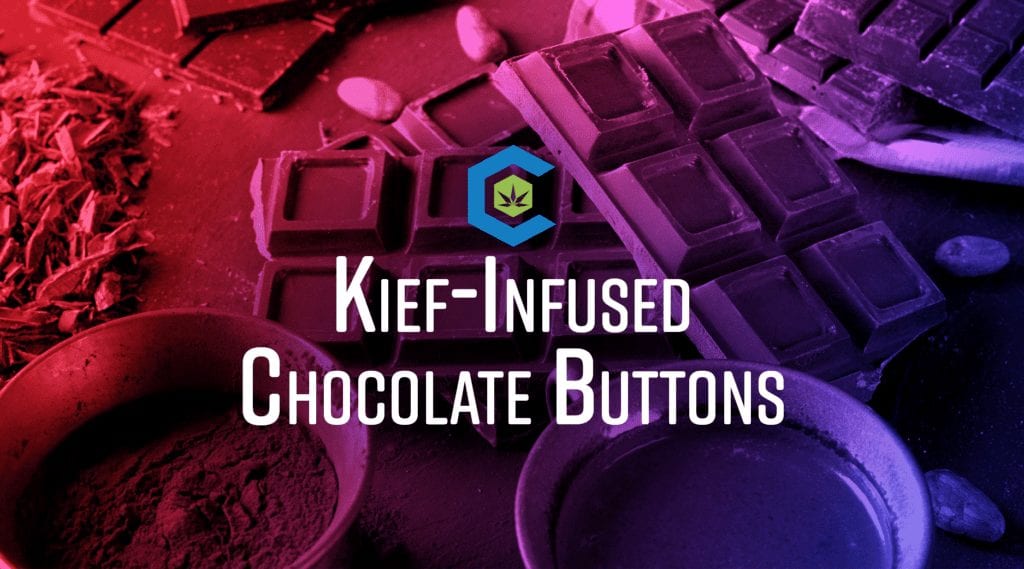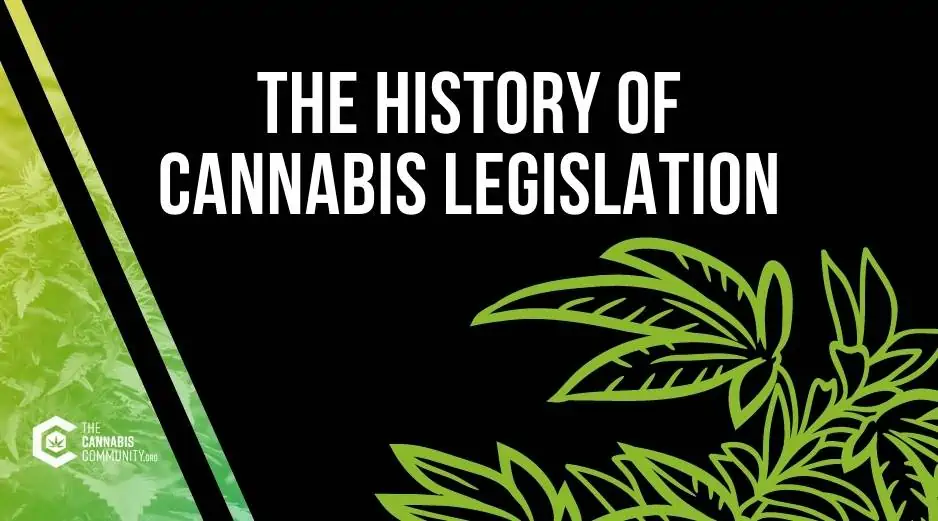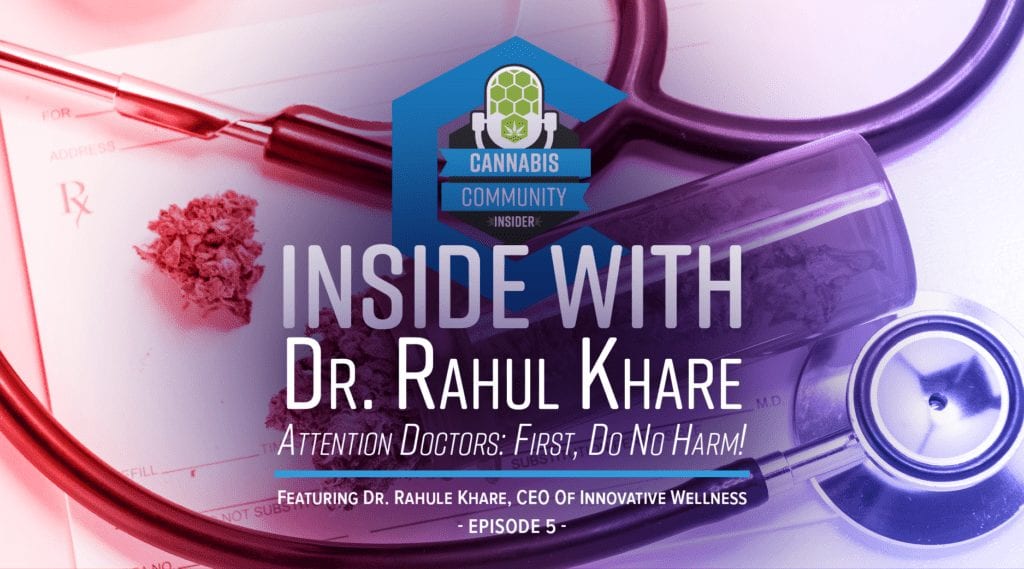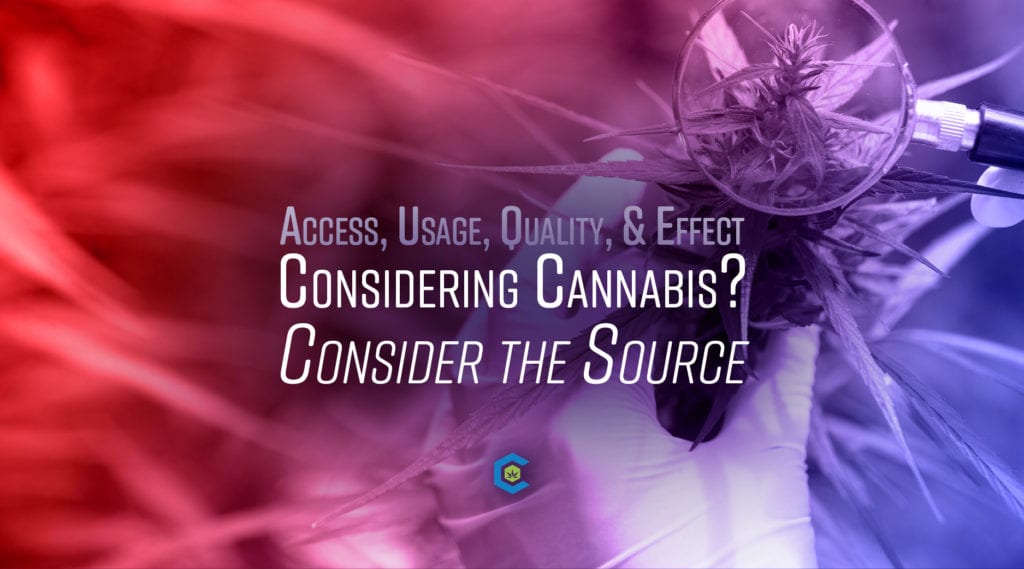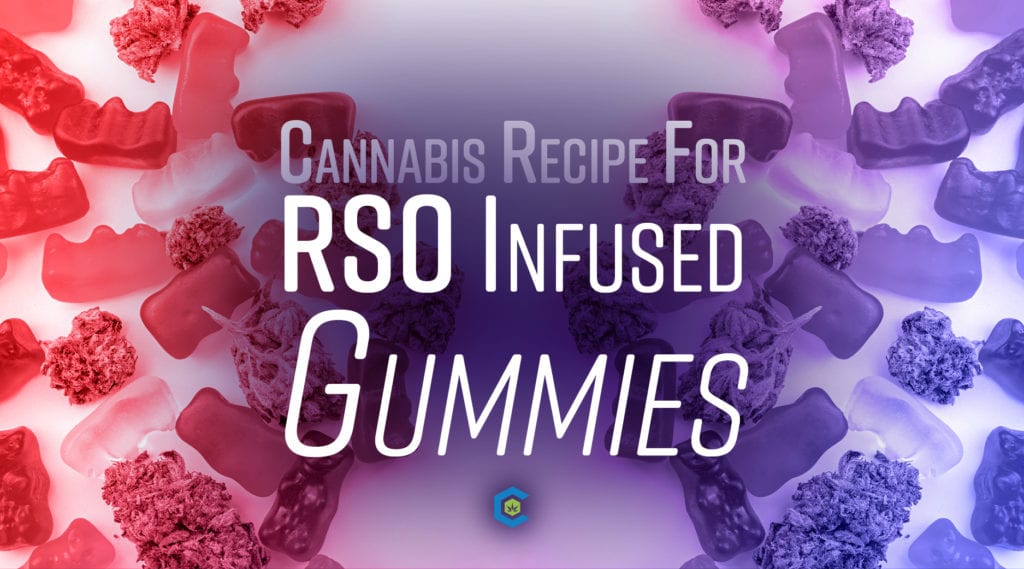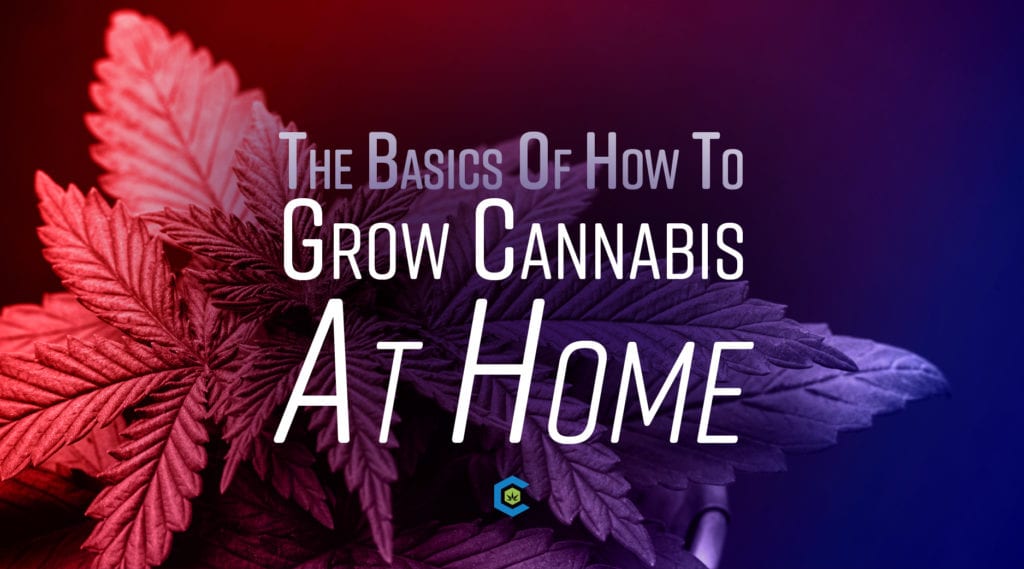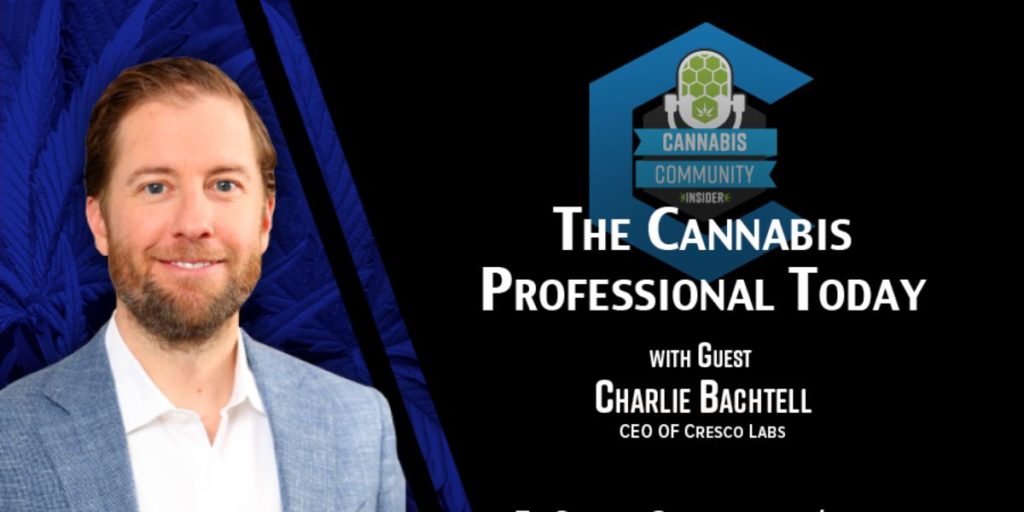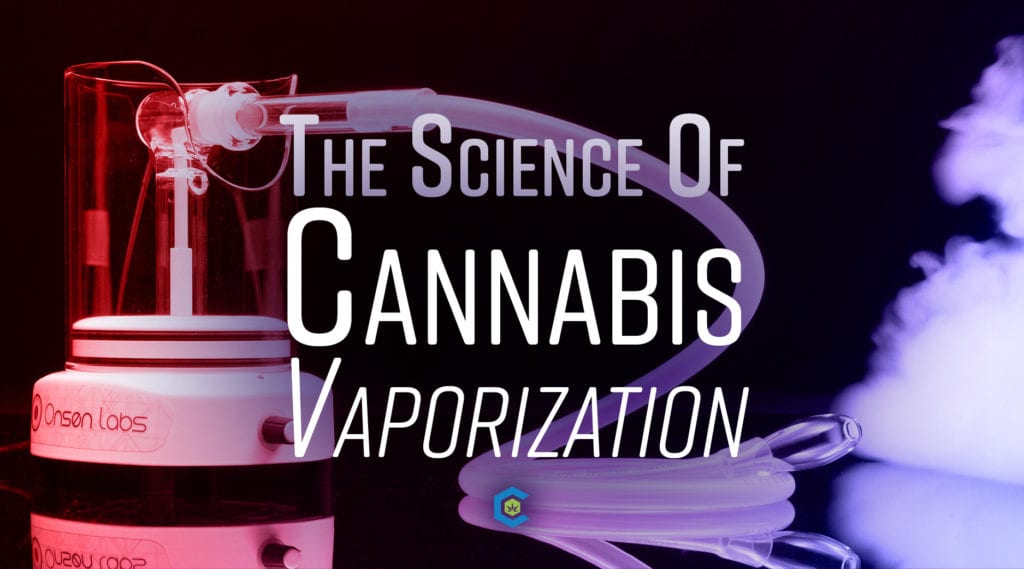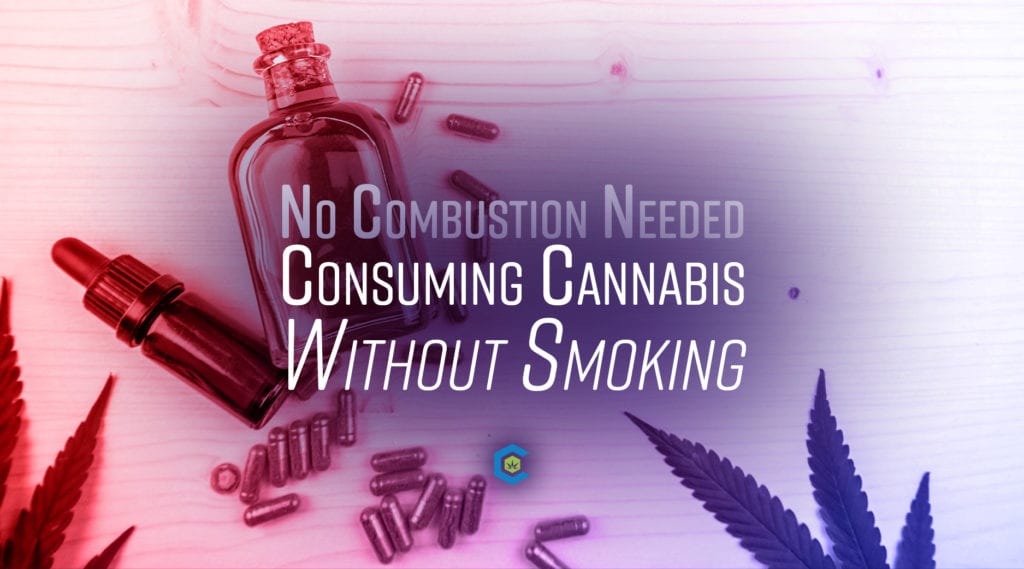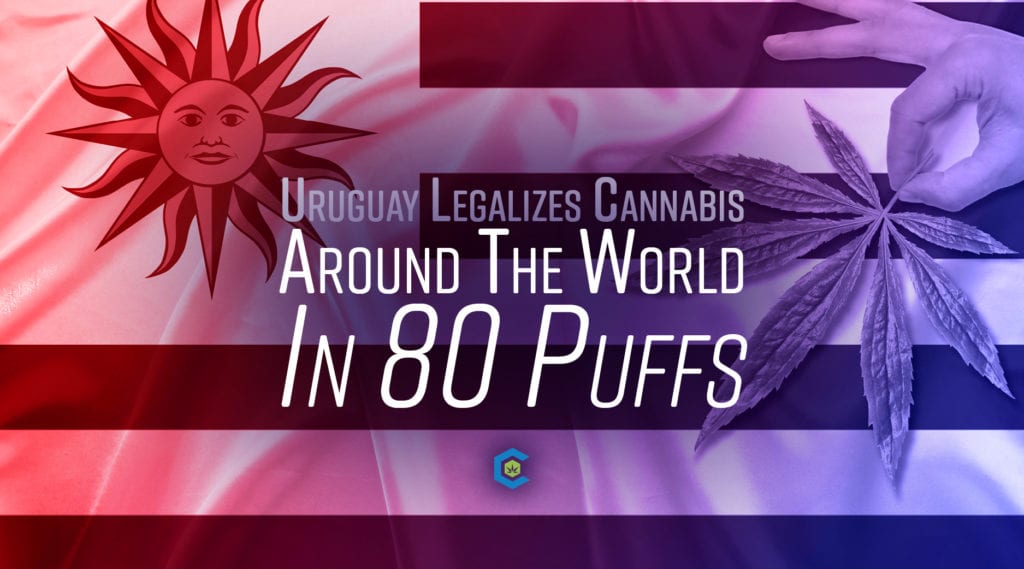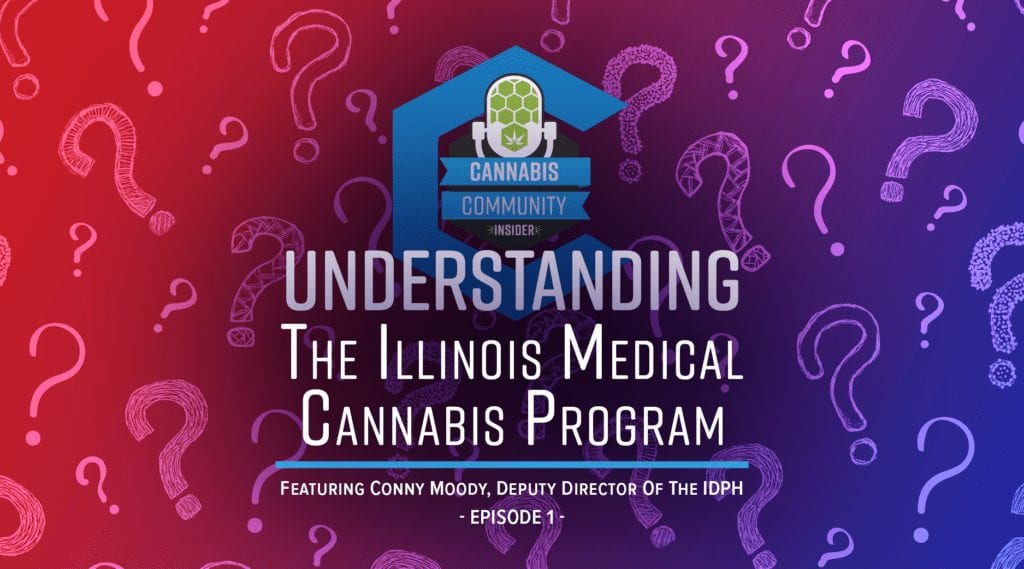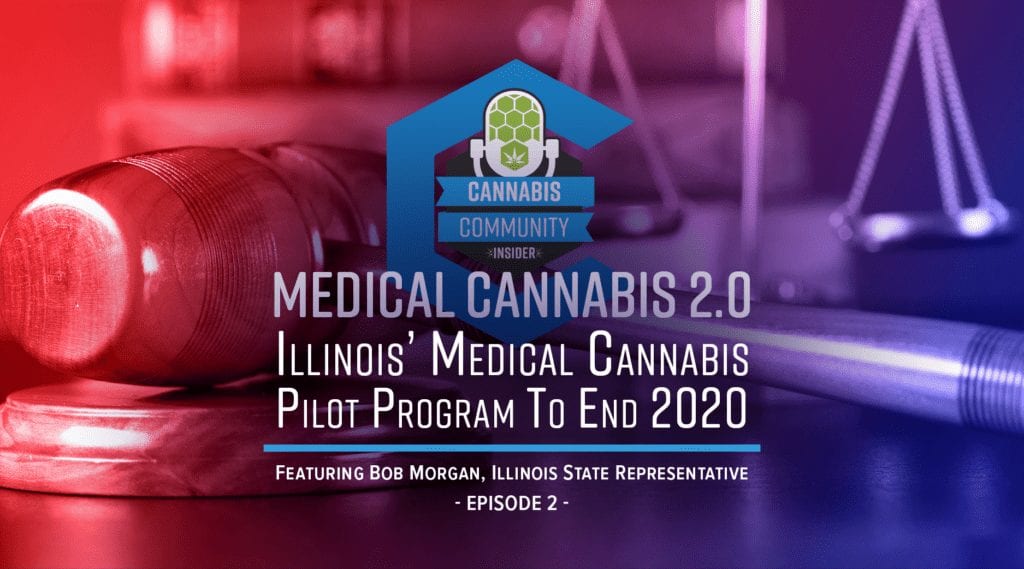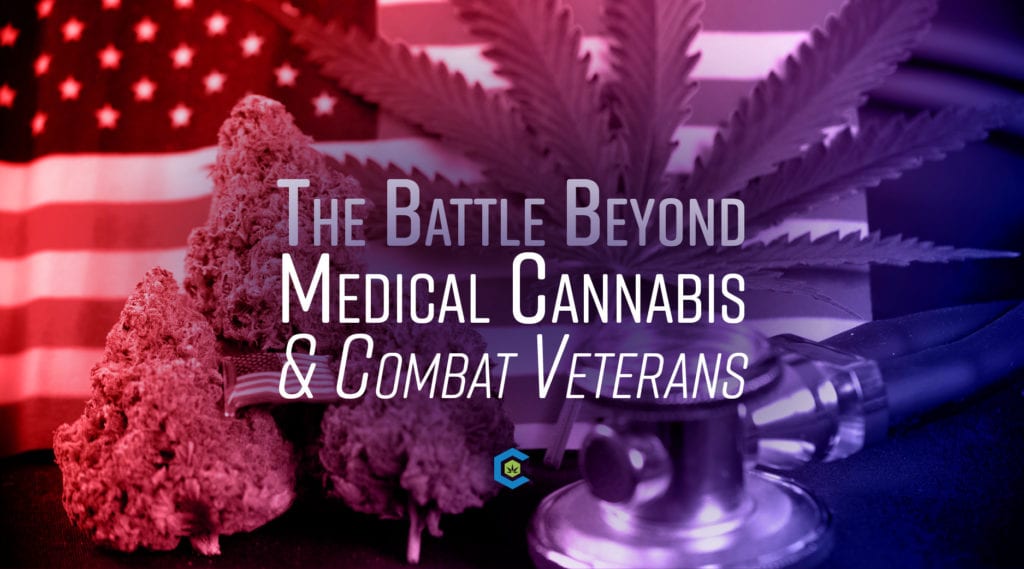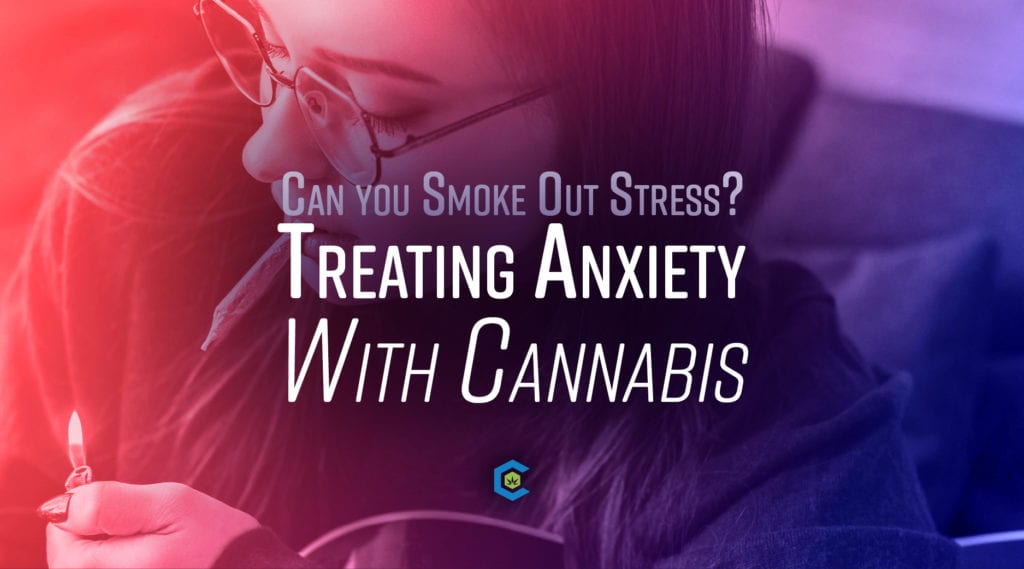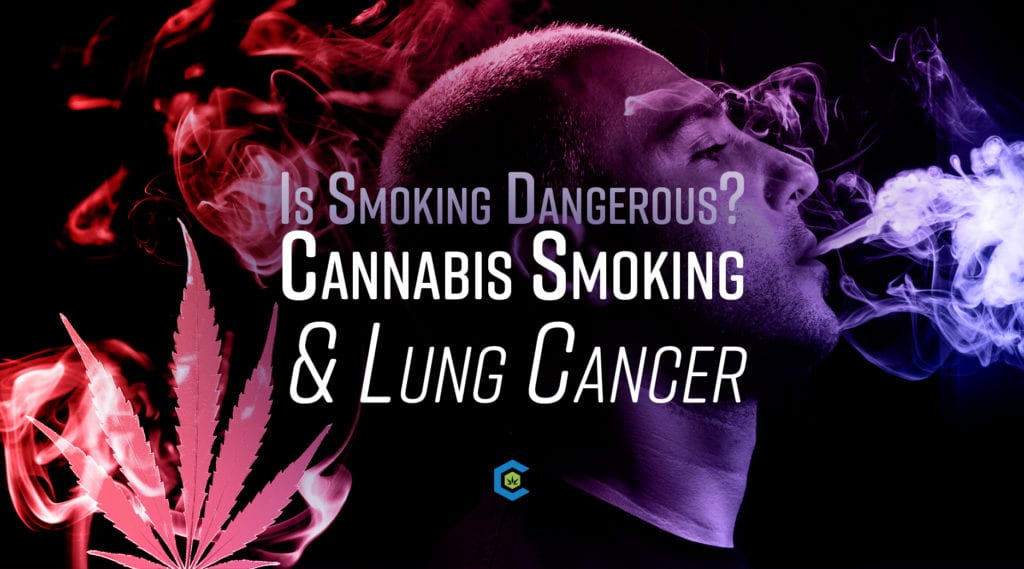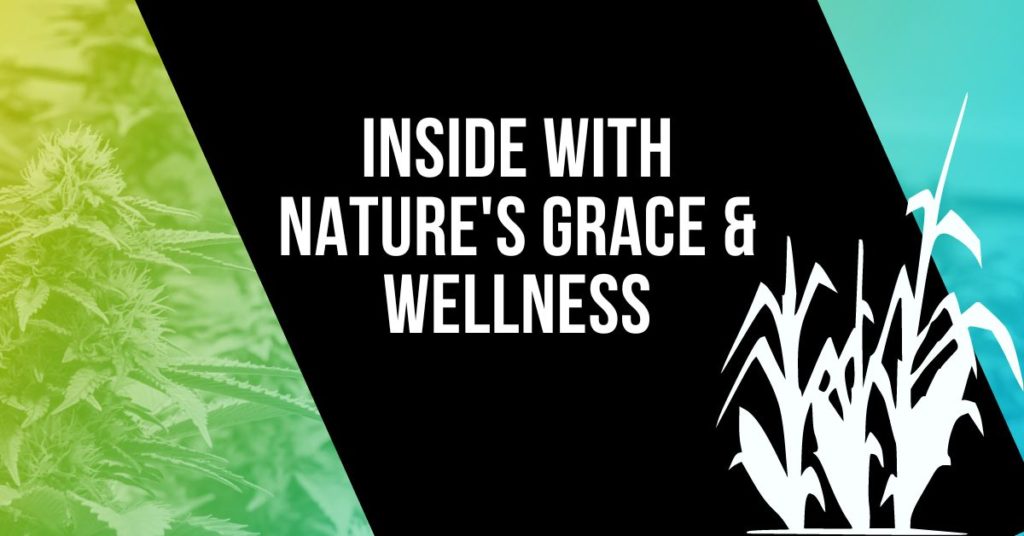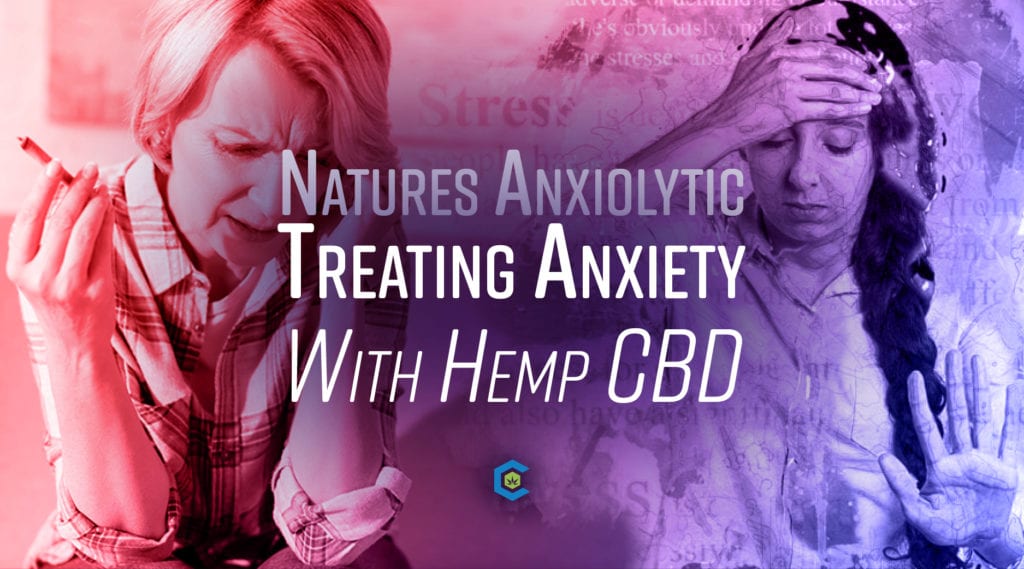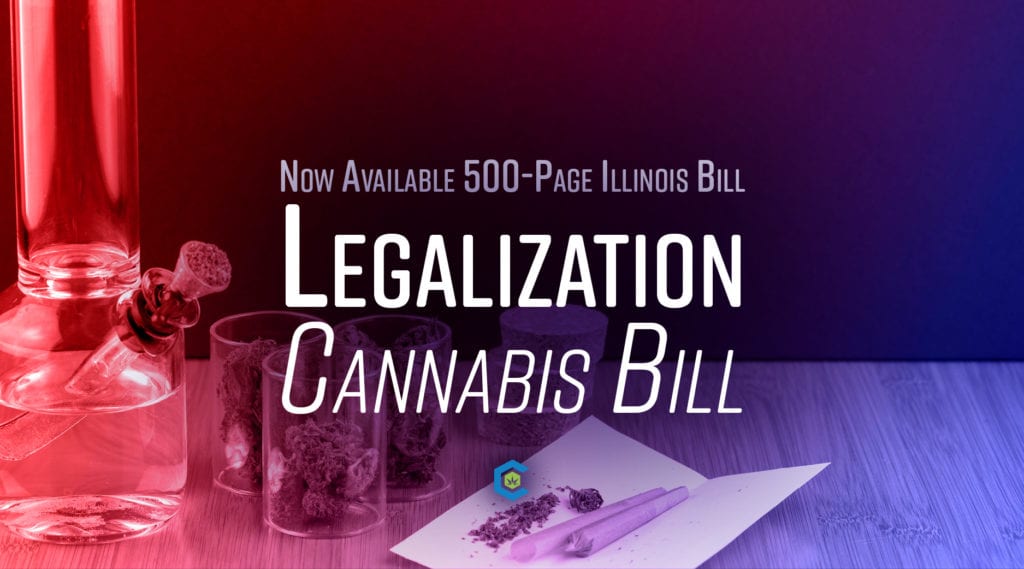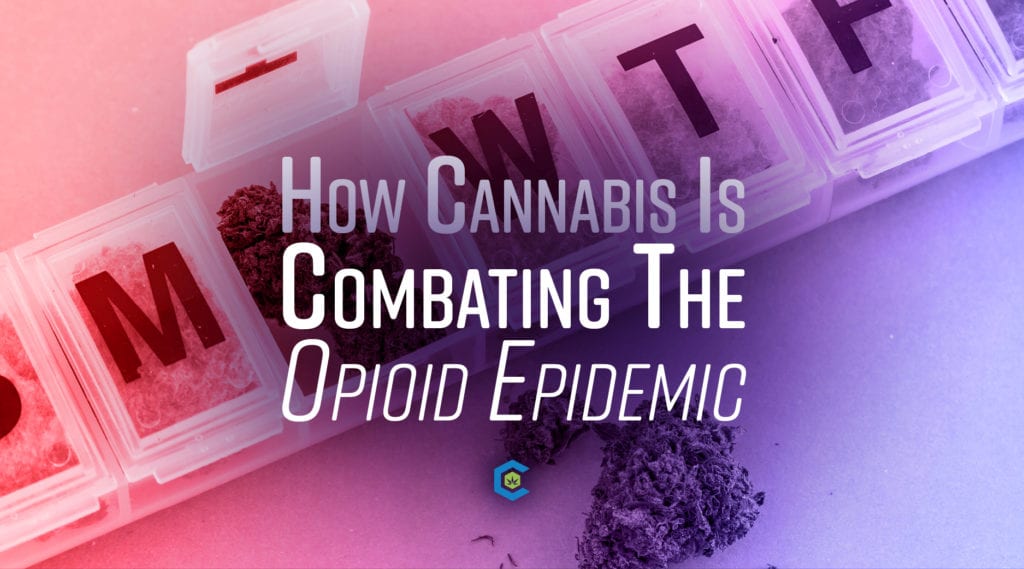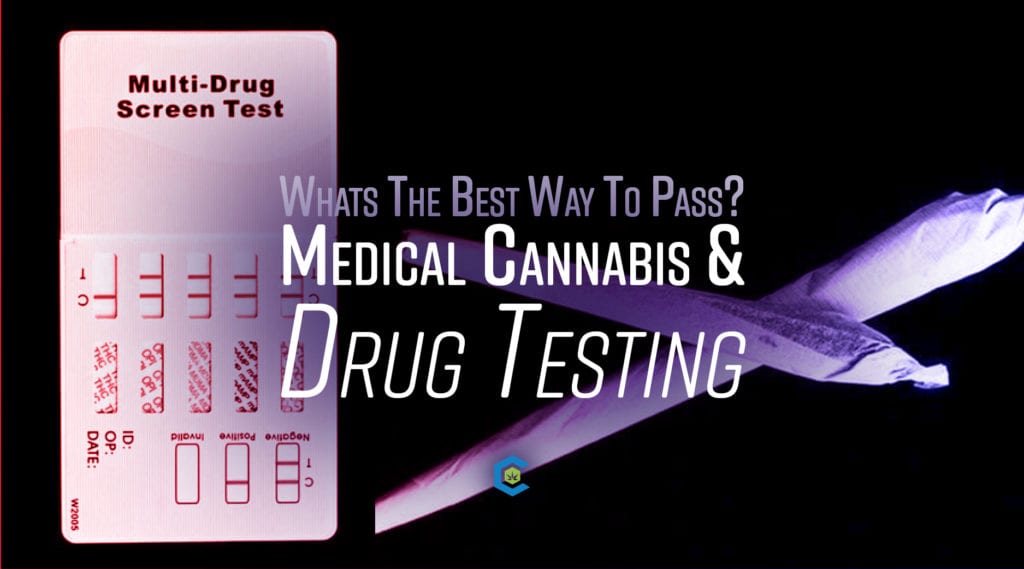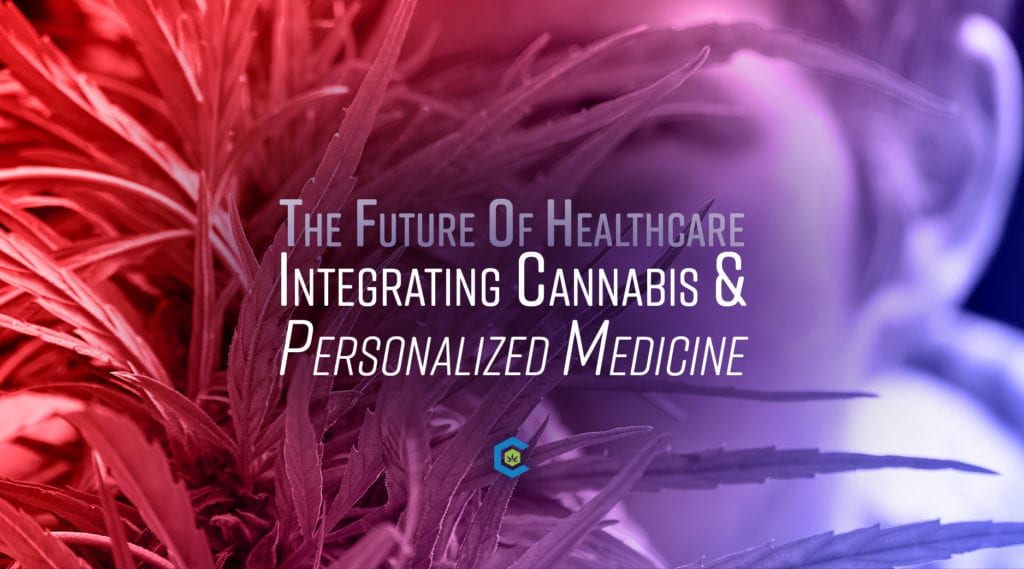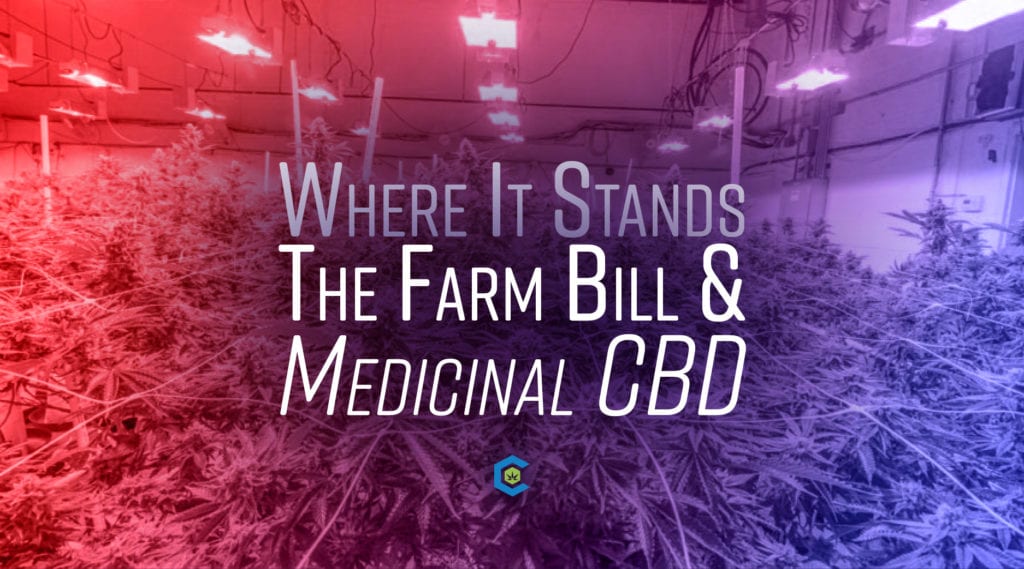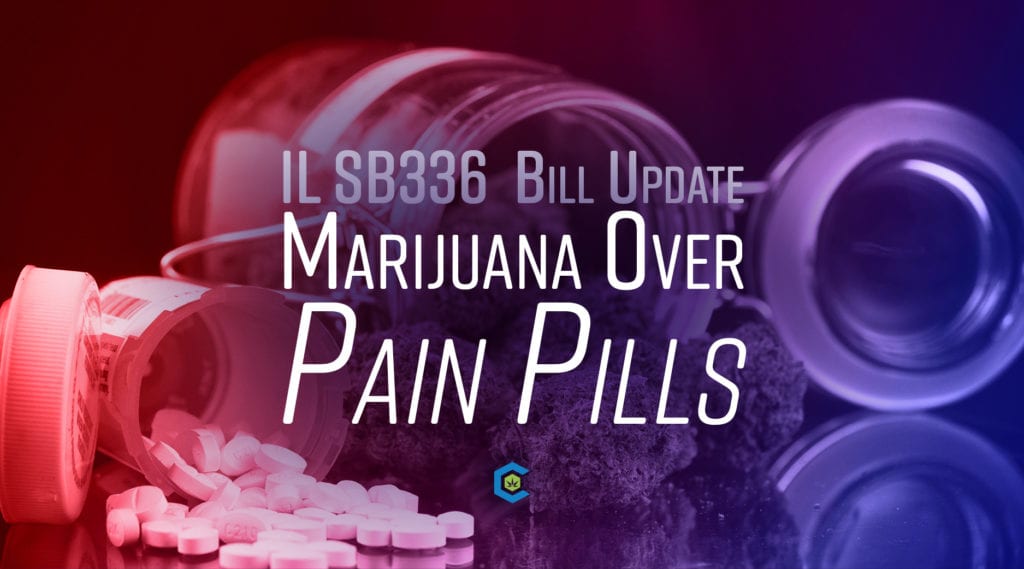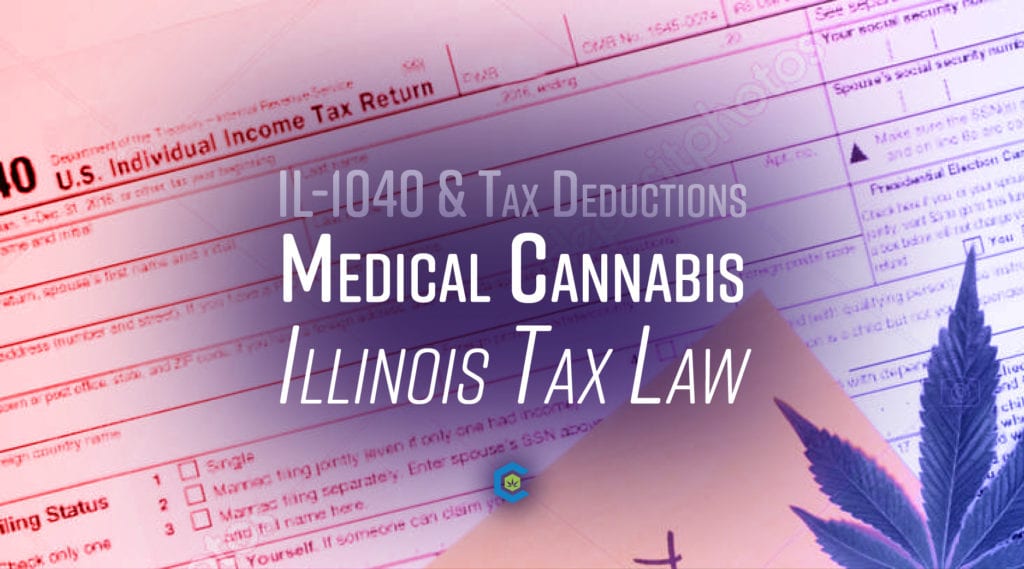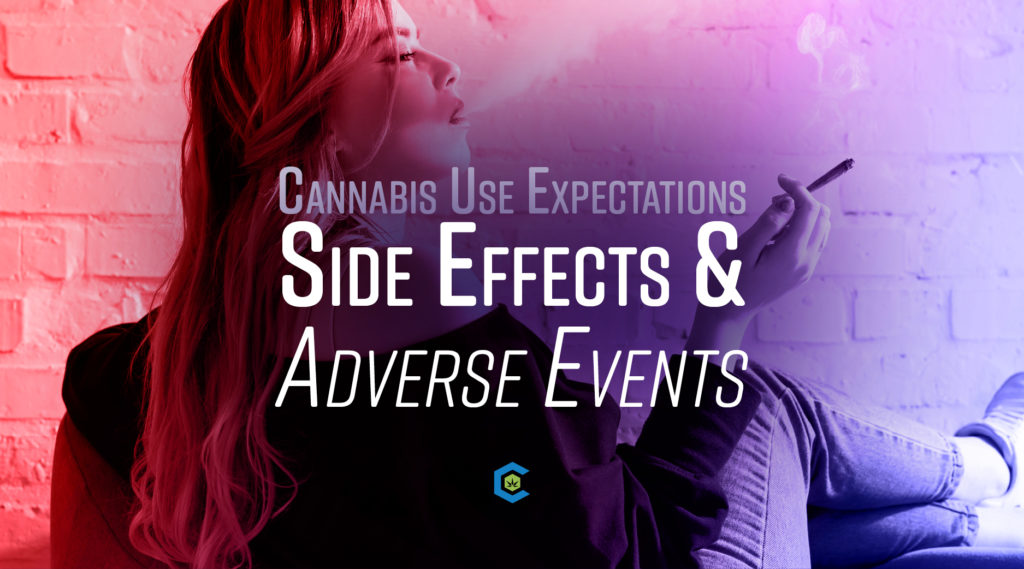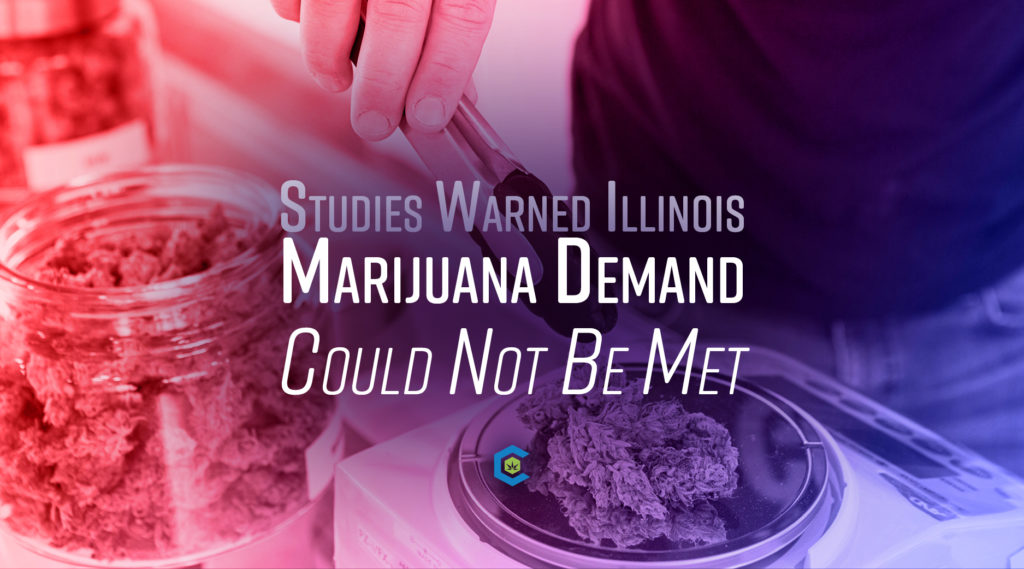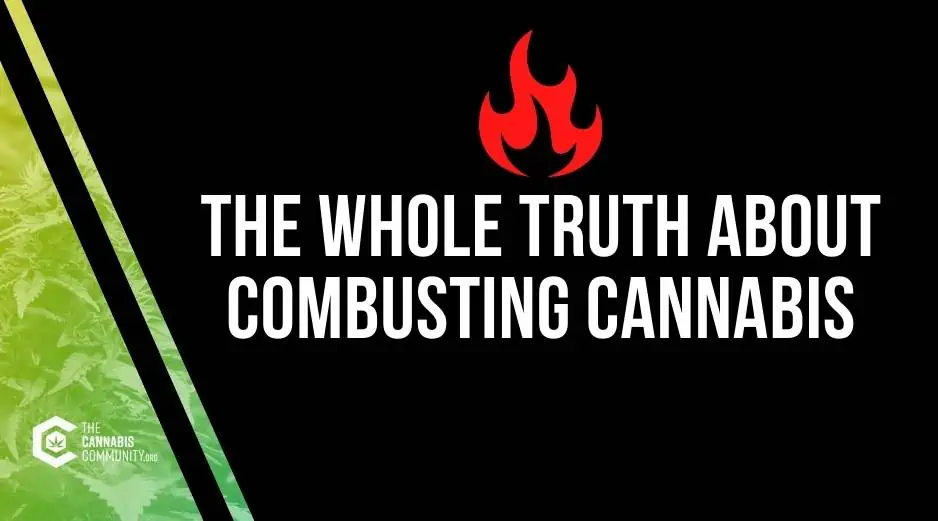Check out the latest blogs, articles, news, recipes, and cultivation guides.
Explore categories or search by topic to find what you’re looking for.
- All
- Cultivation
- Educational
- Guest Post
- Guides
- Gun Rights
- Health and Wellness
- How To
- Legal
- Medical
- News
- Podcasts
- Recipes
- Shows
What is Live Resin? Benefits, Uses, and How It Compares to Other Cannabis Extracts
Discover live resin, a flavorful cannabis concentrate made from fresh cannabis plants. Explore its benefits, uses, and how it compares to other extracts.
What is Live Rosin? A Detailed Guide to this Premium Cannabis Extract
Live rosin is becoming increasingly popular among cannabis enthusiasts for its unique qualities and extraction process. This guide delves into the intricacies of live rosin, distinguishing it from other cannabis concentrates like live resin and traditional rosin. Understanding live rosin not only enhances your cannabis experience but also guides your choices when selecting products from […]
Cannabis Vape Hardware Guide for Pros: What You Need to Know
Expert tips to elevate your vaping experience. Explore the latest innovations to get the most satisfaction from your favorite cannabis vape hardware device.
Burning Weed Odor Not Cause for Warrantless Search, Rules Illinois Supreme Court
A Landmark Case for IL Medical Cannabis Patient Protections On September 9th, the Illinois Supreme Court issued a major victory for cannabis consumers and patients, declaring that the aroma of burnt cannabis is insufficient probable cause for a warrantless search. Illinois has long been at the forefront of the fight for plant medicine. Medical patients […]
How to Get a Medical Marijuana Card in Oklahoma: Easy 5-Step Guide
Navigating the process of obtaining a medical marijuana card in Oklahoma can be confusing. This guide provides step-by-step instructions on how to get a medical cannabis card in Oklahoma.
GMO Cookies: A Strain Review of Its Potent Aroma and Powerful Effects
GMO Cookies is a popular cannabis strain for homegrow. Here’s what you need to know to get started with these seeds.
Cherry Pie Cannabis Strain: A Sweet Treat with Potent Effects
Cherry Pie is a popular cannabis strain for homegrow. Here’s what you need to know to get started with these seeds.
Bubba Kush Reviewed: Why It’s a Staple in the Cannabis Community
Bubba Kush is a popular cannabis strain for homegrow. Here’s what you need to know to get started with these seeds.
Amnesia Haze: A Journey into the Euphoric Depths of This Sativa Strain
Amnesia Haze is a popular cannabis strain for homegrow. Here’s what you need to know to get started with these seeds.
Banana Kush: Unpeeling the Sweet Bliss of This Relaxing Strain
Banana Kush is a popular cannabis strain for homegrow. Here’s what you need to know to get started with these seeds.
Purple Punch: A Knockout Strain with Soothing Effects and Sweet Aromas
Purple Punch is a popular cannabis strain for homegrow. Here’s what you need to know to get started with these seeds.
Blue Cheese: Not Your Ordinary Cannabis Strain
Blue Cheese is a popular cannabis strain for homegrow. Here’s what you need to know to get started with these seeds.
Girl Scout Cookies Extreme: The Ultimate Strain for Intense Flavor and Potency
Girl Scout Cookies Extreme is a popular cannabis strain for homegrow. Here’s what you need to know to get started with these seeds.
Do-Si-Dos: A Deep Dive into Its Genetics, Effects, and Cultivation
Do Si Dos is a popular cannabis strain for homegrow. Here’s what you need to know to get started with these seeds.
Northern Lights: Illuminating the Serene Experience of a Legendary Strain
Northern Lights is a popular cannabis strain for homegrow. Here’s what you need to know to get started with these seeds.
Green Crack Unleashed: A Deep Dive into Its Energetic High and Vibrant Flavors
Green Crack is a popular cannabis strain for homegrow. Here’s what you need to know to get started with these seeds.
Jealousy Strain Guide: Discover What Sets This Hybrid Apart
Jealousy is a popular cannabis strain for homegrow. Here’s what you need to know to get started with these seeds.
MK Ultra Cannabis: Unlocking the Secrets of a Mind-Bending Strain
MK Ultra is a popular cannabis strain for homegrow. Here’s what you need to know to get started with these seeds.
Afghan Cannabis: A Journey Through the Rich History of a Legendary Strain
Afghan is a popular cannabis strain for homegrow. Here’s what you need to know to get started with these seeds.
Strawberry Cough: The Perfect Strain for Creativity and Daytime Use
Strawberry Cough is a popular cannabis strain for homegrow. Here’s what you need to know to get started with these seeds.
Tropicana Cookies: A Tropical Tour Through This Flavorful Sativa Strain
Tropicana Cookies is a popular cannabis strain for homegrow. Here’s what you need to know to get started with these seeds.
Unpacking White Widow: The Strain That Offers Balance and Potency
White Widow is a popular cannabis strain for homegrow. Here’s what you need to know to get started with these seeds.
The Super Skunk Experience: What Makes It a Favorite Among Growers and Users
Super Skunk is a popular cannabis strain for homegrow. Here’s what you need to know to get started with these seeds.
White Rhino: From Seed to Sensation—Understanding This Heavy Hitter
White Rhino is a popular cannabis strain for homegrow. Here’s what you need to know to get started with these seeds.
Purple Haze: Effects, Cultivation, and Psychedelic History
Purple Haze is a popular cannabis strain for homegrow. Here’s what you need to know to get started with these seeds.
Bruce Banner: Unleashing the Hulk Within with This Potent Strain
Bruce Banner is a popular cannabis strain for homegrow. Here’s what you need to know to get started with these seeds.
Girl Scout Cookies Strain: Unpacking the Hype Behind the Sweet Sensation
Girl Scout Cookies is a popular cannabis strain for homegrow. Here’s what you need to know to get started with these seeds.
Maui Wowie: A Taste of Tropical Paradise in Cannabis Form
Maui Wowie is a popular cannabis strain for homegrow. Here’s what you need to know to get started with these seeds.
Sour Diesel: The Energetic Sativa That Fuels Creativity and Focus
Sour Diesel is a popular cannabis strain for homegrow. Here’s what you need to know to get started with these seeds.
Peanut Butter Breath: Exploring the Allure of This Nutty Strain
Peanut Butter Breath is a popular cannabis strain for homegrow. Here’s what you need to know to get started with these seeds.
Gold Leaf Cannabis: A Luxurious Strain for Connoisseurs and Beginners Alike
Gold Leaf is a popular cannabis strain for homegrow. Here’s what you need to know to get started with these seeds.
Chemdawg: The Strain That Changed Cannabis Culture Forever
Chemdawg is a popular cannabis strain for homegrow. Here’s what you need to know to get started with these seeds.
Granddaddy Purple: Your Ultimate Guide to Growing and Enjoying This Classic Strain
Granddaddy Purple is a popular cannabis strain for homegrow. Here’s what you need to know to get started with these seeds.
LA Confidential: Unveiling the Mystery of a Classic Cannabis Strain
LA Confidential is a popular cannabis strain for homegrow. Here’s what you need to know to get started with these seeds.
Get a Pennsylvania Medical Marijuana Card: Easy 5-Step Guide
Discover the simple yet detailed step-by-step process of obtaining your Pennsylvania medical marijuana card.
Phytol: What You Need To Know About This Cannabis Terpene
Phytol is frequently found in cannabis strains, but what function does it serve? Learn about the terpene Phytol and what you need to know about it.
Eucalyptol: What You Need To Know About This Cannabis Terpene
Eucalyptol is frequently found in cannabis strains, but what function does it serve? Learn about the terpene Eucalyptol and what you need to know about it.
North Carolina Gun Rights for Medical Cannabis Patients
Does having a North Carolina medical cannabis card restrict your ability to own firearms? Let’s dig into North Carolina’s medical marijuana/gun rights laws.
Get a New York Medical Marijuana Card: Easy 5-Step Guide
Unlocking the secrets of obtaining a New York Medical Marijuana Card has never been easier! Follow our step-by-step guide to navigate the process seamlessly and gain access to the healing powers of cannabis in the Empire State.
Get a Florida Medical Cannabis Card: Easy 5-Step Guide
Discover how to obtain your Florida medical marijuana card in just 5 simple steps! From eligibility requirements to the application process, this comprehensive guide will walk you through everything you need to know.
Get a Maine Medical Marijuana Card: Easy 5-Step Guide
Discover how to easily obtain a Maine Medical Marijuana Card with our comprehensive 5-step guide.
South Carolina Gun Rights for Medical Cannabis Patients
Does having a South Carolina medical cannabis card restrict your ability to own firearms? Let’s dig into South Carolina’s medical marijuana/gun rights laws.
Get a Medical Marijuana Card in Illinois: Easy 5-Step Guide
Discover the comprehensive and step-by-step roadmap to obtaining your medical marijuana card in Illinois.
What is Live Resin: Top 5 Most Important Things to Know
what exactly is live resin? In this article, we’ll take a deep dive into this popular cannabis concentrate and explore its many facets.
Cannabis Cultivation: How to Grow Autoflower Seeds
Discover the secrets of successful cannabis cultivation with our comprehensive guide on growing autoflower seeds.
Humulene: What You Need To Know About This Cannabis Terpene
Humulene is frequently found in cannabis strains, but what function does it serve? Learn about the terpene humulene and what you need to know about it.
Georgia Gun Rights for Medical Cannabis Patients
Does having a Georgia medical cannabis card restrict your ability to own firearms? Let’s dig into Georgia’s medical marijuana/gun rights laws.
Linalool: What You Need To Know About This Cannabis Terpene
Linalool is frequently found in cannabis strains, but what function does it serve? Learn about the terpene linalool and what you need to know about it.
Navigating Indiana Cannabis and Gun Laws: What You Need to Know
Does having an Indiana medical cannabis card restrict your ability to own firearms? Let’s dig into Indiana’s medical marijuana/gun rights laws.
Alpha-Bisabolol: What You Need To Know About This Cannabis Terpene
Alpha-bisbolol is frequently found in cannabis strains, but what function does it serve? Learn about the terpene Alpha-bisbolol and what you need to know about it.
Wyoming Cannabis and Firearm Laws for Medical Cannabis Patients
Does having a Wyoming medical cannabis card restrict your ability to own firearms? Let’s dig into Wyoming’s medical marijuana/gun rights laws.
Ocimene 101: The Essential Guide to This Unique Cannabis Terpene
Ocimene is frequently found in cannabis strains, but what function does it serve? Learn about the terpene Ocimene and what you need to know about it.
Kentucky Cannabis and Gun Rights for Medical Cannabis Patients
Does having a Kentucky medical cannabis card restrict your ability to own firearms? Let’s dig into Kentucky’s medical marijuana/gun rights laws.
Geraniol: What You Need To Know About This Cannabis Terpene
Geraniol is frequently found in cannabis strains, but what function does it serve? Learn about the terpene Geraniol and what you need to know about it.
Iowa Gun Rights for Medical Cannabis Patients
Does having an Iowa medical cannabis card restrict your ability to own firearms? Let’s dig into Iowa’s medical marijuana/gun rights laws.
Nerolidol: What You Need To Know About This Cannabis Terpene
Nerolidol is frequently found in cannabis strains, but what function does it serve? Learn about the terpene Nerolidol and what you need to know about it.
North Dakota Gun Rights for Medical Cannabis Patients
Does having a North Dakota medical cannabis card restrict your ability to own firearms? Let’s dig into North Dakota’s medical marijuana/gun rights laws.
Unlock the Benefits of Terpineol: 7 Must-Know Facts About This Cannabis Terpene
Terpineol is a terpene that occurs naturally in various essential oils, including those derived from pine trees and lilacs. But how does it help you?
D.C. Gun Rights for Medical Cannabis Patients
Does having a D.C. medical cannabis card restrict your ability to own firearms? Let’s dig into D.C.’s medical marijuana/gun rights laws.
Valencene: What You Need To Know About This Cannabis Terpene
Valencene is frequently found in cannabis strains, but what function does it serve? Learn about the terpene Valencene and what you need to know about it.
Virginia Gun Rights for Medical Cannabis Patients
Does having a Virginia medical cannabis card restrict your ability to own firearms? Let’s dig into Virginia’s medical marijuana/gun rights laws.
Borneol: What You Need To Know About This Cannabis Terpene
Borneol is frequently found in cannabis strains, but what function does it serve? Learn about the terpene Borneol and what you need to know about it.
Vermont Cannabis and Gun Laws: A Quick and Essential Guide
Does having a Vermont medical cannabis card restrict your ability to own firearms? Let’s dig into Vermont’s medical marijuana/gun rights laws.
Discover the Top 5 Amazing Benefits of Camphene: The Uplifting Cannabis Terpene
Camphene is frequently found in cannabis strains, but what function does it serve? Learn about the terpene camphene and what you need to know about it.
Utah Gun Rights for Medical Cannabis Patients
Does having a Utah medical cannabis card restrict your ability to own firearms? Let’s dig into Utah’s medical marijuana/gun rights laws.
Farnesene: What You Need To Know About This Cannabis Terpene
Cannabis strains often contain farnesene, but what is its role? Discover farnesene and what you need to know about this cannabis terpene.
Rhode Island Gun Rights for Medical Cannabis Patients
Does having a Rhode Island medical cannabis card restrict your ability to own firearms? Let’s dig into Rhode Island’s medical marijuana/gun rights laws.
Unlocking the Secrets of Caryophyllene: The Cannabis Terpene You Should Know About
Caryophyllene is frequently found in cannabis strains, but what function does it serve? Learn about the terpene caryophyllene and what you need to know about it.
Alabama Gun Rights for Medical Cannabis Patients
Does having an Alabama medical cannabis card restrict your ability to own firearms? Let’s dig into Alabama’s medical marijuana/gun rights laws.
Terpinolene: What You Need To Know About This Cannabis Terpene
Terpinolene is frequently found in cannabis strains, but what function does it serve? Learn about the terpene terpinolene and what you need to know about it.
Delaware Gun Rights for Medical Cannabis Patients
Does having a Delaware medical cannabis card restrict your ability to own firearms? Let’s dig into Delaware’s medical marijuana/gun rights laws.
Limonene: What You Need To Know About This Cannabis Terpene
Limonene is frequently found in cannabis strains, but what function does it serve? Learn about the terpene limonene and what you need to know about it.
New Mexico Gun Rights for Medical Cannabis Patients
Does having a New Mexico medical cannabis card restrict your ability to own firearms? Let’s dig into New Mexico’s medical marijuana/gun rights laws.
Pinene: What You Need To Know About This Cannabis Terpene
Pinene is frequently found in cannabis strains, but what function does it serve? Learn about the terpene pinene and what you need to know about it.
Louisiana Gun Rights for Medical Cannabis Patients
Does having a New Mexico medical cannabis card restrict your ability to own firearms? Let’s dig into New Mexico’s medical marijuana/gun rights laws.
Keto Friendly Edibles: Easy Weed Gummies Recipe
These all-natural, low-sugar cannabis-infused gummies are ideal for making with 100% fruit juice. They are simple to infuse with THC, CBD, or any combination of cannabis cannabinoids.
Myrcene: What You Need To Know About This Cannabis Terpene
Cannabis strains often contain myrcene, but what is its role? Discover myrcene and what you need to know about this cannabis terpene.
West Virginia Gun Rights for Medical Cannabis Patients
Does having a West Virginia medical cannabis card restrict your ability to own firearms? Let’s dig into West Virginia’s medical marijuana/gun rights laws.
Terpenes: How Do They Work and What Are Their Effects?
Terpenes are compounds that give plants their unique aroma. Learn how terpenes work and what are their effects on other plants and on one’s health and well-being.
New Hampshire Gun Rights for Medical Cannabis Patients
Does having a New Hampshire medical cannabis card restrict your ability to own firearms? Let’s dig into New Hampshire’s medical marijuana/gun rights laws.
Guide to Cannabis Topicals – Here’s What You Need To Know
Cannabis topicals enable consumers to get the advantages of cannabinoids without ingesting or smoking them and have unique benefits.
Alaska Gun Rights for Medical Cannabis Patients
Does having an Alaska medical cannabis card restrict your ability to own firearms? Let’s dig into Alaska’s medical marijuana/gun rights laws.
American Made Glass vs. Imported Glass: A Comprehensive Guide for Smoking Accessory Enthusiasts
Learn about the differences between American-made glass and imported glass for smoking accessories in our comprehensive guide. Get the answers to your most common questions and make an informed purchasing decision.
Mississippi Gun Rights for Medical Cannabis Patients
According to federal law, anyone with a medicinal marijuana license is not authorized to own or buy weapons or ammunition. Despite this, legislators in Mississippi gave careful consideration to this issue because firearms are an integral part of Mississippi’s history and culture
Nevada Gun Rights Guide for Medical Cannabis Patients
Does having a Nevada medical cannabis card restrict your ability to own firearms? Let’s dig into Nevada’s medical marijuana/gun rights laws.
What Are Nootropics?
What are nootropics and how do they affect your health? Here’s what you need to know about nootropics and how this smart drug can affect your cognitive function.
Arkansas Gun Rights Guide for Medical Cannabis Patients
Does having an Arkansas medical cannabis card restrict your ability to own firearms? Let’s dig into Arkansas’ medical marijuana/gun rights laws.
Texas Gun Rights Guide for Medical Cannabis Patients
Does having a Texas medical cannabis card restrict your ability to own firearms? Let’s dig into Texas’ medical marijuana/gun rights laws.
420 Holiday Buyer’s Guide: Shop the Best Cannabis Gifts for 2023
Whether you’re a cannabis enthusiast, celebrating with friends, or treating yourself to well-deserved self-care, The Cannabis Community has many cannabis recommendations for you this year to enhance your 420 experience.
Indoor Cannabis Grows: What You Need to Know to Get Started
Indoor cannabis growing is easy and fast, but requires some basic knowledge to get started. Here’s what you need to know to start your own indoor cannabis grow.
South Dakota Gun Rights for Medical Cannabis Patients
Does having a South Dakota medical cannabis card restrict your ability to own firearms? Let’s dig into South Dakota’s medical marijuana/gun rights laws.
The Supreme Guide to Cannabis Concentrates and Everything You Need To Know
Trying out cannabis concentrates for the first time? Learn what you need to know about cannabis concentrates and understand why they are becoming popular.
Minnesota Gun Rights for Medical Cannabis Patients
Does having a Minnesota medical cannabis card restrict your ability to own firearms? Let’s dig into Minnesota’s medical marijuana/gun rights laws.
Cannabis Oil Guide: What Is It and How Does It Work?
Learn about the different characteristics, applications, and types of cannabis oil. Find the right kind of cannabis oil for you and enjoy its health benefits.
Maine Gun Rights Guide for Medical Cannabis Patients
Does having a Maine medical cannabis card restrict your ability to own firearms? Let’s dig into Maine’s medical marijuana/gun rights laws.
How to Register as a Medical Marijuana Caregiver in All 50 USA States
This article defines a “caregiver” in the cannabis industry and outlines the requirements for being one in each state.
Massachusetts Gun Rights for Medical Cannabis Patients
Does having a Massachusetts medical cannabis card restrict your ability to own firearms? Let’s dig into Massachusetts’ medical marijuana/gun rights laws.
Guide to Cannabis Tinctures – What You Need to Know in 2023
Trying out cannabis tinctures for the first time? Learn everything you need to know about tinctures and understand why they are becoming increasingly popular.
Ohio Gun Rights Guide for Medical Cannabis Patients
Does having an Ohio medical cannabis card restrict your ability to own firearms? Let’s dig into Ohio’s medical marijuana/gun rights laws.
A Beginner’s Guide to Cannabis Edibles: How to Start, What to Expect, and 7 Tips to Stay Safe
Cannabis edibles can be a bit overwhelming when you buy them for the first time. We break down everything you need to know before heading to a dispensary.
Gun Rights for Medical Cannabis Patients in Missouri
Does having a Missouri medical cannabis card restrict your ability to own firearms? Let’s dig into Missouri’s medical marijuana/gun rights laws.
Does Cannabis Cause or Treat Anxiety?
Does cannabis treat anxiety or cause it? Here’s what you should know about using cannabis if anxiety is a concern.
Michigan Gun Rights for Medical Cannabis Patients
Does having a Michigan medical cannabis card restrict your ability to own firearms? Let’s dig into Michigan’s medical marijuana/gun rights laws.
A Beginner’s Guide to Different Types of Cannabis
There are different forms of medical cannabis available and being used for different medical conditions. Discover which form is best suited for your condition.
Gun Rights for Medical Cannabis Patients in Connecticut
Does having a Connecticut medical cannabis card restrict your ability to own firearms? Let’s dig into Connecticut’s medical marijuana/gun rights laws.
Gun Rights in Montana for Medical Cannabis Patients
Does having a Montana medical cannabis card restrict your ability to own firearms? Let’s dig into Montana’s medical marijuana/gun rights laws.
Who Can See That I Have a Medical Cannabis Card?
Patients expect their medical marijuana records to be kept confidential for privacy. In this article, you’ll discover who can find out if you have a medical cannabis card.
Arizona Gun Rights for Medical Cannabis Patients
Does having an Arizona medical cannabis card restrict your ability to own firearms? Let’s dig into Arizona’s medical marijuana/gun rights laws.
Hawaii Gun Rights Guide for Medical Cannabis Patients
Does having a Hawaii medical cannabis card restrict your ability to own firearms? Let’s dig into Hawaii’s medical marijuana/gun rights laws.
What Does It Mean To Be a Medical Marijuana Caregiver?
Learn what a “medical marijuana caregiver” in the cannabis market is, what their duties are, and how to serve patients legally in this quick article.
New Jersey Gun Rights for Medical Cannabis Patients
Can people with medical marijuana cards in New Jersey have the right to own weapons? Check out our helpful guide to find out what rights you currently have.
Delicious Cannabis-Infused Pumpkin Cookies: Gluten-Free Recipe
These soft gluten free pumpkin cookies are full of warm spices and bursting with flavor. They are very versatile and can easily be cannabis-infused.
What to Know Before You Start Growing Cannabis at Home
Growing cannabis at home can be a great way to save money and control your crop quality. Here’s what you need to know before getting started.
Washington State Gun Rights for Medical Cannabis Patients
Does having a Washington medical cannabis card restrict your ability to own firearms? Let’s dig into Washington’s medical marijuana/gun rights laws.
4 Fast and Easy Cannabis-Infused Mug Cakes
Ready in under 2 minutes, these wonderfully simple mug cakes are perfect for a single-serving treat! These mug cakes contain no eggs and can be made gluten-free.
Oregon Gun Rights Guide for Medical Cannabis Patients
Does having an Oregon medical cannabis card restrict your ability to own firearms? Let’s dig into Oregon’s medical marijuana/gun rights laws.
Can Drug Sniffing Dogs Really Smell Your Weed and Hash? (Newsletter: October 24, 2022)
According to research conducted on the efficacy of drug sniffing canines, some factors, such as breed and environment, can considerably lower the performance of dogs enlisted to serve in the war on drugs.
How to Make Cannabis-Infused Coconut Oil or MCT Oil: Crockpot Recipes
In this guide, you’ll learn how to make cannabis-infused coconut oil or MCT oil, decarboxylate cannabis, or choose to infuse cannabis into any oil of your choice.
Does Cannabis Interact With Other Medications?
While many studies have been done on medical cannabis and its effects on the body, there are still a lot of unknowns regarding interactions with other medications.
Florida Gun Rights Guide for Medical Cannabis Patients
Does having a Florida medical cannabis card restrict your ability to own firearms? Let’s dig into Florida’s medical marijuana/gun rights laws.
What Conditions Can Medical Cannabis Be Prescribed For?
If you’re wondering what medical cannabis can be prescribed for and if it can help with your health concerns, keep reading.
California Gun Rights for Medical Cannabis Patients
Does having a California medical cannabis card restrict your ability to own firearms? Let’s dig into California’s medical marijuana/gun rights laws.
Cannabis-Infused Oil 101: 5 Must-Know Tips For Success
How do I estimate the strength of my cannabis-infused oil? Will I screw up decarboxylation? What is cannabis-infused oil? Let us help you answer these questions and more in this easy-to-understand guide!
Colorado Gun Rights Guide for Medical Cannabis Patients
Does having a Colorado medical cannabis card restrict your ability to own firearms? Let’s dig into Colorado’s medical marijuana/gun rights laws.
Oklahoma Gun Rights Guide for Medical Cannabis Patients
Federally, medical marijuana patients are being denied their right to own a firearm. Get the facts on medical cannabis and gun rights in Oklahoma.
5 Healthy and Tasty Cannabis-Infused Salads
There are so many ways to incorporate cannabis into your daily diet. With a bit of imagination and an appetite for healthy salads, you’ll be on your way to making some delicious cannabis-infused salad recipes in no time!
What Is Titration? Benefits, Tips and How To Do It Right
Cannabis use can have very effects on different people. Self-titration might be a useful technique to guide you in determining your ideal dosage.
Maryland Gun Rights Guide for Medical Cannabis Patients
Does having a Maryland medical cannabis card restrict your ability to own firearms? Let’s dig into Maryland’s medical marijuana/gun rights laws
California’s Unrivaled History of Legal Cannabis
California is one of the biggest and oldest medical and recreational legal cannabis markets in the world. Learn about its history.
New York Gun Rights Guide for Medical Cannabis Patients
Does having a New York medical cannabis card restrict your ability to own firearms? Let’s dig into New York’s medical marijuana/gun rights laws.
Pennsylvania Gun Rights for Medical Cannabis Patients
Does having a Pennsylvania medical cannabis card restrict your ability to own firearms? Let’s dig into Pennsylvania’s medical marijuana/gun rights laws.
Federally Legal Cannabis After 2024’s Presidential Election?
Wondering what the current crop of presidential candidates for 2024 think of legalization of cannabis on a federal level? Here’s what you need to know.
Illinois Gun Rights for Medical Cannabis Patients
Does having an Illinois medical cannabis card restrict your ability to own firearms? Let’s dig into Illinois’ medical marijuana/gun rights laws
Comprehensive Guide to Gun Rights and Medical Cannabis: Will I Lose My Guns if I Obtain a Patient Card?
With cannabis’ federally illegal status as a Schedule 1 drug, is it possible to legally own guns if you live somewhere with medical or adult use cannabis?
How to Germinate Autoflower Seeds in Soil: Quick Guide
Are you a curious cannabis cultivator? Maybe you’re new to the 420-scene and interested in growing weed? Learning about germinating autoflowers in soil is a great place to start.
How Do I Get a Medical Cannabis Card?: A Comprehensive Guide
While each state has a different procedure for obtaining a medical marijuana card, the majority of them call for you to register with the state’s medical marijuana registry, which you can probably accomplish online.
How to Make Magic Like Cannabis Infused Whipped Body Butter
Discover how to make our own Topical Pain Relieving Salves using cannabis-infused oils or CBD oils. Learn about whipped Body Butters and our favorite first aid salve.
How to Easily Make Cannabis Topical Salve
Watch “At Home with Penelope” LIVE from the kitchen to learn practical cooking methods, baking, and creating with cannabis and learn how to make cannabis topical salve.
What Is Medical Cannabis?
With more and more states legalizing medical marijuana, more people are exploring the idea of medical marijuana as a treatment, and they want to know the answer to two questions: What is it, and how does it work?
The Endocannabinoid System 101: The Basics Made Easy
You’ve heard of the endocannabinoid system but what is it and what does it do? Here’s your easy introduction to the ECS and how it works.
Homemade Sour THC Gummies: Best Cannabis-Infused Recipe Using RSO, Corn Syrup And Citric Acid
Are you ready to pucker up? Learn how to make the best sour gummy bears infused with cannabis just like the store-bought.
How to Make Tasty RSO Gummies Recipe: The Ultimate Guide
Gummy bears Infused with RSO/FECO are one of the best ways to make your gummy bears stronger, taste more like store-bought, and save you a ton of money.
How to Make THC Gummy Bears with Canna Oil
This is a great no-fail recipe for beginners. The corn syrup in this recipe will help your gummy bears have that nice and chewy texture we’ve all come to love.
Wondering How to Travel with Medical Marijuana? Your Questions Answered
Looking to travel? In this article, we’ll take a look at the ins and outs of traveling with medical cannabis so that you can make the best decision for your needs.
Is it legal to grow cannabis in New York yet?
It is legal to grow cannabis in New York? Patients in New York cannot legally grow, yet many are doing it anyway. Here is where we are at today on regulations.
What Patients Need to Start a Spring Medical Cannabis Grow
The first thing anyone should think about before growing is the legalities of the grow. Here in Illinois, any medical patient with a medical cannabis card can grow five plants over 5 inches.
Employment and Cannabis: Catching Up with Shawnee Williams
In this Cannabis Community interview, Founder Abraham Villegas catches up with Shawnee Williams, Recruiter at Illinois Equity Staffing, to catch up on life, the post-covid world around us, and recent questions our community members have around cannabis and employment.
3 Sex Rituals to Try with CBD and Cannabis
Most people know that CBD has a variety of benefits. It can ease anxiety, soothe pain, treat epilepsy, reduce inflammation, and so much more. While these qualities may not seem to relate to sex, they’re incredibly interconnected.
Can Cannabis Help Stiff Person Syndrome? A New York Mother’s Fight For Her Daughter
Jennifer Shanley of Rochester, New York, looks to medical cannabis to help her daughter Madeline who suffers from Stiff person Syndrome (SPS).
Terpenes and Your Sex Life
As an alternative to the chocolate and oysters as your aphrodisiac of choice, you might want to consider an alternative that can take your sexual pleasure to another level – the terpene.
Hemp vs. Marijuana: What’s the difference, anyway?
Up until recently, the US government couldn’t tell the difference. The Farm Bill in 2018 finally acknowledged that while the two plants are similar, there are a few important distinctions between them. Marijuana has psychoactive properties.
Memory and Cannabis: The Connection Between the Brain
Cannabis consumers and patients for decades have faced an intimidatingly confusing mix of sometimes contradictory information regarding the true effects of cannabis on the brain and, specifically, memory and cognition.
What Are Terpenes?
Terpenes are organic compounds that enhance your “high”, affect the taste, and hold numerous medical benefits.
4 Ways CBD Can Help You Cope
Works Wonders for Anxiety In a study published in The Permanente Journal, 103 patients suffering from clinically diagnosed anxiety were all routinely treated with CBD. Within just one month, anxiety disappeared across the board. All the Sleep You Need In that same study, many of the patients also had insomnia. After the period of treatment, […]
Delta-8 The Quick Basics
For years, the producers, processors, distributors, marketers, regulators, and consumers of cannabis have focused primarily on only two molecules produced by the plant: Tetrahydrocannabinol (THC) and cannabidiol (CBD). Both are sold by thousands of companies in the United States, United Kingdom, and Canada. Overview The cannabis/hemp plant species produces three primary families of wellness molecules […]
What is CBG and Why Should I Be Looking into Supplements?
If you follow news about cannabinoids, there’s a good chance you’ve heard Cannabigerol mentioned a few times. Some people claim it could be the next CBD, but could it be that good? There’s some room for speculation, and a lot of information could suggest that CBG is a miracle cure. These are the questions that […]
Refreshing CBD Infused Caramel Apple Mocktail Recipe
A charismatic personality with a thirty-year career in the industry, Chef Otto’s true calling is to end hunger issues locally, nationally, and globally.
Women of Color Breaking Down Barriers of Ownership in the CBD Industry
Getting started in the weed business is expensive and many people need business loans. However, less than 47 percent of black- owned business loan applications get approved.
Looking Beyond Organic Cannabis: The Rebel Spirit Way
Diane is the CEO of Rebel Spirit Cannabis, one of Oregon’s most highly respected cannabis brands. In 2015, Diane teamed up with partner Chris Bechler to create Rebel Spirit, but with a very special vision.
Delicious CBD Infused Summer Recipes
As people are finding different ways to enjoy the health and wellness benefits of CBD, infused drinks and dishes continue to rise in popularity. From CBD infused sparkling water and teas to chocolate and even popcorn!
AlphaRoot – Insurance for the Cannabis Industry
Join host, Penelope Hamilton and her expert guest, Isaac Bock of Alphroot on this episode of The Cannabis Community Insider. Alpharoot offers insurance coverage to the cannabis industry From Seed to Sale and every ancillary need in between.
Illinois Senate Passes Bill to Award 185 Cannabis Dispensary Licenses, Pritzker Says He’ll Sign
On Friday, May 28th, the Senate voted to pass the bill in a 50 to 3 vote.
Bill to Issue Cannabis Licenses in Illinois Off to Senate, inching 1 Step Closer to Passing
This week, applicants for social equity focused cannabis businesses in Illinois were given hope as the House Committee passed HB1443, a bill designed to issue the long overdue licenses that have been helped up in litigation since May of 2020.
Diving into the Exciting World of Dry Herb Vaporizer Technology
Join us this week on The Cannabis Community Insider with hosts Abraham Villegas and Penelope Hamilton as they learn about Vaporizer Technology from long-time community member Steven Gough, President and CEO of Onsen Labs.
New York Cannabis – A Pharmacist’s Perspective with Frank Falvo
In this episode of The Cannabis Community Insider, hosts Abraham Villegas and Penelope Hamilton sit down with Frank Falvo, a registered pharmacist at Vireo Health in Albany, New York.
Topical Cannabis Infusions: Making Pain Cream with AirMid Outreach
In This episode of The Cannabis Community Insider, Host Penelope Hamilton sits down with guests Dorothy Rourke Stiver and Natalie Lopez of Airmid Outreach to learn about the DIY process of creating a cannabis-infused pain cream
Is Cannabichromene (CBC) the Future of Cannabis Medicine? Examining the Latest Research
Cannabichromene (CBC) is one of over 100 cannabinoids found in the cannabis plant, along with its more well-known counterparts, THC and CBD. Despite being one of the lesser-known cannabinoids, CBC has shown promising potential as a therapeutic agent, with research suggesting that it may have anti-inflammatory, anti-viral, anti-depressant, and anti-cancer properties. Unlike THC, CBC is […]
Inside 6 Independent Social Equity Stories in Illinois
Six true social equity applicants in the Illinois cannabis lottery come together to tell their story in an exclusive interview.
The Black Legislative Caucus: Illinois Cannabis in 2021
Illinois Speaker of the House Emanuel “Chris” Welch on the rollout of Illinois’ adult-use cannabis program and what needs to be done in 2021.
Cannabis Basics Textbook: A Fun Evidence-Based Journey Into Cannabinoid Science Fundamentals
The Cannabis Basics Textbook is an engaging, evidence-based journey into cannabinoid science fundamentals–learn more in this blog!
The ROI of RFID: How Cannabis Businesses Can See a Positive Return on Investment
Do you know how cannabis products are traced and tracked across the entire supply chain?
3 Major Concerns of the Medical Cannabis Community
Whether you use medical cannabis products to treat symptoms of anxiety, epilepsy, pain, nausea, etc. – you may subscribe to some of the following concerns expressed by the medical cannabis community.
Cannabis Investments & Turning a Side Hustle into a Business
Codie Sanchez, managing director and partner at Entourage Effect Capital, reveals her biggest lessons-learned in the cannabis industry today.
Seizures & Epilepsy: Can Cannabis Alleviate Debilitating Seizures?
CBD is being used more and more to treat Epilepsy. Learn why. In Memory of Charlotte Figi October 18, 2006 – April 7, 2020
What is Cannabis Hyperemesis Syndrome?
Cannabis Hyperemesis Syndrome is being seen in hospitals more often as more states legalize. Likely because people feel more comfortable seeking treatment at a hopital as a result of not worrying about being in trouble.
Unlocking the Potential of Cannabis for Crohn’s Disease Management
Crohn’s Disease is an incurable, debilitating disease. While there are various good treatments for the disease some people don’t respond to those treatments and many still deal with leftover symptoms, and side effects from the medication.
What Are Cannabis Transdermal Patches?
With so many methods of consuming cannabis its hard to determine what’s best for you and your condition. Take a look at this brief summary of what transdermal patches are and how they might help you.
Cannabis Shake: How It’s Made and 4 Simple Ways to Use It
With so many different products at dispensaries it’s hard to keep track of what is what. Shake consists of the smallest parts of the cannabis flower, often times what’s left when the full size buds and popcorn buds have been separated.
How Much Cannabis Can You Legally Possess in Illinois?
“How much marijuana is legal?” Learn what the legal limit for cannabis possession is in Illinois,
Cannabis Policies With IL State Senator Cristina Castro
Illinois Senator Castro is an increasingly important player in the Illinois General Assembly. She is a member of the Latino Caucus and is Chairperson of the Senate Revenue Committee.
Fixing Illinois Social Equity With State Rep. Kathleen Willis
We get an update from State Representative Leader Kathleen Willis on the Illinois cannabis dispensary license process and plans to fix some of the problems the process has exposed in Illinois’ legalization law.
Talking Social Equity and Republicans in Cannabis With Illinois State Senator Jason Barickman
We caught up with Illinois Senator Jason A. Barickman, one of the few Republicans who voted in favor of cannabis legalization in Illinois. As the Assistant Republican Leader, we got his unique take and insights into the conversations that are happening over at the Republican Caucus as it relates to cannabis and the future of social equity in Illinois.
5 Critical Problems With Illinois’ Social Equity in Cannabis
Everyone seems to be talking about it, but few are actually leading the way through action.
Illinois Governor Announces “Partial Do-Over” to State’s Dispensary Social Equity Licenses
Following a careful examination of the process to award the first round of conditional adult-use cannabis dispensary licenses after receiving feedback from community leaders and stakeholders,
7 Ways to Celebrate the Jewish Holidays with Cannabis
Celebrate the Jewish High Holy Days by getting a little bit high.
The Edibles Industry: How Consumers are Quickly Fixing the Gap
Edibles are popular but tricky. Here’s why and how consumers are fixing many of the problems with a DIY solution & where you can learn more.
Illinois Social Equity Hearing in Federal Court to Address Lawsuit Filed Contesting Flawed Dispensary License Scoring Process
Addressing the lawsuit filed by multiple Illinois companies to contest the highly flawed cannabis dispensary license #scoring process implemented by the state and their vendor, KPMG.
IDFPR Announces Approval of Permanent Rules for Conditional Adult-Use Illinois Cannabis Dispensary Licenses Tie-breaking Process
The Tie Breaker Process describes the ability to move forward with awarding the 75 conditional adult-use cannabis dispensary licenses that were authorized by the 2019 Cannabis Regulation and Tax Act.
Veiled from Blackness: How Cannabis Companies Can Stop Dropping the Ball on Communities of Color
For too long, many black voices have been buried beneath a wave of narratives that come from those who have not been impacted by the war on drugs, or to some extent, may have even benefited from such war.
The Nose Knows: Going Beyond THC Content When Selecting the Best Cannabis for You
This guide will explore how the primal connection between the brainstem and the human nose suggests that using smell to guide us is more effective in selecting the best strain.
Making Cannabis Butter: Ultimate guide For Crockpot, stovetop, or Mason Jar
Hey there, fellow canna enthusiasts! Ever wondered what’s making waves in the kitchen and giving grandma’s tried and true recipes a fresh, elevated twist? Butter me up!It’s budder time!
Medical Patients Are Warming Up to Cannabis Concentrates
People are changing the way they feel about cannabis, and consumers are finding benefits in experimenting with different methods of consumption.
Medical Cannabis Patient Rights During a Police Stop
Medical cannabis patients and their caregivers can often find themselves in limbo,
Where to Get Cannabis Seeds
This blog will help people explore various options and vendors with great seeds and solid genetics for the optimal home grow experience.
Growing Cannabis at Home: The Simple Basics of Seed Germination
This blog will help people explore various options and vendors with great seeds and solid genetics for the optimal home grow experience.
Blazing Holiday Mittens- What to Do to Make The Best 420 DIY Craft
Are you the most creative on 420? Here is a great little ornament to make your best “cannabuddies” or even for yourself!
Practical Lighting Advice to Start Your Indoor Grow
For those starting out, lighting is the most complicated, confusing, and most expensive (and therefore risky!) part of getting started growing their own medicine.
Multiple Sclerosis: An Evidence-Based Review in the Remarkable Treatment of Cannabinoid Medicine
Multiple sclerosis (MS) is a degenerative condition characterized by central nervous lesions and chronic inflammation.
Medical Marijuana vs. Chronic Pain: Two Testimonials
Periodic aches and pains are something everyone must deal with. The immediate reaction to sudden pain is an evolutionary response that helps us survive.
Why You Should Consider Growing Your Own Cannabis
Learning the art and science of cannabis cultivation is the first step to building your cannabis sovereignty. Take control of your medicine, and learn to grow!
Easy Cannabis Infused Chocolate Buttons Recipe
Easy recipe on how to infuse your favorite chocolate with your favorite flowers.
The History of Cannabis Legislation and an Homage to its Pioneers
Anyone who has the slightest interest in marijuana or the cannabis industry is aware that the subject has as many detractors as it does proponents.
Infused Gravy: Feast Your Eyes on This Tasty Cannabis Recipe
The perfect excuse to celebrate Thanksgiving, or really any day of the year.
Attention Doctors: First, Do No Harm!
There are few relationships as intimate and sacred as that of patient and doctor. Where does cannabis fit in?
Considering Cannabis? Consider the Source
New health and wellness options pop up regularly, making it hard to know what’s worth the time and money.
Yummy Weed Recipe: Cannabis Infused Gummies
This recipe makes around 56 gummies – final # depends on how clean you scrape the mixture pan into the squeeze bottle and how clean you pour the mixture into the molds.
How to Grow Cannabis at Home: The 7 Most Important Basics
There are two ways to start growing a cannabis plant. The obvious way is from seeds. Like any other seed, you plant it and allow it to germinate.
The Cannabis Professional Today with Charlie Bachtell, CEO of Cresco Labs
Cresco Labs CEO Charlie Bachtell reveals what it’s like to work for one of the biggest cannabis companies and what it takes to get a job in the industry.
The Unparalleled Science of Cannabis Vaporization
The world of cannabis concentrates is as diverse as it is powerful and potent!
Going Smokeless: Consuming Cannabis Without Combustion
Visiting a cannabis dispensary can be an overwhelming experience, but in a good way. Patients are often amazed at just how many options there are to choose from.
Around the World in 80 Puffs: Uruguay
Legal cannabis is an international phenomenon. Here is an insight into the legal cannabis scene in Uruguay.
Understanding The Illinois Medical Cannabis Program
In this interview with Conny Moody, Deputy Director of the Illinois Department of Public Health, we dive into the compelling nuances of the state’s medical cannabis program.
Medical Cannabis 2.0 For Illinois?
Rep. Bob Morgan has been working on medical cannabis in Illinois since the beginning. And now he’s poised to take the program to greater heights.
A Woman’s Guide to Cannabis: Book Review + a Bonus Gummy Recipe
People around the world are using cannabis around the world now more than ever before—and many of them are women!
Medical Cannabis & Combat Veterans: The Battle Beyond
What does the actual scientific research state regarding the effectiveness of using cannabis for treatment of PTSD?
Cannabis and Stress: Your Comprehensive Guide Plus 5 Tips
As Cannabis Sativa continues its reintegration across western society, medical cannabis and cannabinoid-based therapies are gaining popularity.
Is Smoking Cannabis Dangerous? A Scientific Review of Cannabis Smoking & Lung Cancer with Comparisons to Tobacco Smoking
As Cannabis Gains Popularity, Skeptics Raise Risks of Smoking cannabis
When The O’hern Family Farm Goes To Pot – In A Good Way!
The O’Hern family has been farming and raising cattle on their land in central Illinois for generations. Here’s why and how cannabis changed everything.
CBD, Natures Anxiolytic: Exploring How Hemp Can Treat Anxiety (Instead Of Causing It)
While moments of anxiety are a normal part of the human condition, over one third of the population suffers from anxiety disorders.
The New Cannabis Legalization Bill for Illinois Now Available
Interested in reading the 500-page bill for Legalization in Illinois? Read it here!
The Opioid Epidemic: How Hemp is Empowering Patients to Combat Chronic Pain
Chronic pain continues to grow into a serious public health concern in industrialized countries.1 In the United States alone,
Dentistry and Oral Diseases: Investigating the Role of Medical Cannabis in Dentistry
While the practice of dentistry predates all the way to 16th century Renaissance times, modern medicine has largely failed to investigate the potential benefits of cannabis and hemp for oral hygiene and disease prevention
Cannabis For Rheumatoid Arthritis: Effective Topical & Transdermal Cannabinoid Therapy in Treatment
Rheumatoid Arthritis (RA) is an autoimmune and progressive inflammatory disease that affects approximately 1% of the world’s adult population.
An Epidemic: How Cannabis is Combating the Opioid Crisis
The nation has an opioid epidemic it can no longer ignore. Did you know opioid mortality rates have dropped by up to 25% in states that have legalized cannabis?
Medical Cannabis vs. Drug Tests: A Battle for Patients’ Rights
As cannabis use in the United States skyrockets, more people will inevitably face the ominous, pre-employment drug test.
Integrating Medical Cannabis with the Future of Healthcare
The term “personalized medicine” carries the promise of a progressive and holistic approach to healthcare, tailoring treatments to individual patients instead of pathologies.
Medicinal CBD and The Powerful State of Where it is Today
Thanks to the passage of the 2018 Farm Bill, we may soon see fields of hemp once more across the countryside.
Swapping Pain Pills for Pot: IL SB336 Breaking News Update
The Opioid Alternative Pilot Program will allow patients to swap addicting narcotics for cannabis,
Can I Get Tax Deductions Off My Medical Cannabis Expenses?
As cannabis continues to make a growing impact on the world at large, it’s implications on how one approaches their taxes is not something often discussed.
Cannabis Side Effects: Here’s What You Need to Know
As medical cannabis use continues to grow more widespread across the United States and the world at large, so is the realization that as beneficial as it is, cannabis is no “silver bullet”.
Studies Warned Illinois Legalization Demand Could Not Be Met By Current Supply – Now May Be Too Late
Consumers in online communities have frequently expressed disdain in what they report may be a dangerous proposal for an otherwise flourishing opportunity for the state.
Clearing the Smoke: The Whole Truth on Combusting Cannabis
Let’s face it; nearly a century of prohibition and anti-cannabis propaganda has left deep misconceptions about the plant still prevalent today.
